1619: The First Africans Brought to America
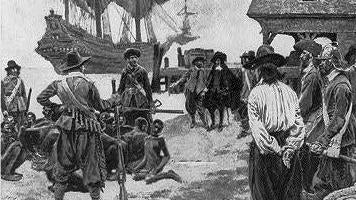
The first enslaved Africans were brought to Virginia by an English privateer ship, the White Lion, in late August 1619. Thanks to Nikole Hannah-Jones and her 1619 Project with the New York Times, the journey of those first “20 and odd Negroes” is now mainstream knowledge and used to spark conversations about the centuries-long fight for freedom in the Black American community.
Suggested Reading
1672: King Charles II of England charters the Royal African Company
Originally chartered in 1660 as the Company of Royal Adventurers Trading to Africa, the company fell apart during England’s war with the Netherlands. With a new charter and name in 1672, the Royal African Company held a monopoly on the slave trade in North America, exchanging enslaved Africans for goods.
1688: The 1688 Germantown Quaker Petition
This is the first abolition protest recorded against African enslavement in the Americas. The effort was led by Quakers in Germantown, Pennsylvania.
1711: NYC Opens Public Slave Market on Wall Street
The slave market operated until 1762, between Pearl and Webster Streets, where Native Americans were also traded alongside Africans. According to a NYC Parks plaque in the location, just months after the market opened, New York’s first slave uprising took place a few blocks away on Maiden Lane.
1738: Runaway Slaves Establish the First Free Black Settlement in Fort Mose, Florida
1752: Benjamin Banneker builds America’s first clock almost entirely out of wood
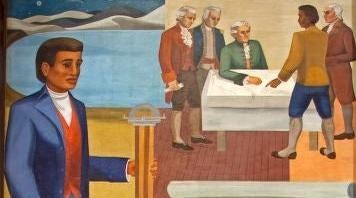
Banneker was the son of former slaves, self taught in math and astronomy. The clock, believed to be the first built in America, kept precise time for fifty years until his death, according to the Library of Congress. Banneker became well known for his almanacs, successfully predicting a solar eclipse, and being a part of the surveying team that would map out the U.S. capitol at Washington, D.C. Banneker and founding father Thomas Jefferson frequently wrote letters to one another and Banneker would challenge Jefferson about slavery, urging him to fight for abolition.
1775: The Revolutionary War
Enslaved Africans saw an opportunity to gain their freedom in the Revolutionary War. The British promised freedom to Black soldiers, and after several losses to the Red Coats, America did the same. By 1778, thousands of slaves were freed for their service. Still, thousands more used warfare in their states as cover to run away, fleeing during invasions.
1780: The Free African Union Society Founded in Rhode Island by Free Black People
The Free African Union Society is the first benevolent cultural organization founded by free Blacks in America. Established in Rhode Island, the organization focused on record keeping for the Black community there, financial assistance and apprenticeships.
1793: U.S. Inventor Eli Whitney Patents Cotton Gin
The cotton gin sped up the cotton production process by removing the seeds from cotton fiber, which was originally a painstakingly long process by hand. Slavery saw a sudden increase on Southern plantations because the cotton gin allowed farmers to have bigger crops for cotton.
1831: Nat Turner’s Rebellion, a deadly slave uprising, takes place in Virginia
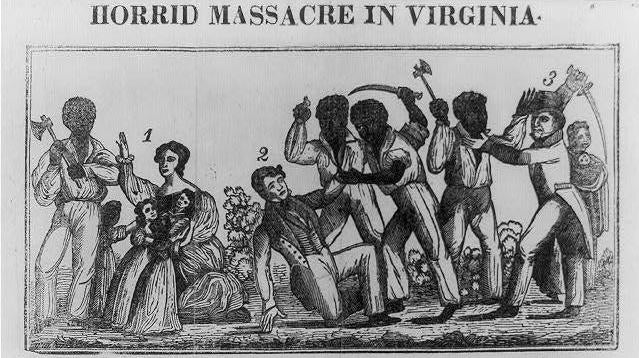
Nat Turner was an enslaved man and preacher who led a slave uprising in Southampton, Virginia. The uprising resulted in the death of approximately 55 white people, including the family that “owned” Turner. He hid for six weeks before he was discovered then hanged alongside followers. 56 Black people were executed for their participation in the revolt, hundreds more beaten and killed by white militias. The uprising led to harsher laws enacted for free and enslaved Black people across the South, including bans against teaching literacy, preaching and gathering in groups.
1837: Cheyney University of Pennsylvania established, America’s first and oldest historically Black university
1848: Harriet Tubman Gains Her Freedom
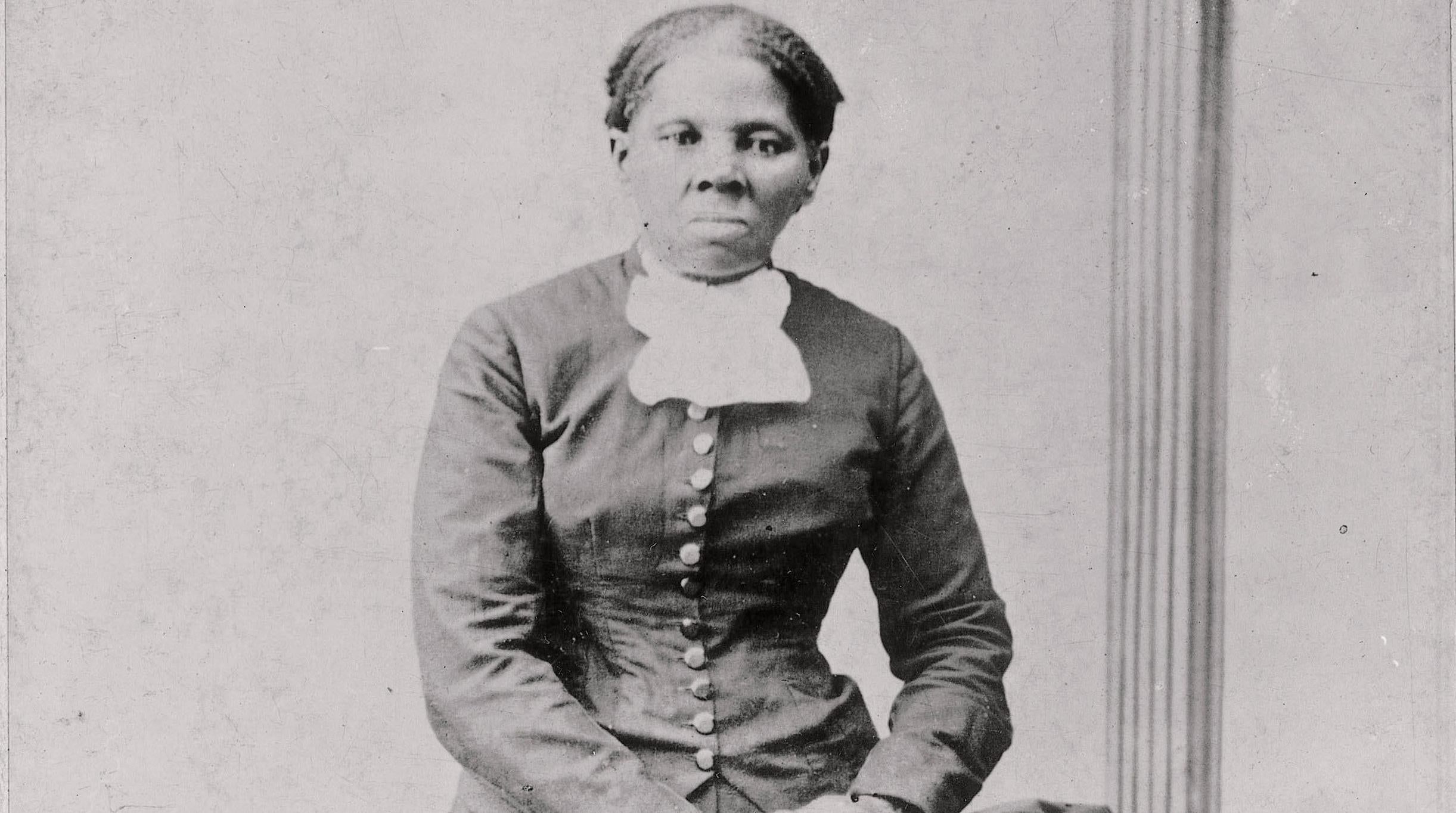
Harriet Tubman gains her freedom and becomes history’s most famous abolitionist, leading hundreds of enslaved Black people to their freedom in the North on the Underground Railroad. Tubman suffered from narcolepsy but never lost any person she rescued on trips to the North. She would later serve as a spy for the Union Army during the Civil War.
1850: The Fugitive Slave Act
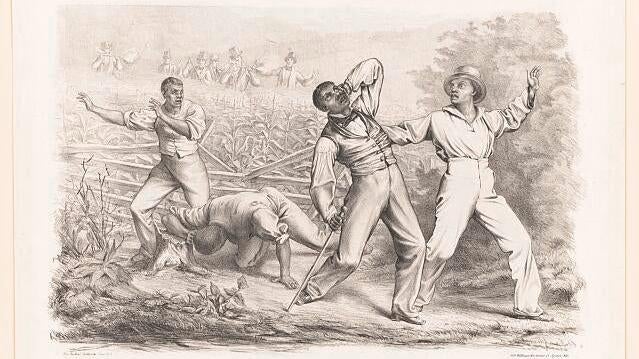
Fugitive Slave Act passed as part of the Compromise of 1850, required slaves to be returned to their owners even in free states.
1854: Lincoln University Established in Pennsylvania, the first degree granting HBCU
1856: Wilberforce University established in Ohio, the first historically Black university owned and operated by Black people
Wilberforce University in Ohio is the first historically Black university owned and operated by Black people created by the Cincinnati Conference of the Methodist Episcopal Church and the African Methodist Episcopal Church.
1857: Dred Scott v Sanford
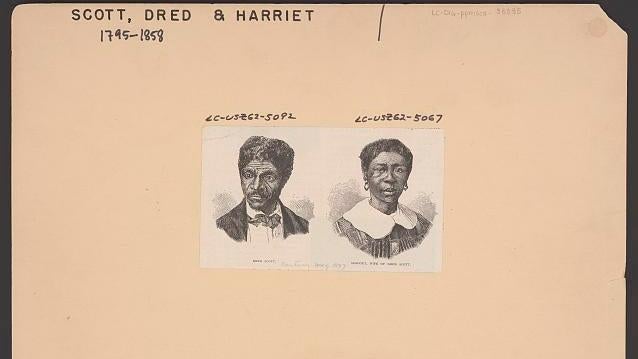
For years, enslaved Dred Scott and his family fought for their freedom. After being sold and transferred to different owners, Scott and his wife, Harriet, thought they had a case when they were moved from slave to free territory–twice. Federal laws made it illegal to re-enslave a Black person once they lived in free terrritory and allowed people to sue for wrongful enslavement. The Scotts sued their current owner, Irene Sanford, in a legal dispute that dragged on for an entire decade. That is, until the Supreme Court’s ruling in 1857: Black people were not citizens so they had no right to file lawsuits in court. Chief Justice Roger Taney wrote the majority dissenting opinion that included finding the Missouri Compromise unconstitutional and determining that the Fifth Amendment protected slave owners’ rights because Black people were property.
1859: John Brown’s Raid on Harpers Ferry
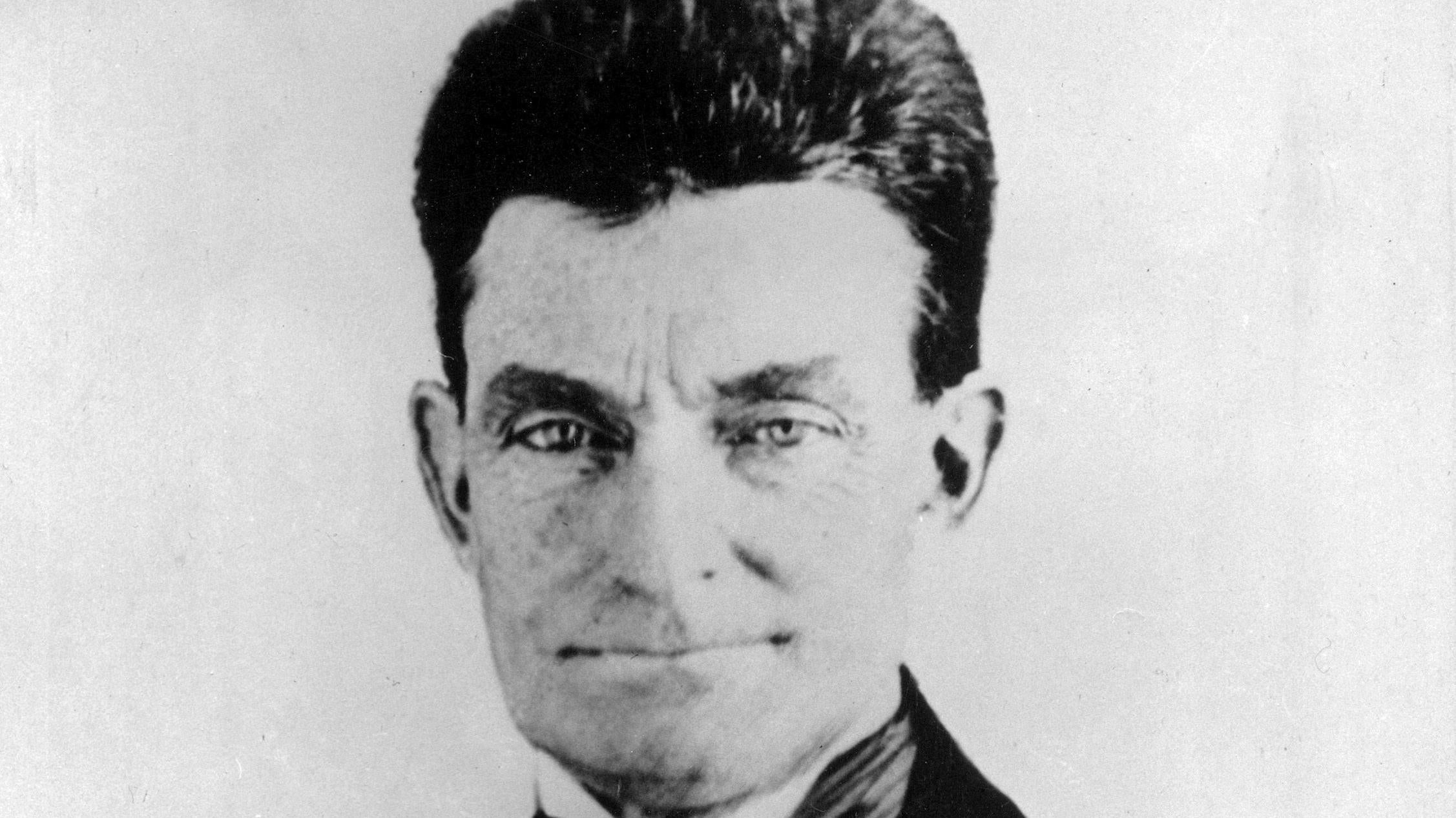
John Brown leads raid at the federal arsenal and armory at Harpers Ferry, Virginia, preparing to start an armed slave revolt
1860: Clotilda: The last known slave ship arrives in Alabama

In 1860, Timothy Meaher with Captain William Foster illegally carried over a hundred enslaved Africans on the Clotilda then wrecked and abandoned the ship to conceal their trip. The slave trade was made illegal back in 1808, but many slave owners in the South like Meaher continued it for years. After the Civil War, Africans brought on Meaher’s covert trip would go on to found Africatown, Alabama, where many of their descendants still live today. Remains of the Clotilda were found in Alabama’s Mobile River in 2019.
1861: Civil War and Emancipation
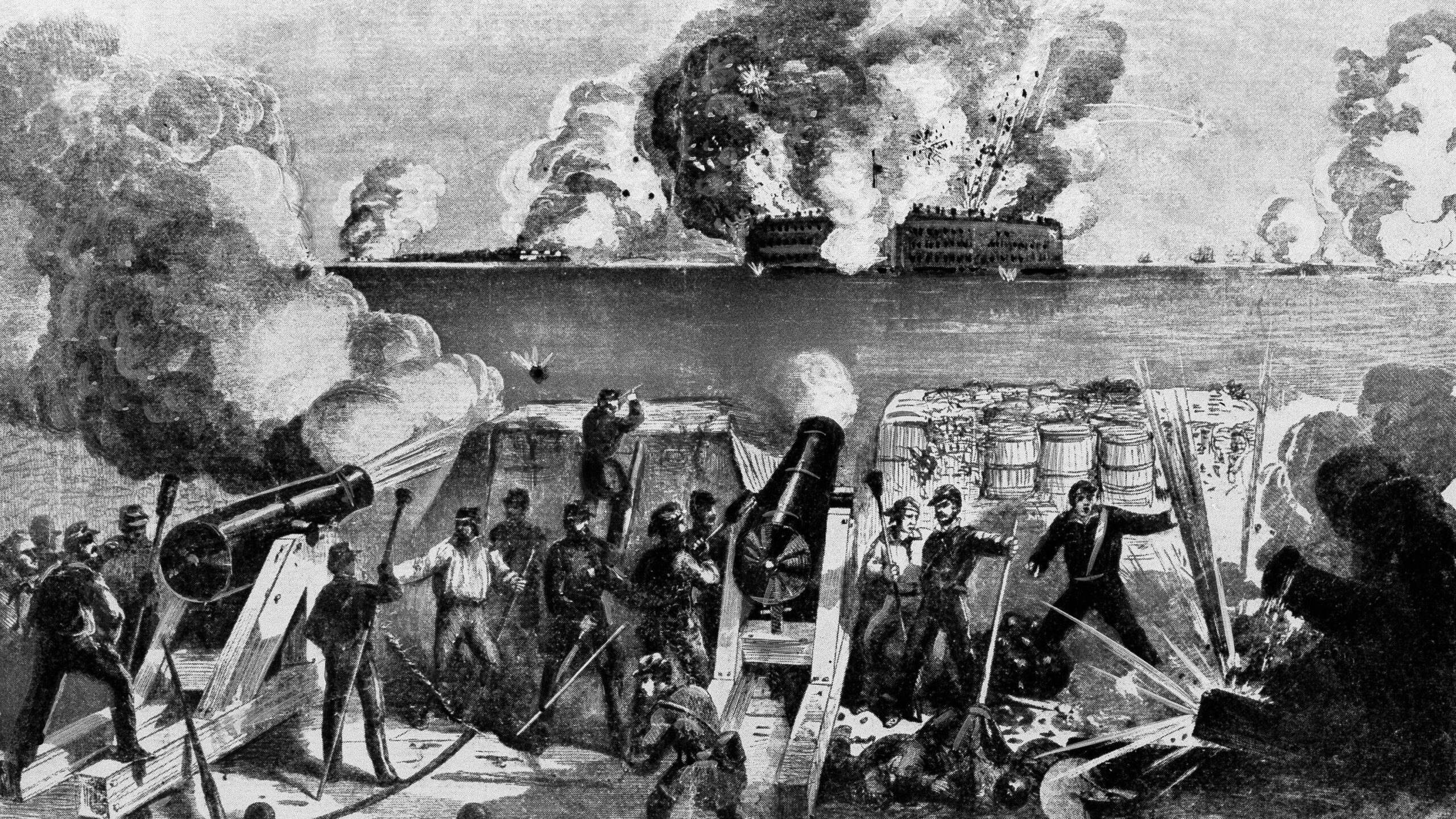
U.S. President Abraham Lincoln issued the Emancipation Proclamation during the Civil War, freeing enslaved Black people in the Confederate states on Jan. 1 1863 and allowing the newly freed Black population to enlist in the Union Army.
1865: Juneteenth
This day Union Army troops arrived in Galveston, Texas and announced to enslaved Black people there that they had been freed.
1887: Eatonville, Florida Established
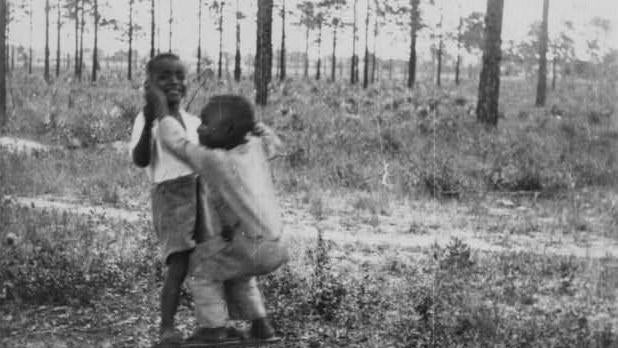
As if Eatonville hadn’t already made history, it’s most famous resident, Zora Neale Hurston, put her hometown on the map when she became one of the most prominent intellectuals and authors to come out of the Harlem Renaissance.
1896: Plessy v. Ferguson
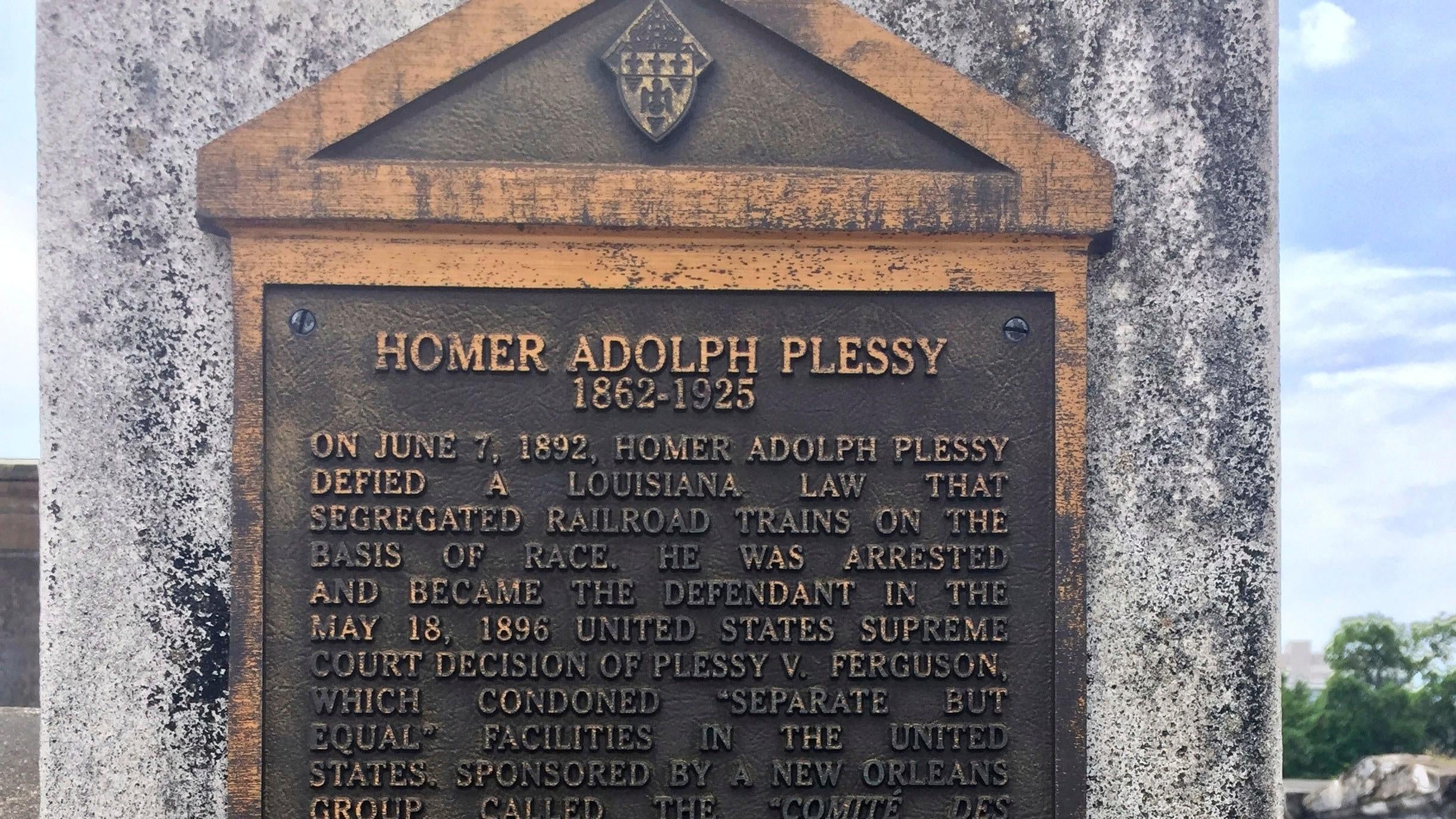
Homer Plessy, a 30-year-old mixed race shoemaker, pleaded guilty on Jan. 11, 1897 to breaking a Louisiana law that required Black and white people to ride in separate train cars. He was part of a small civil rights group, the Citizens Committee, boycotting the law. Louisiana Gov. John Bel Edwards pardoned Plessy in a ceremony in Jan. 2022.
1898: Wilmington Massacre
White supremacists targeted Black residents, Black businesses and the town newspaper, then forced the local government that included Black elected officials to resign en masse. It’s estimated that as many as 300 Black North Carolinans were killed that day.
1905: Niagara Movement Founded
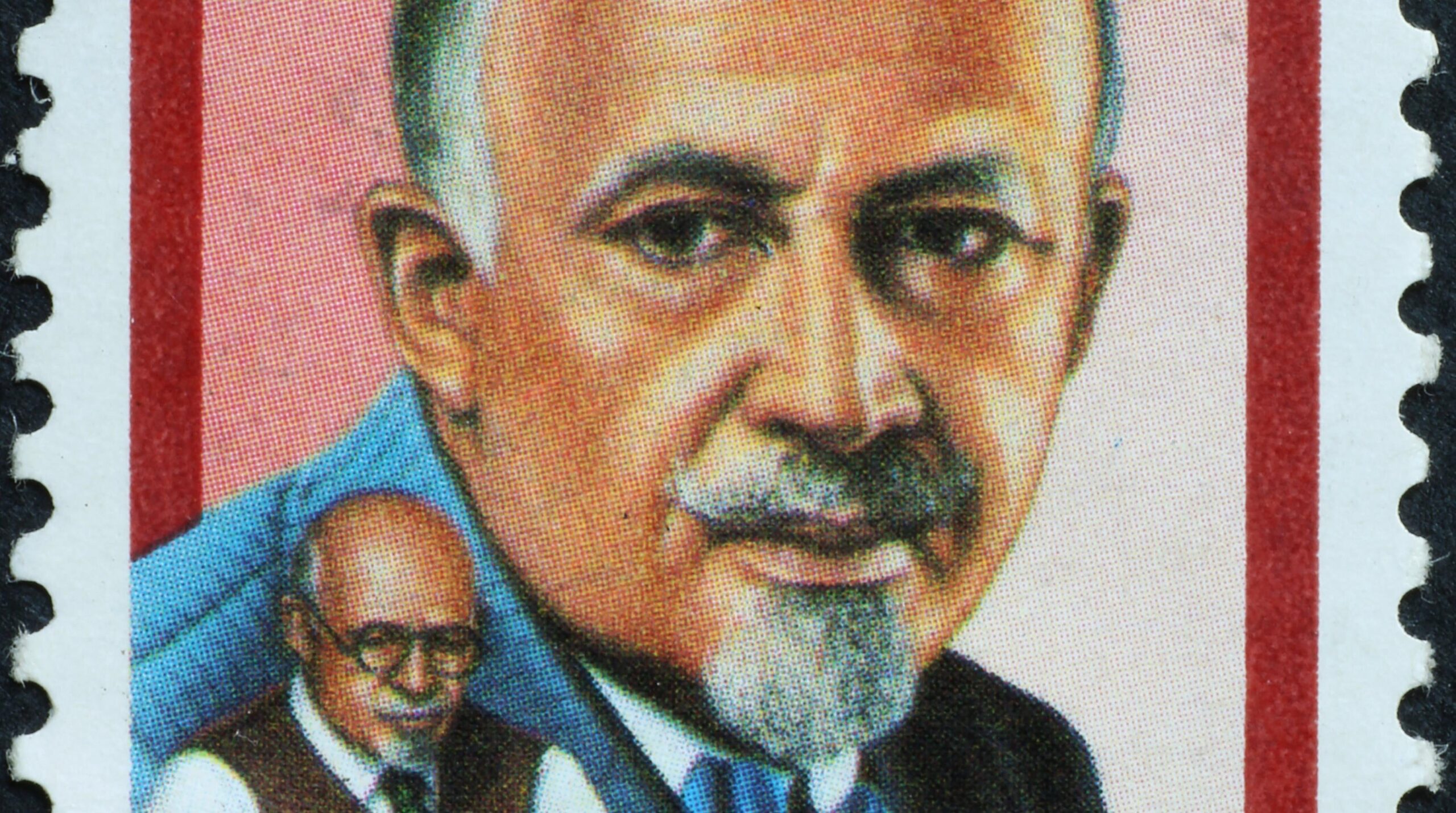
Founded by a group of African American men including W. E. B. DuBois and William Monroe Trotter near Niagra Falls.The movement focused on the fight for civil rights but had trouble securing funding since it was rather militant. This movement would be the forerunner to the National Association for the Advancement of Colored People, a.k.a the NAACP, which DuBois would also help found.
1909: NAACP Founded
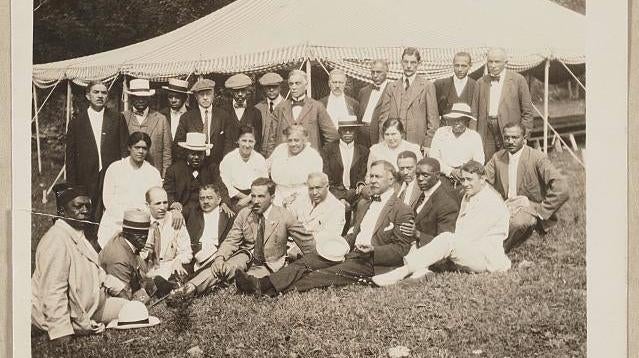
NAACP founded by interracial group of Americans including DuBois, Ida Bell Wells-Barnett and Mary White Ovington in New York. Fun fact: In 1900, NAACP leader James Weldon Johnson penned, “Lift Every Voice and Sing,” which would become known as the Black National Anthem for generations.
1910: National Urban League Founded
National Urban League founded by Dr. George Edmund Haynes and white philanthropist Ruth Standish Baldwin in New York to serve Black migrants from the South
1914: Marcus Garvey founds the Universal Negro Improvement Association
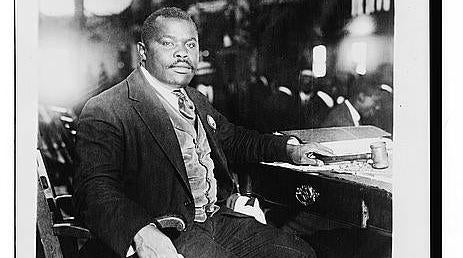
Garvey, a black nationalist and Pan-Africanist from Jamaica, became the face of a “Back to Africa” movement and Black separatist views after he began the UNIA in New York.
1920: The Harlem Renaissance or New Negro Movement
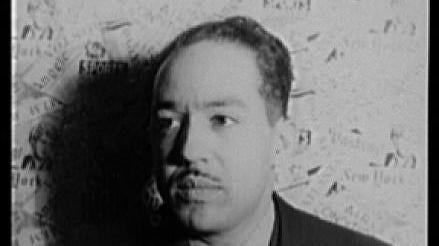
1920: Negro National Baseball League is founded to help end racial segregation
1921: Black Swan Records
Black Swan Records founded by Harry Pace is the first widely distributed jazz and blues record label for Black people and owned by Black people in Harlem, New York.
1921: The Tulsa Massacre
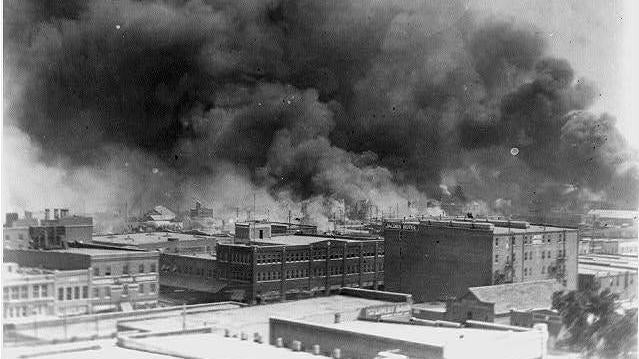
The Tulsa Massacre takes place in the Greenwood District of Tulsa, Oklahoma. White rioters and looters nearly destroy “Black Wall Street” after a story about Black 19 year-old Dick Rowland and white 17 year-old Sarah Page sharing an elevator spins out of control on the rumor mill.
1922: The Dyer Anti-Lynching Bill
The Dyer Anti-Lynching Bill,making lynching a federal crime, passes the U.S. House of Representatives due to the efforts of the NAACP and journalist Ida B. Wells. It was defeated in a Southern Democratic filibuster in the Senate.
1923: Marcus Garvey Goes to Prison for Mail Fraud
Garvey was arrested and charged with mail fraud in 1922. While on trial in 1923 with three other defendants facing the same charges, Garvey decided to represent himself in court. He was found guilty and sentenced to five years in prison with a $1,000 fine. Everyone else went free.
1926: Negro History Week Celebrated for the First Time
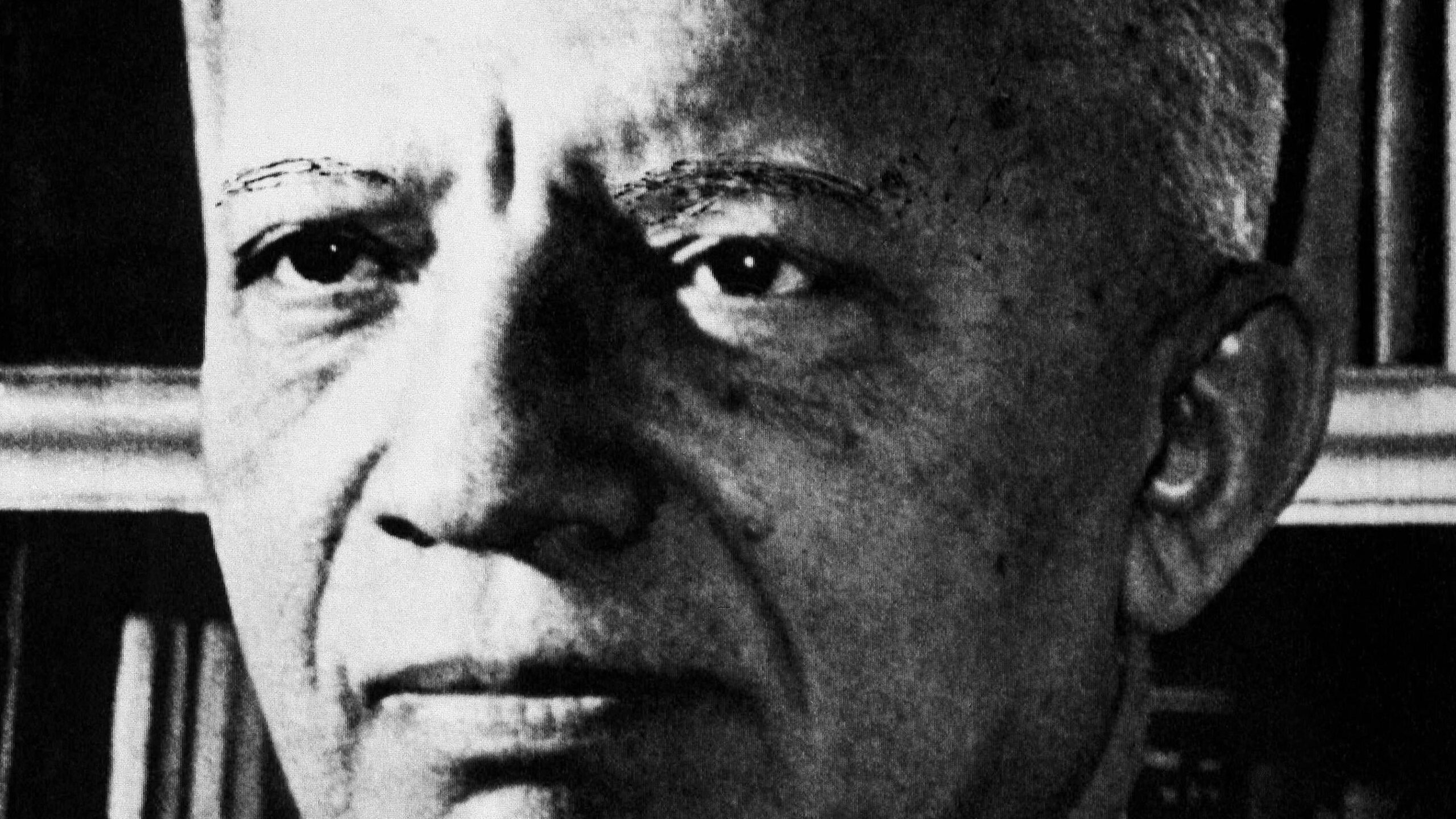
Negro History Week was created by historian Carter D. Woodson. This later becomes Black History Month in 1976 thanks to President Gerald Ford.
1927: Harlem Globetrotters play their first road game in Hinckley, Illinois against the Hinckley Merchants.
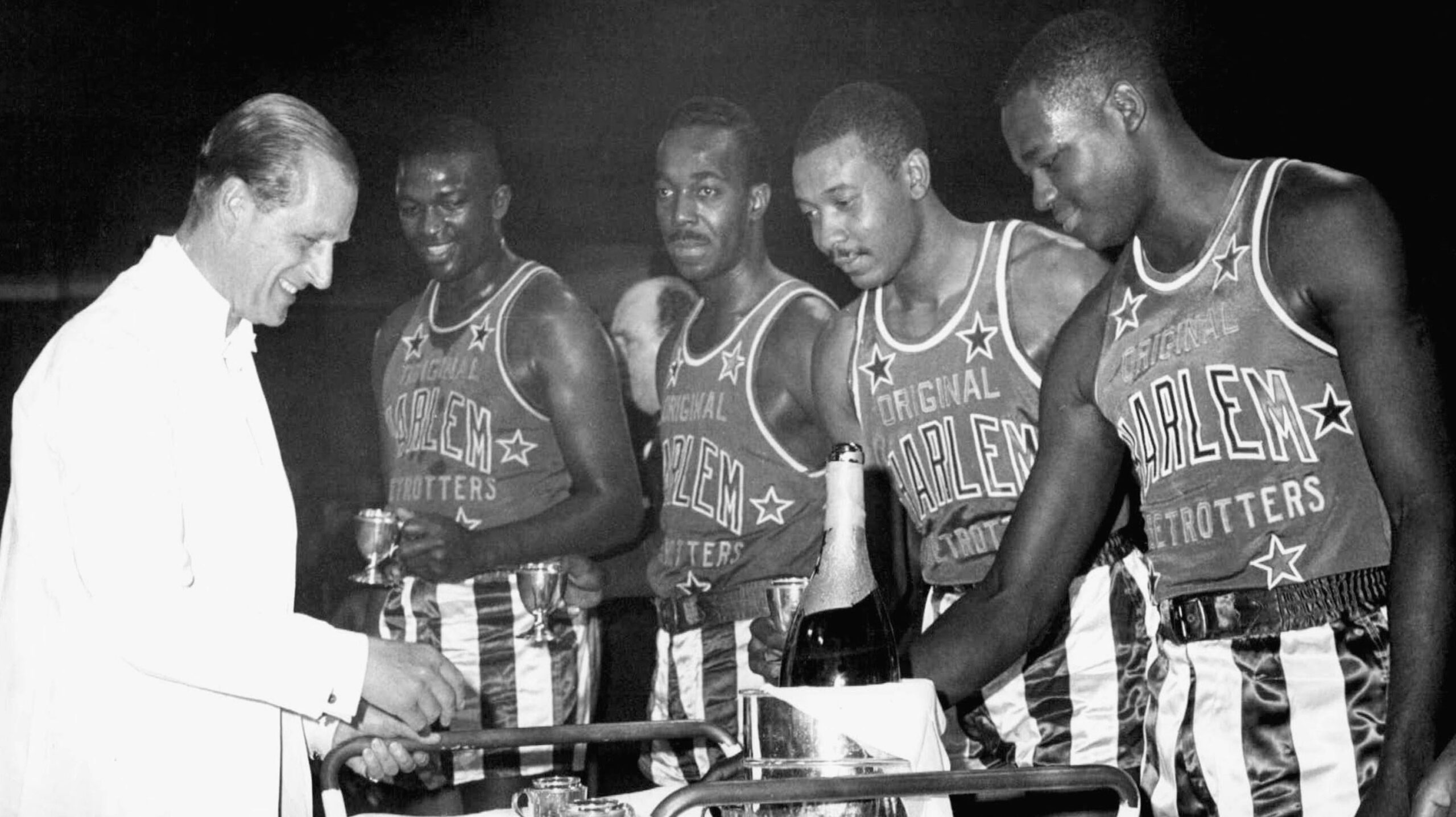
1930: Nation of Islam founded in Detroit, Michigan by Elijah Muhammad.
1931: The Scottsboro Boys
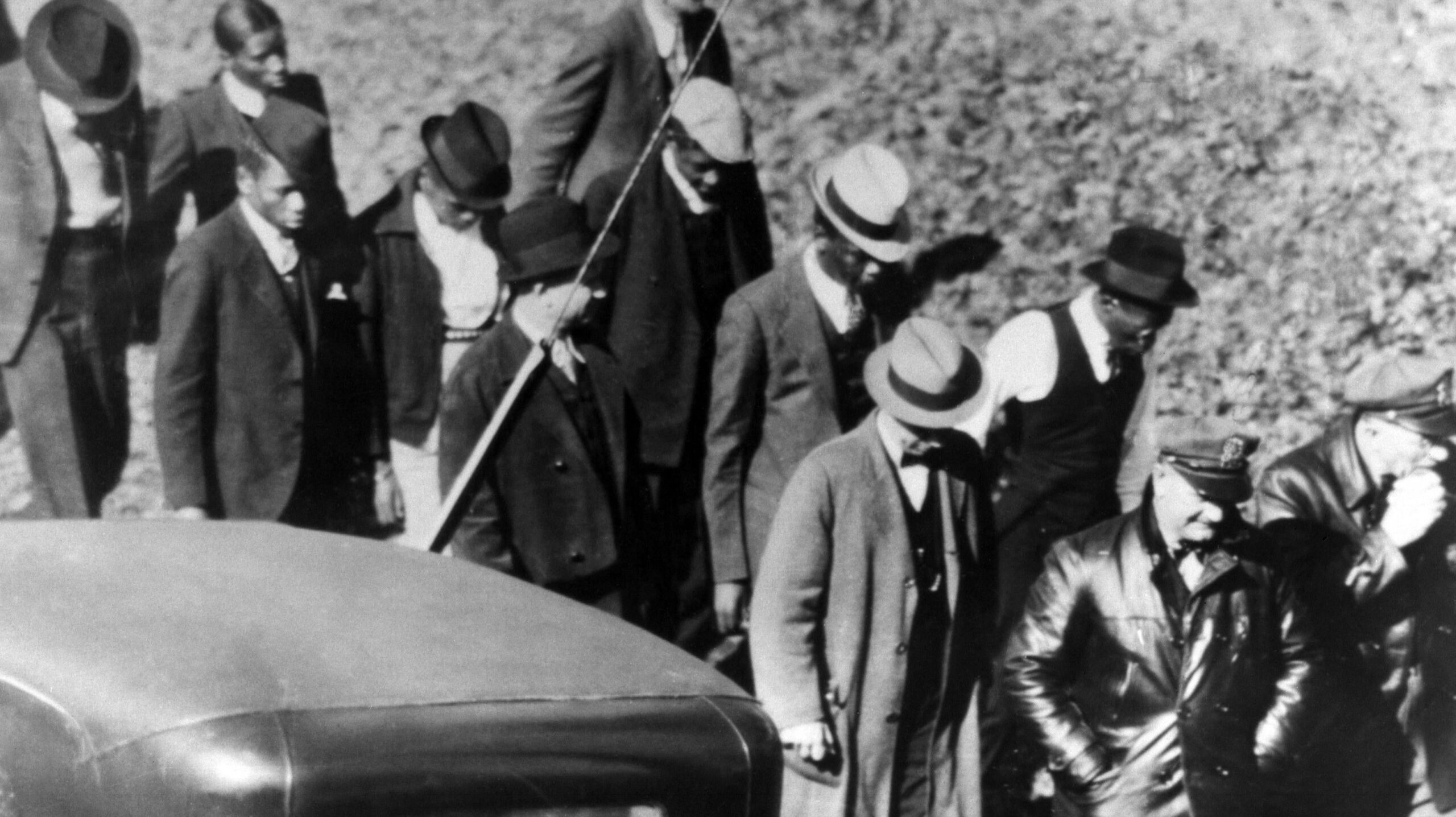
Nine Black teenagers falsely accused of raping two white Alabama women on a train go down in history as “The Scottsboro Boys” over nearly a decade of trials and retrials.
1932: The Tuskegee Experiment Begins
In the “Tuskegee Study of Untreated Syphilis in the Negro Male,” also known as the Tuskegee Syphilis Study, medical workers withheld treatment from nonconsenting and unsuspecting Black men infected with syphilis so they could study how the disease affected the body. The Associated Press exposed the study in an investigation published on July 26, 1972.
1935: National Council of Negro Women Founded by Dr. Mary McLeod Bethune
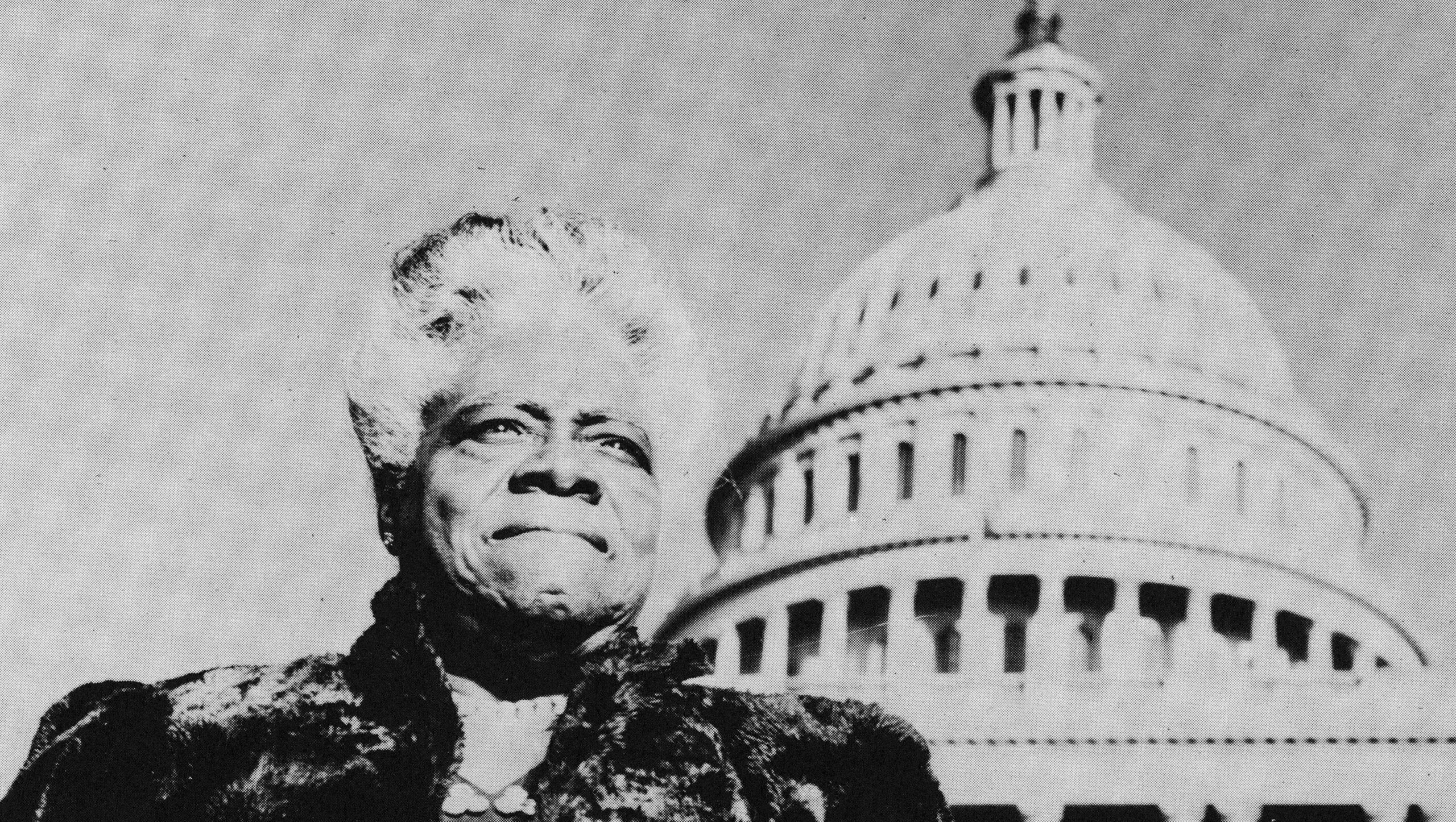
Dr. Bethune, an educator, presidential advisor and pioneer in both civil and women’s rights, would also found Bethune-Cookman University, an HBCU in Florida, in 1923.
1941: Tuskegee Airmen
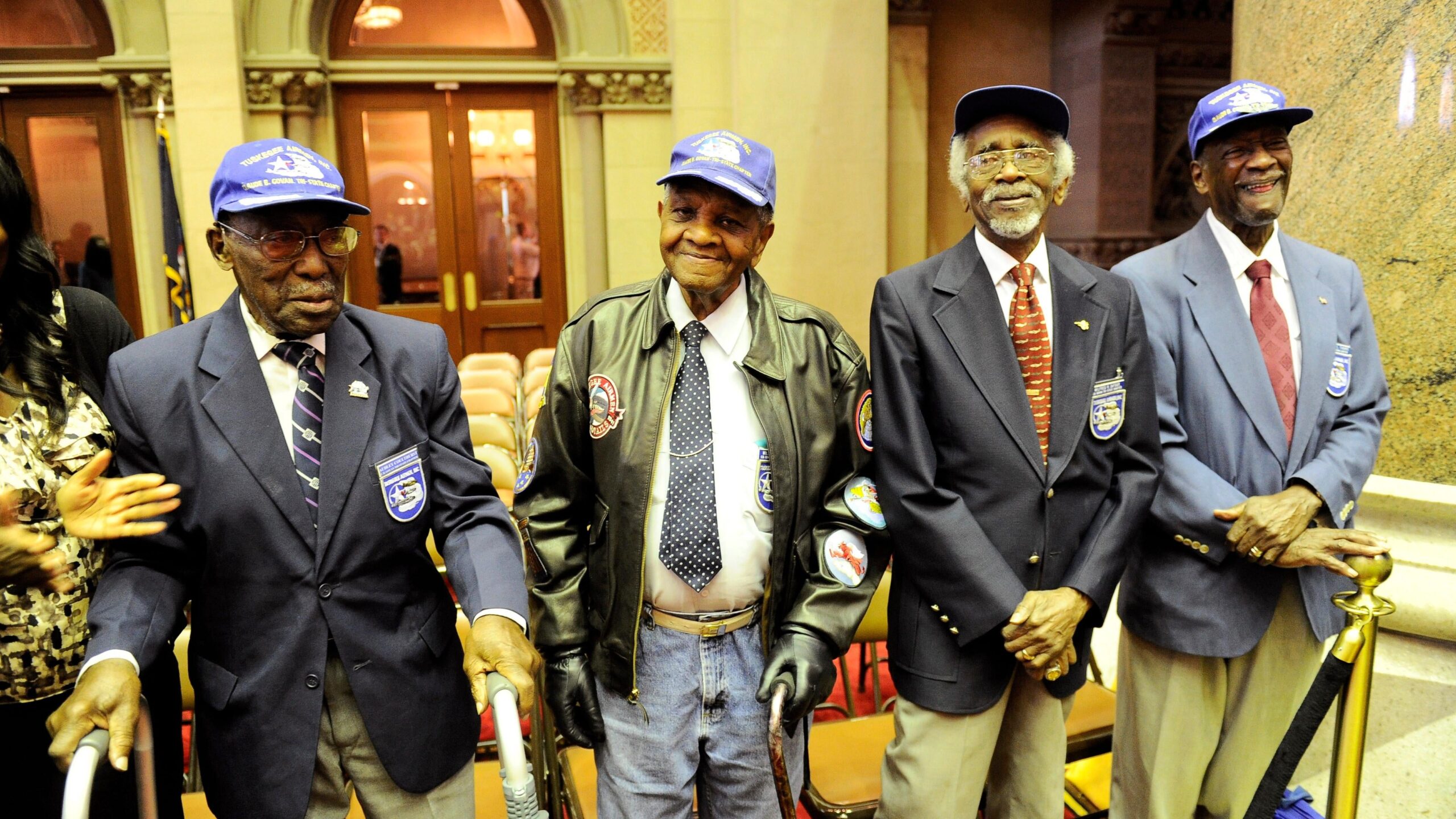
The first group of Black military airmen, the Tuskegee Airmen, were trained to be pilots, navigators and bombardiers. Including the all-Black 332nd Fighter Group, these men aided America’s victory in World War II by escorting bombers. One renowned airman, Charles McGee, graduated from the Tuskegee Airmen having flown over 400 missions.
1943: Detroit Race Riots
As a result of tension built from poverty and harassment from white workers, a fight broke out among Black and white youth on Belle Isle Island. Greater violence ensued as rumors of raciallly motivated attacks infuriated mobs, leading to a request for national troops. These tensions would still exist over two decades later, only to be ignited again after a police raid at a bar in 1967 sparked the deadly Detroit Rebellion or 12th Street Riot.
1944: Smith v. Allwright
The Democratic Party of Texas required all voters to be white as part of state law. Black Houston dentist Lonnie E. Smith sued a Texas county election official for being denied the right to vote in the primary election. Then-lawyer Thurgood Marshall argued to the Supreme Court that Texan Democrats were keeping Black people from voting in the primary, violating their 15th and 14th Amendment rights. The outcome resulted in the overruling of the 9-year-old Grovey v. Townsend case which initially allowed Texas to place race-based restrictions on voting. Following Smith, the number of Black voters in the South rose by 100,000, totaling to one million by 1952.
1944: The United Negro College Fund Established
The United Negro College Fund established following a letter to The Pittsburgh Courier by Frederick D. Patterson suggesting the collaboration of Black colleges to raise money for their benefit.
1945: Ebony Magazine’s First Issue
Founded by John H. Johnson, Ebony published its first magazine November of 1945 depicting the life, culture and achievements of Black Americans.
1946: Morgan v. Virginia
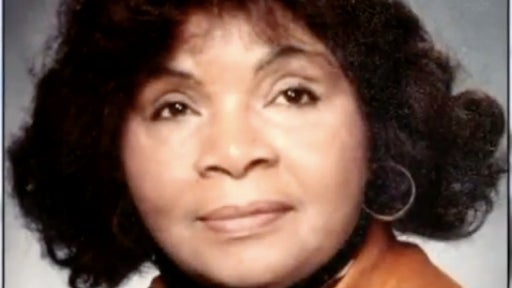
Irene Morgan was riding a Greyhound from Virginia to Baltimore when she was arrested for refusing to give her seat up for a white person. The NAACP helped bring her case to the Supreme Court. The result was the Court overturning a Virginia law that required segregation on buses, which violated the commerce clause.
1946: King Cole Trio Time
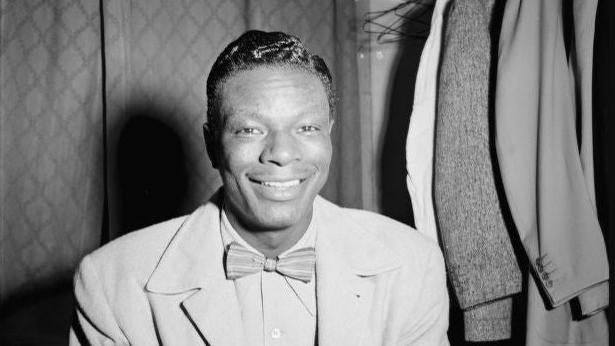
Singer and pianist Nat King Cole hosts a 15-minute radio segment called King Cole Trio Time with guitarist Oscar Moore and bassist Wesley Prince, the first radio show sponsored by a Black musician. Cole will also become the first African American to host a weekly national variety television program, the Nat King Cole Show, in 1956.
1947: Jackie Robinson Joins the Brooklyn Dodgers
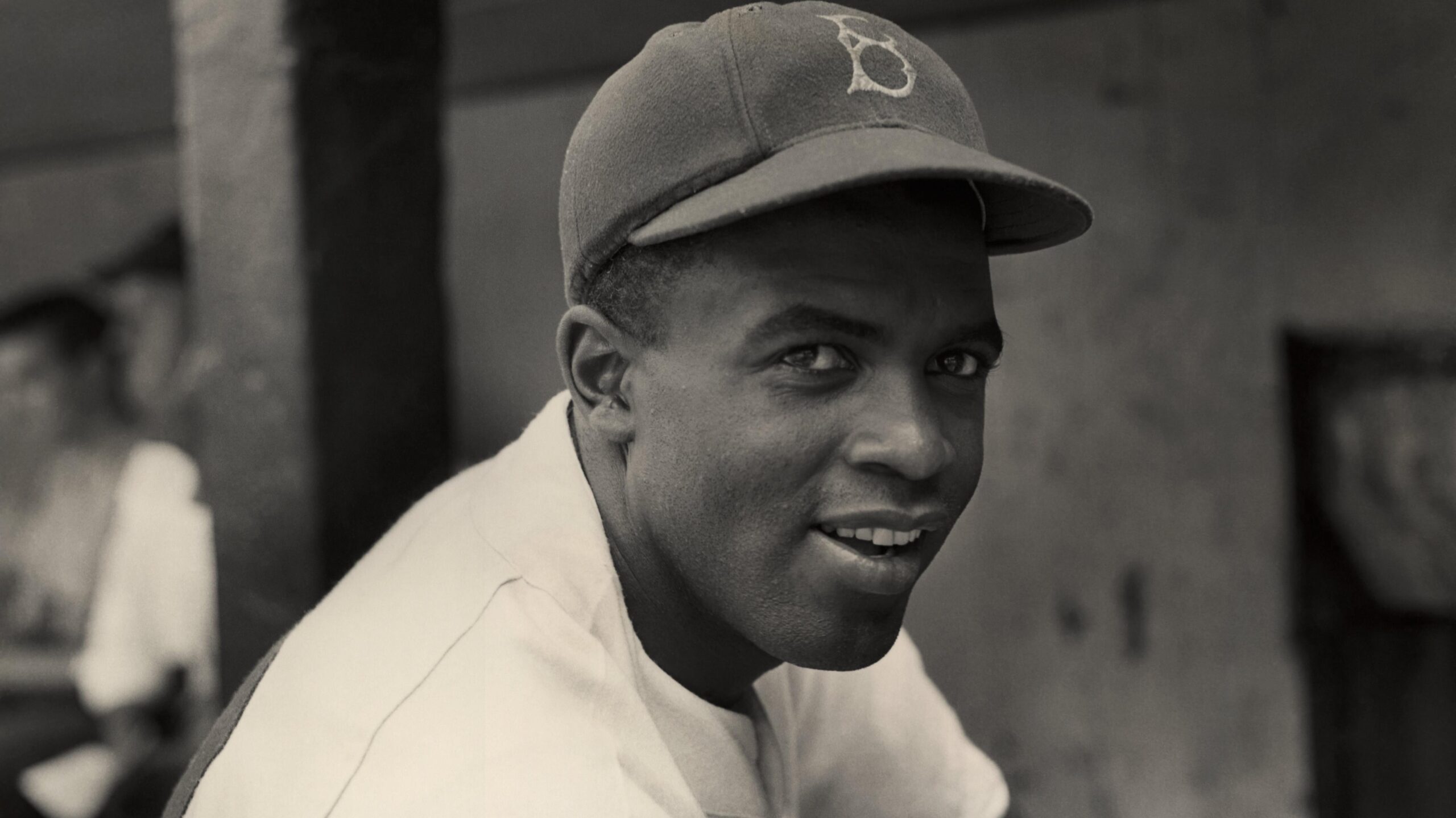
On April 15, 1947, Jackie Robinson made history as the first African American Major League Baseball player, joining the Brooklyn Dodgers at Ebbets Stadium.
1948: Sugar Hill Times
Sugar Hill Times, previously known as Uptown Jubilee, premiered on CBS as America’s first television show with an all-Black cast.
1948: The U.S. Army Integrates
Executive Order 9981, signed by President Harry S. Truman marked the desegregation of the U.S. armed forces and established the President’s Committee on Equality of Treatement and Opportunity in the Armed Services.
1948: Alice Coachman Wins Olympic Gold Medal
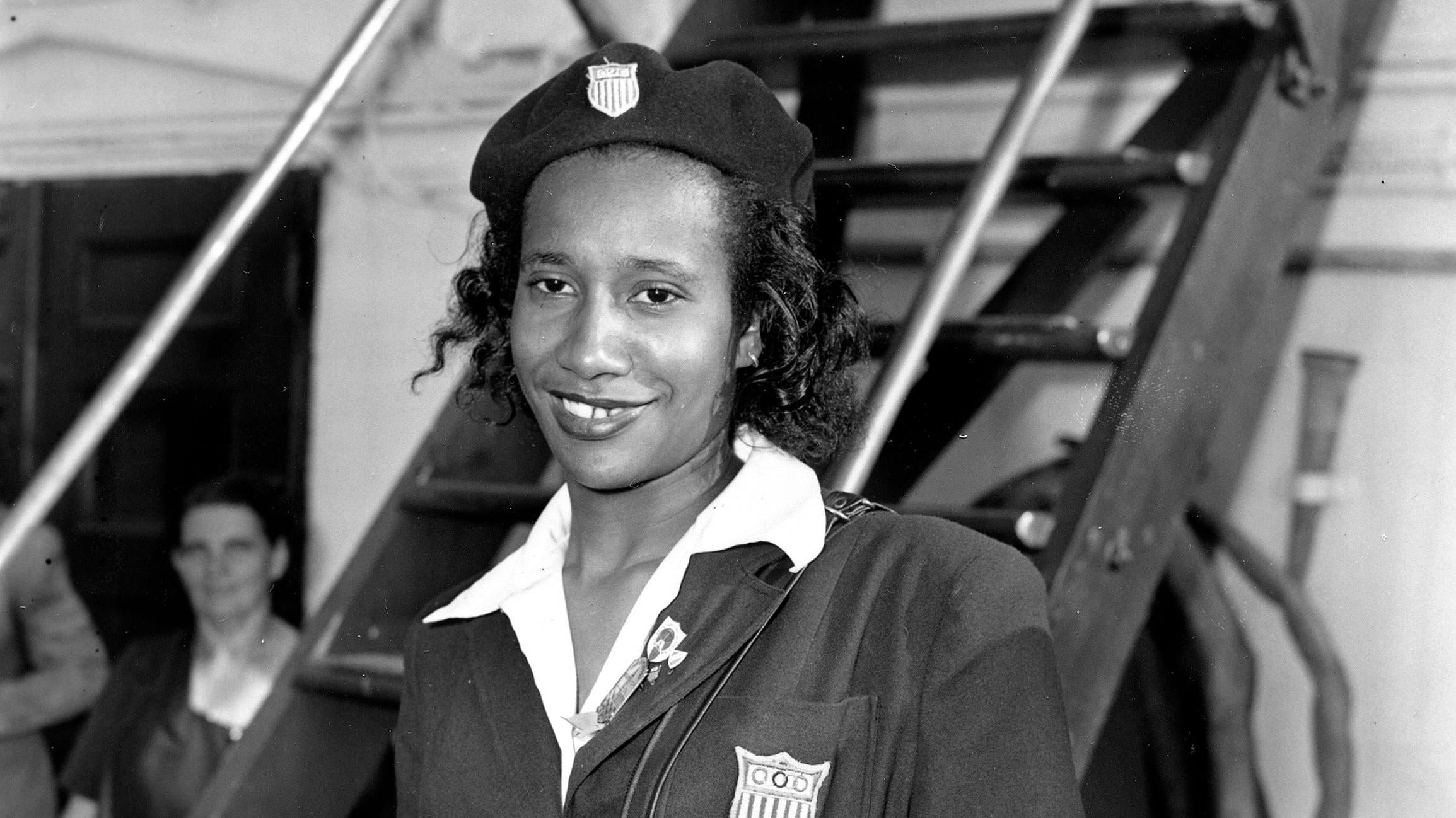
Alice Coachman becomes the first Black woman to win an Olympic gold medal in the 1948 Games held in London, where she cleared the high jump bar at five feet and six inches on her first jump.
1950: Gwendolyn Brooks became the first African American to win a Pulitzer Prize for her poetry book Annie Allen.
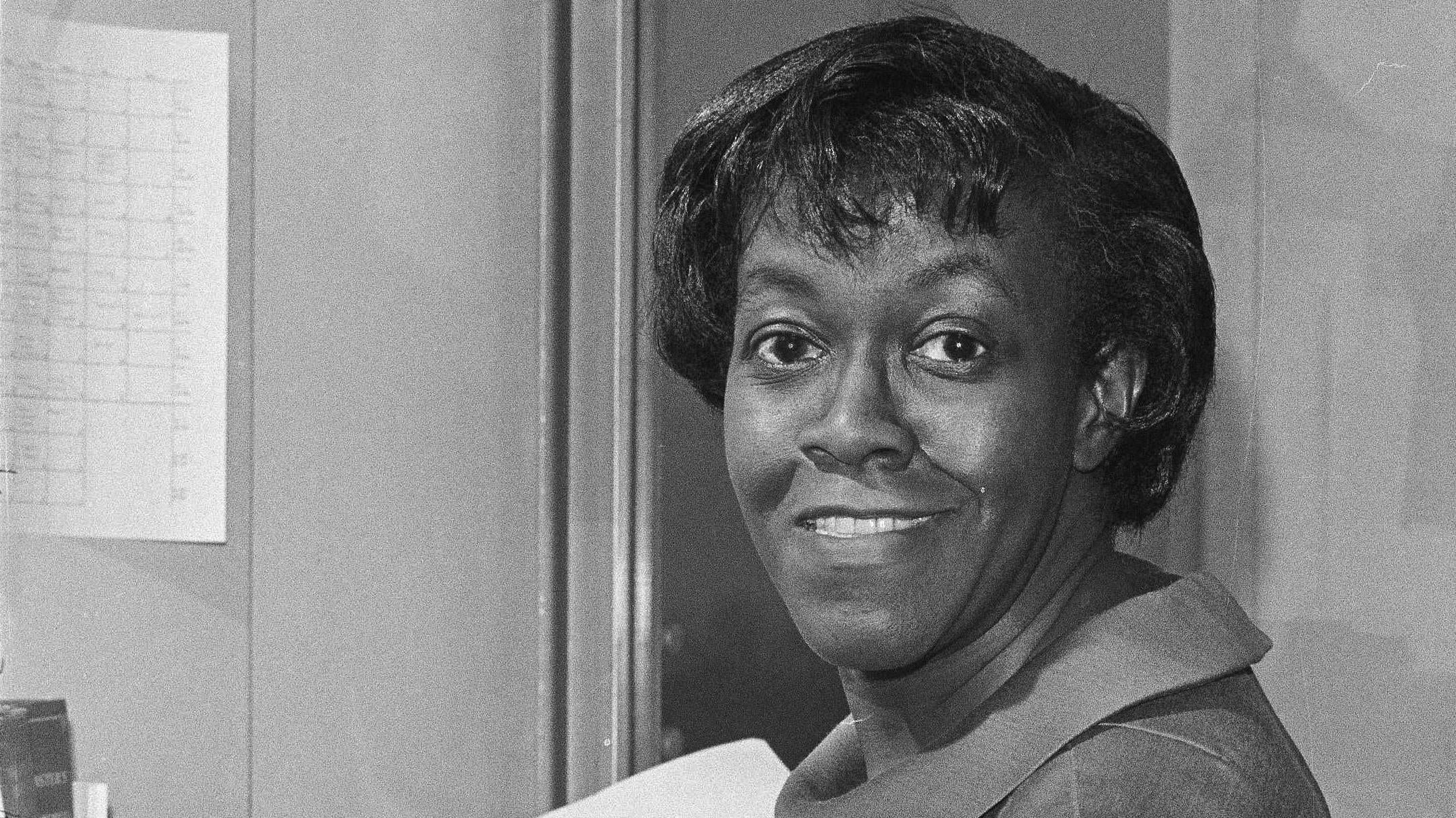
1950: The NBA Integrates
In the 1950 basketball player drafts, the Washington Capitols recruited guard Harold Hunter from North Carolina College who became the first official Black player in the National Basketball Association.
1951: Cicero Riots
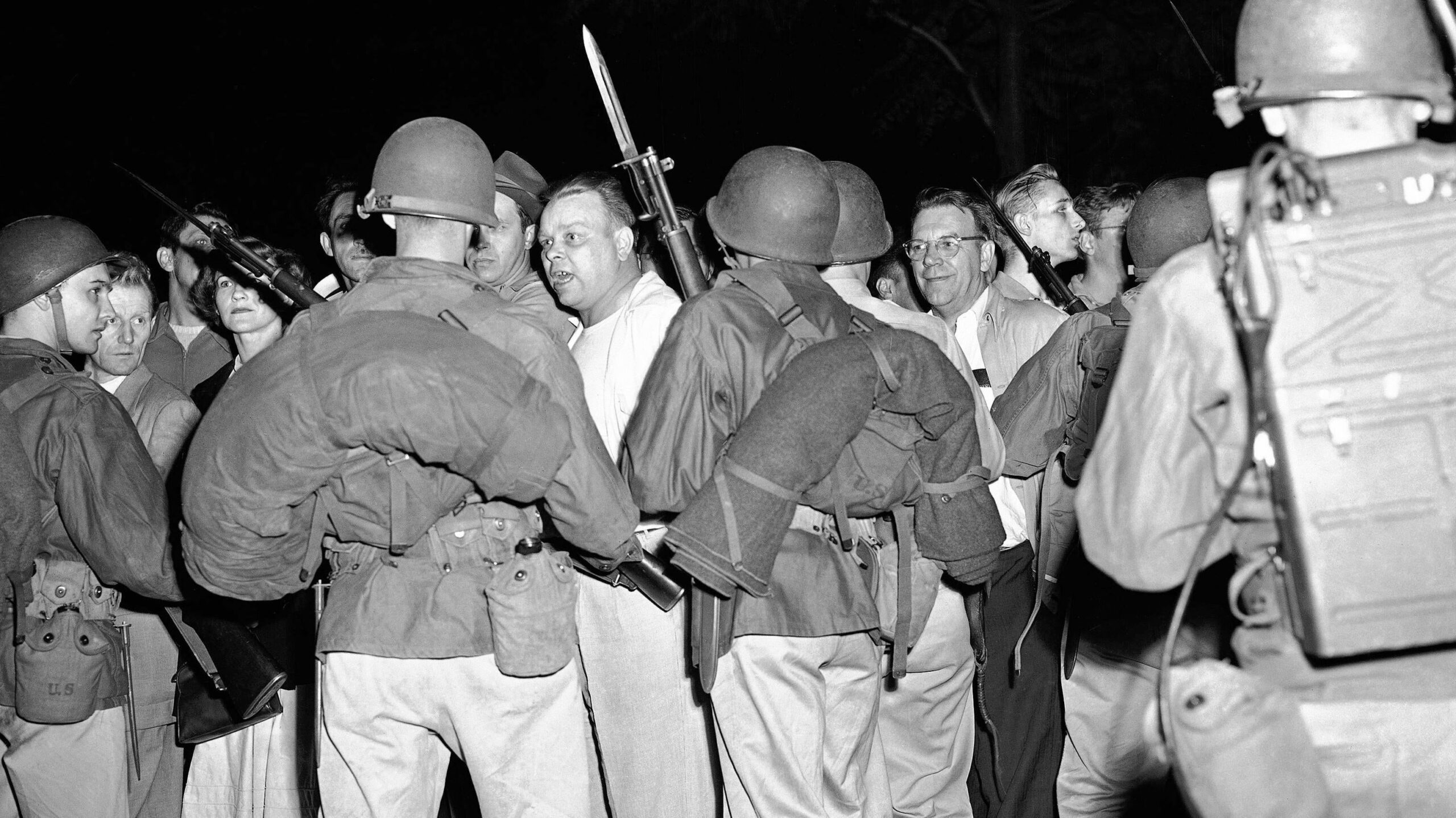
After a young Black couple and their two children moved into an apartment in all-white Cicero, Illinois, a white mob ransacked their home, vandalizing their belongings and ran the family out of town resulting in interference from the National Guard.
1953: Baton Rouge Bus Boycotts
The NAACP organized with local Black leaders to form the United Defense League to protest bus segregation, the first major bus boycott of the South.
1954: Brown v. Board Of Education
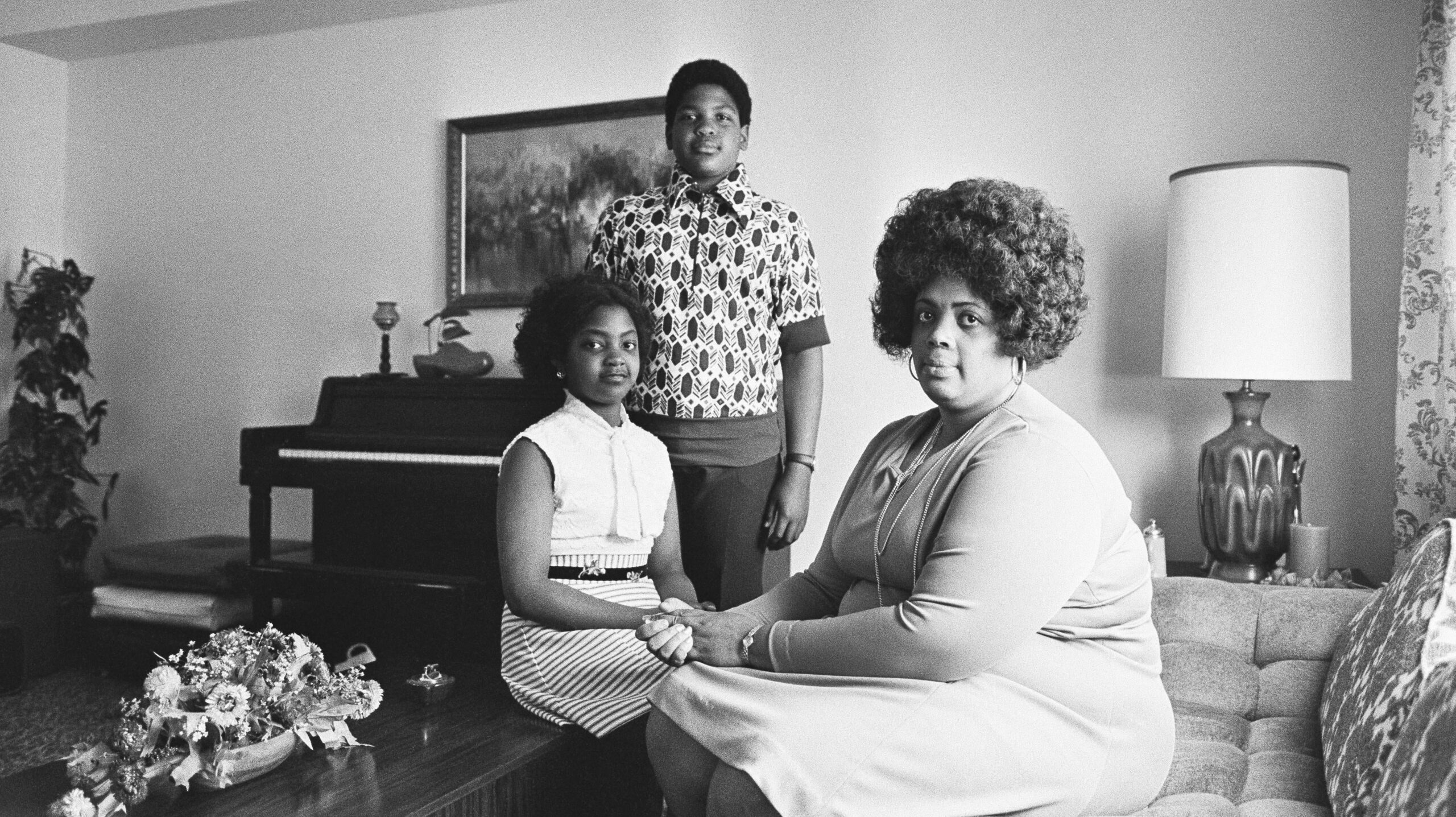
This suit was an umbrella for five cases concerning public school segregation. Thurgood Marshall and the NAACP Legal Defense and Education Fund helped the plaintiffs come before the Supreme Court in 1952. Marshall argued public school segregation violated the equal protection clause. In a unanimous decision in 1954 the court ruled segregation as being inherently unequal. Thus, states were ordered to desegregate their schools.
1955: Claudette Colvin Refuses to Give Up Her Seat
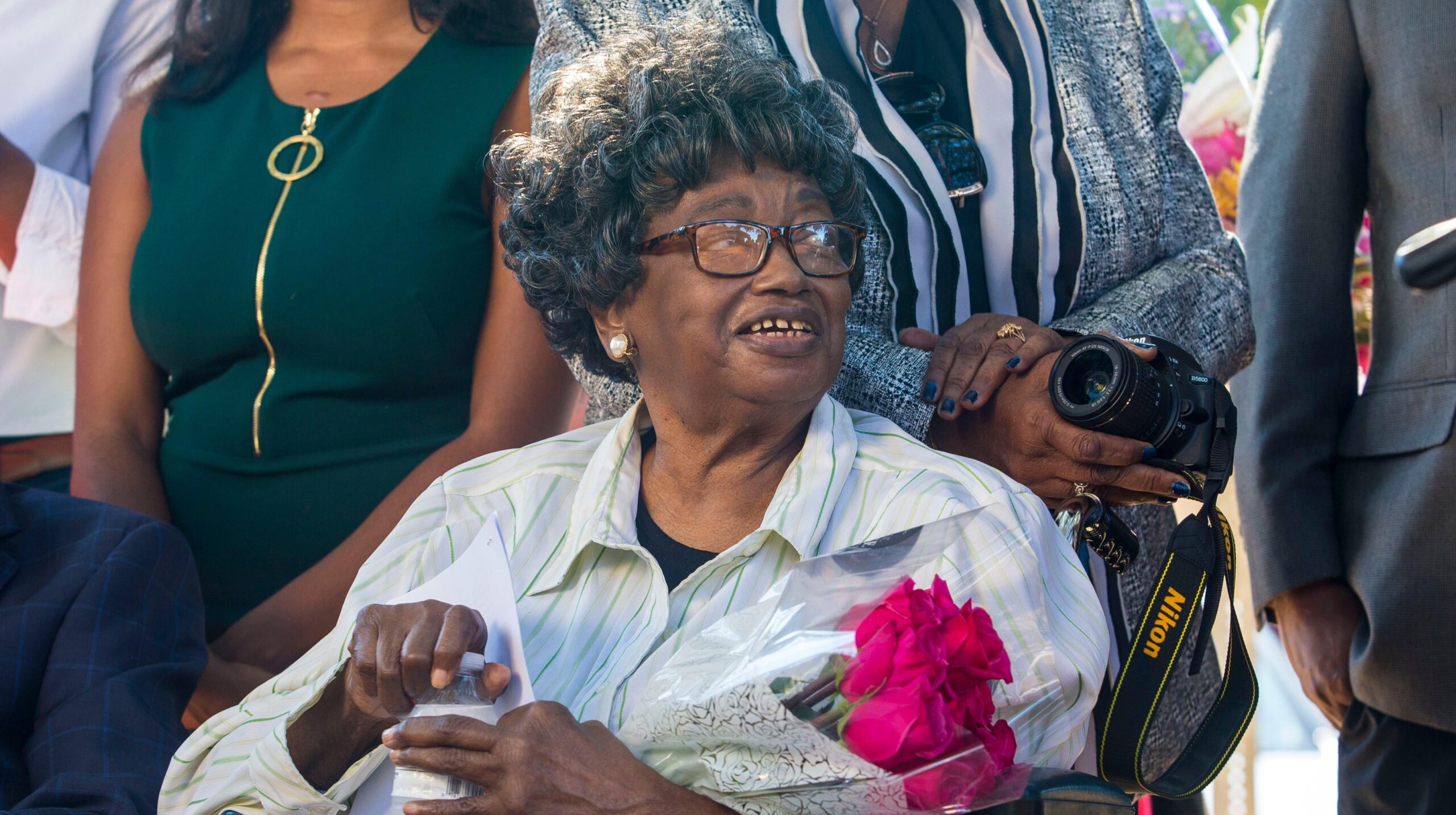
At 15 years old, Claudette Colvin refused to give her seat up to a white woman on a crowded segregated bus in Montgomery, Alabama.
1955: The Lynching of Emmett Till
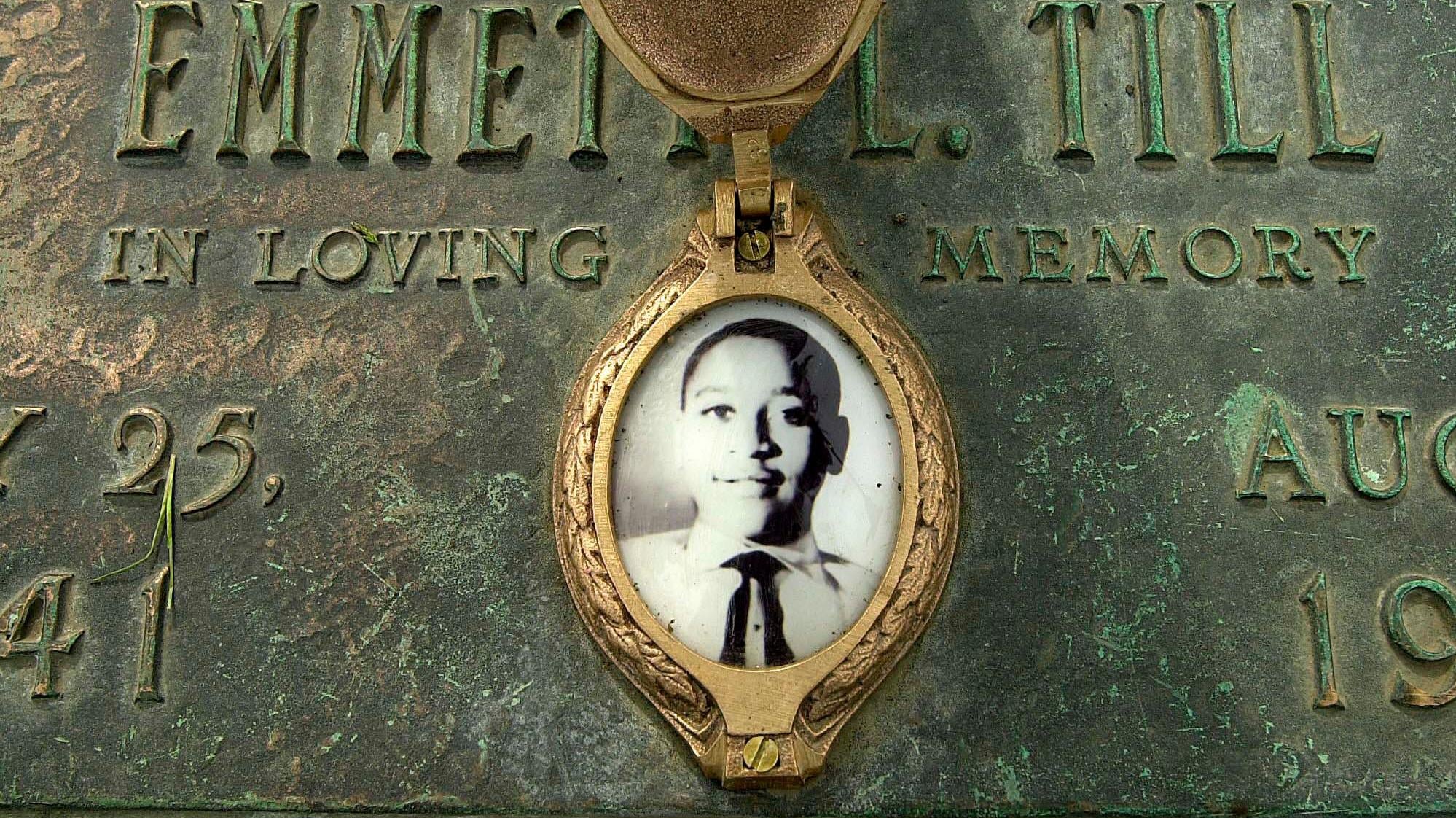
A gang of white men brutally tortured and murderd 14-year-old Emmett Till after being accused of whisteling at a white woman. Till’s mother held an open casket funeral to make a public statement on lynching and its horror.
1955: Rosa Parks and the Montgomery Bus Boycott
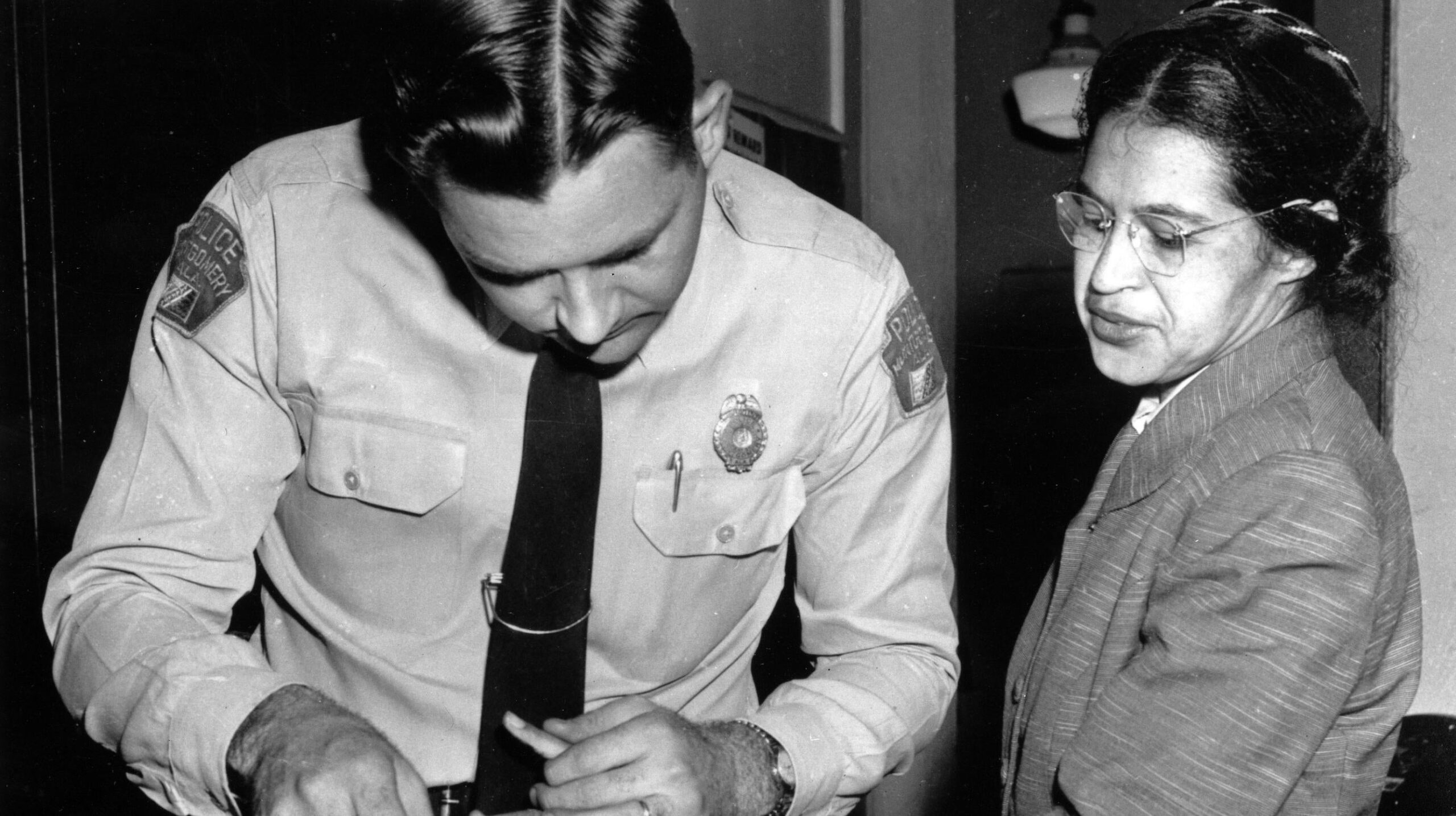
December 1, 1955 Rosa Parks refused to give her seat to a white man on a Montgomery, Alabama bus. Parks was arrested leading to an organized bus boycott headed by Dr. Martin Luther King including sit-in protests to fight for equal rights.
1957: The Little Rock Nine
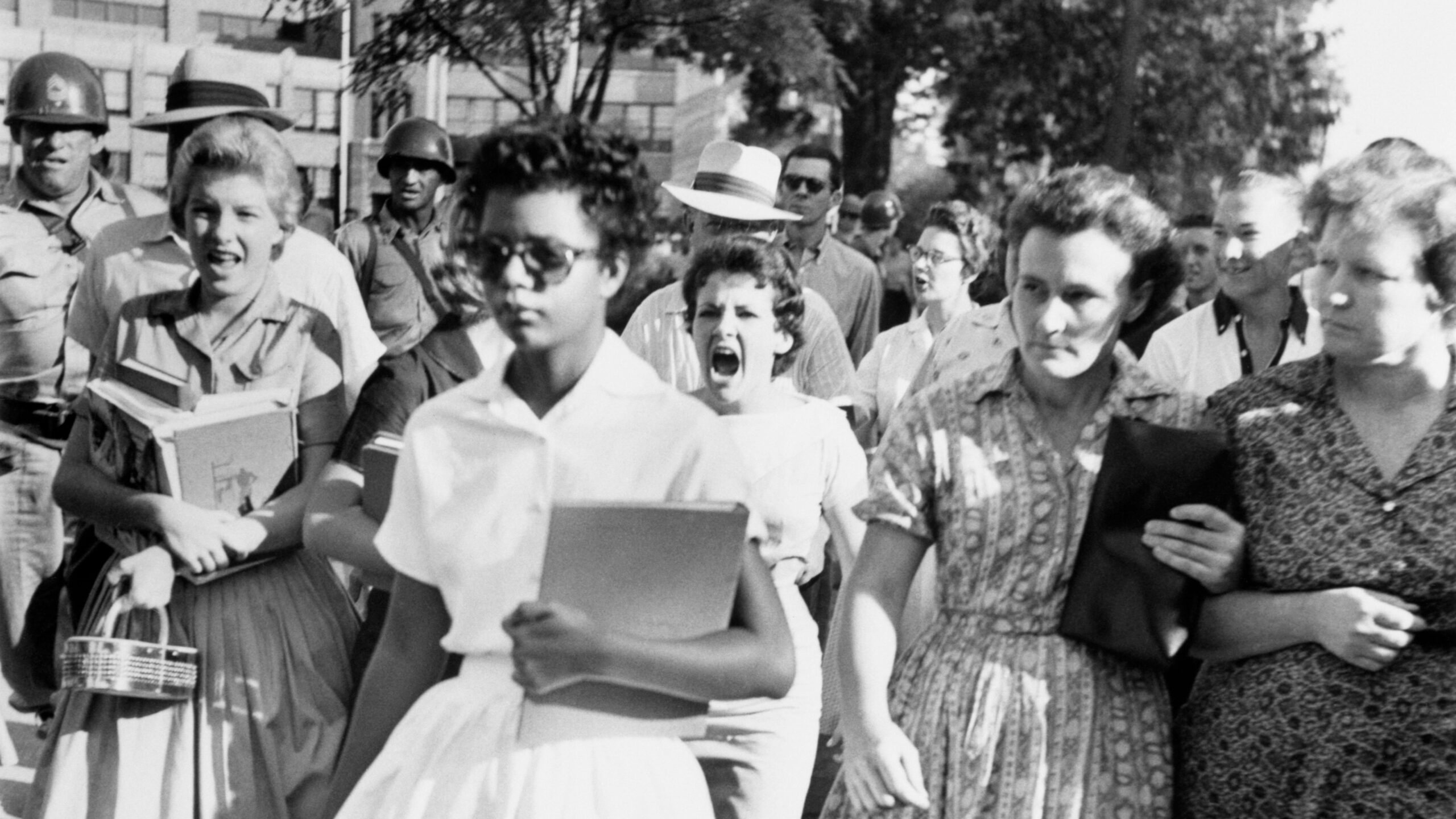
Nine Black students were escorted by the National Guard through an angry white mob throwing trash and yelling obscenities at them, just so they could reach the front steps of Central High School upon its desegregation.
1959: Motown Records
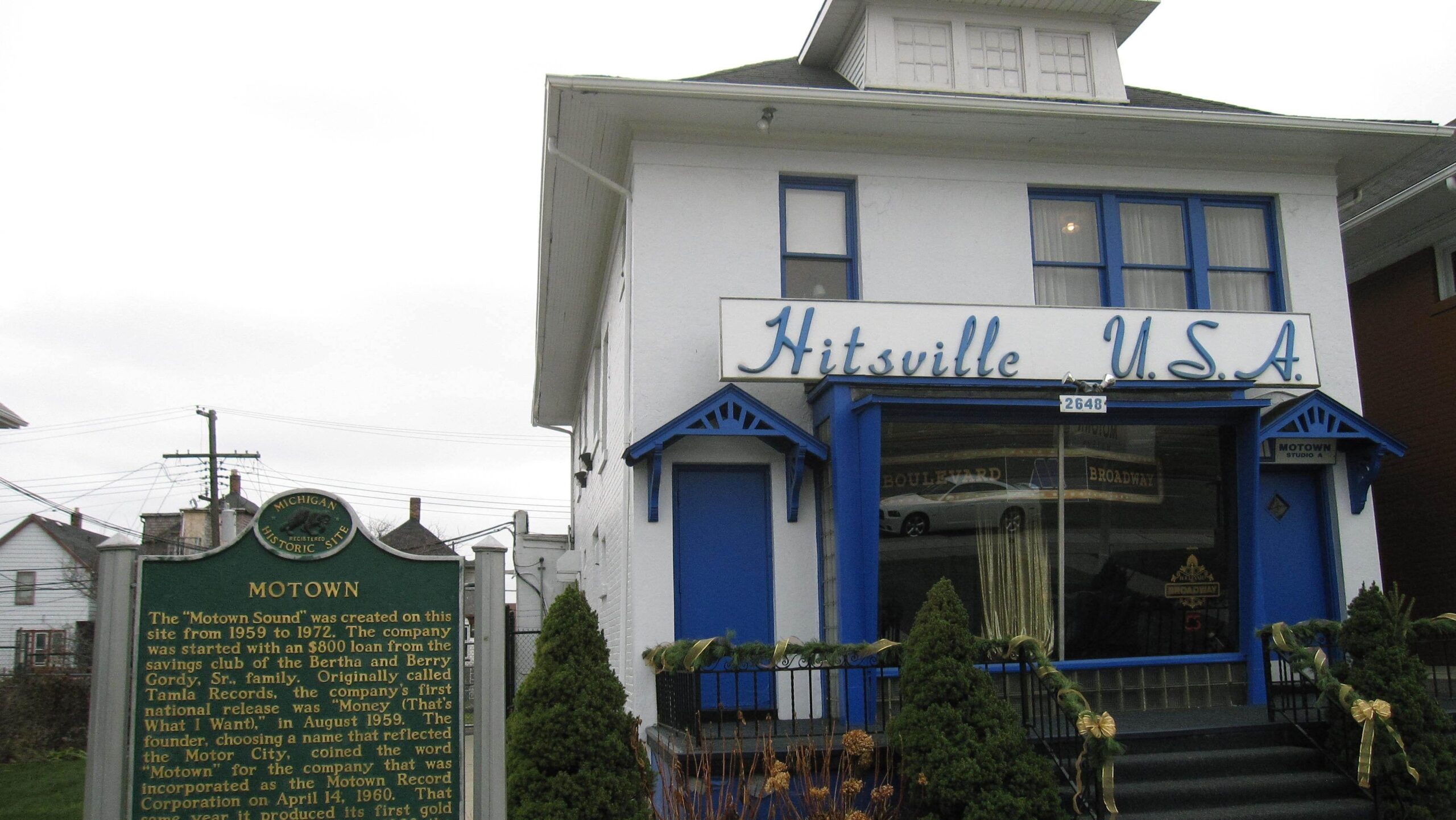
Berry Gordy Jr. took a $800 loan to begin Motown Records with its first signed act, The Miracles, and bought property behind the studio which came to be “Hitsville USA.”
1960: Student Nonviolent Coordinating Committee Founded
A group of Black students in Greensboro, North Carolina began a series of sit-ins to protest segregation, inspiring students all around the state and later the country to follow suit, leading to the creation of the SNCC with direct support from Martin Luther King Jr.
1961: The Congress of Racial Equality (CORE) and the Freedom Rides
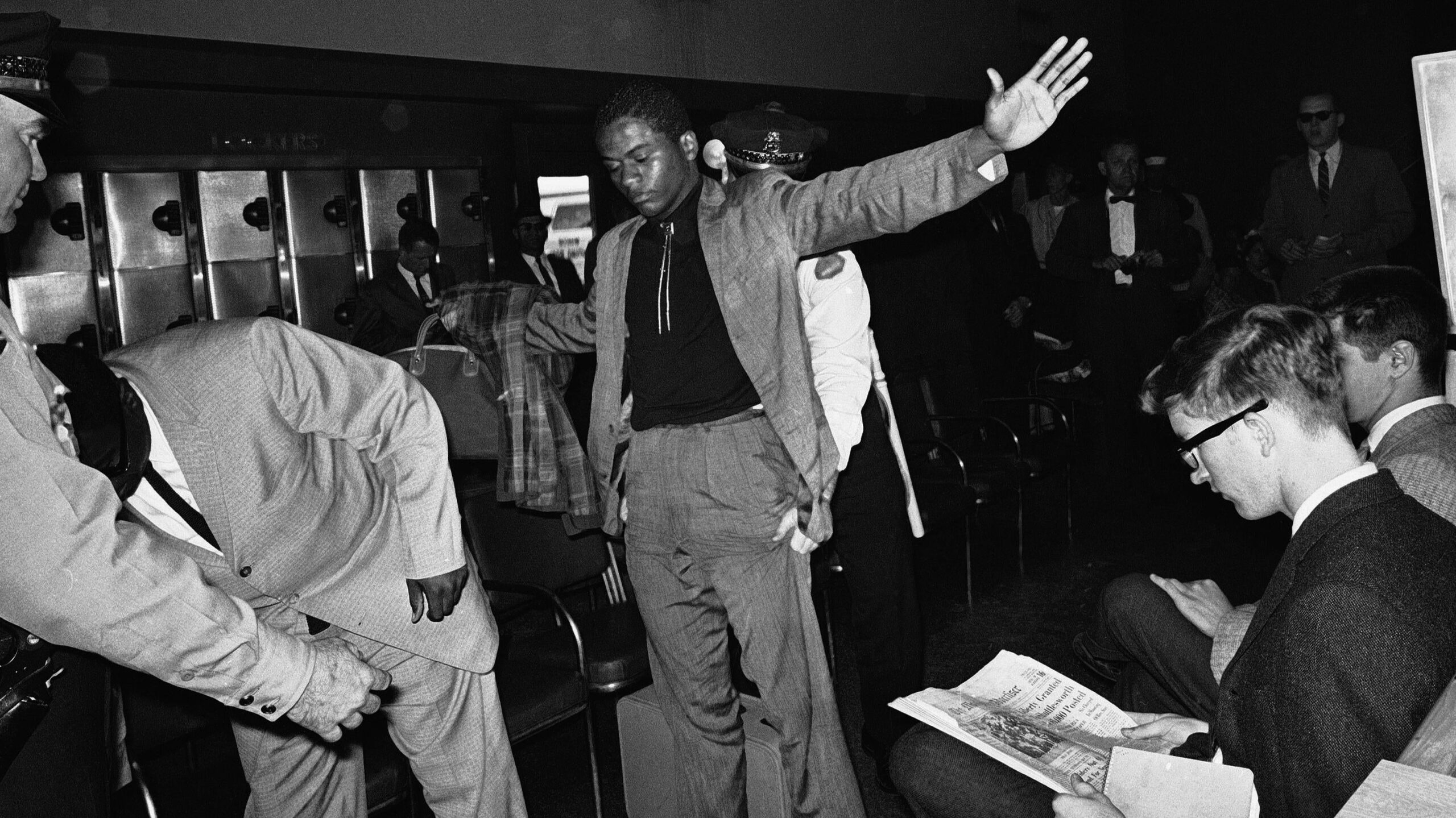
The Congress of Racial Equality was organized to desegregate public transportation in the South through a peaceful protest known as the Freedom Rides. SNCC joined the initiative as well as well-known leaders like future Georgia Rep. John Lewis and an 18 year-old Charles Person, riding buses through the South and often attacked by unruly white mobs.
1962: Ole Miss Integrates
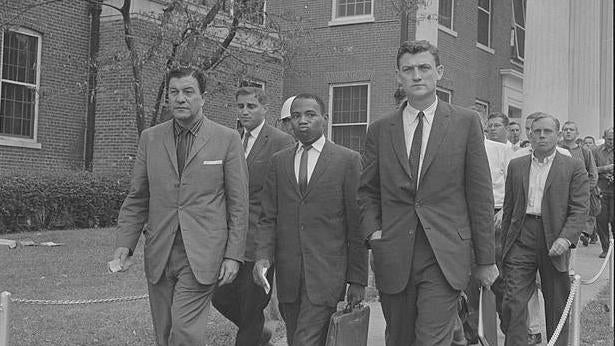
James Howard Meredith was denied admission to the University of Mississippi once the registrar learned that he was Black. The Supreme Court ruled in favor of his admission to the school and Ole Miss was officially integrated by October of 1962. Meredith became the first African-American to graduate from the school in 1963.
1963: I Have a Dream’ Speech by Martin Luther King Jr.
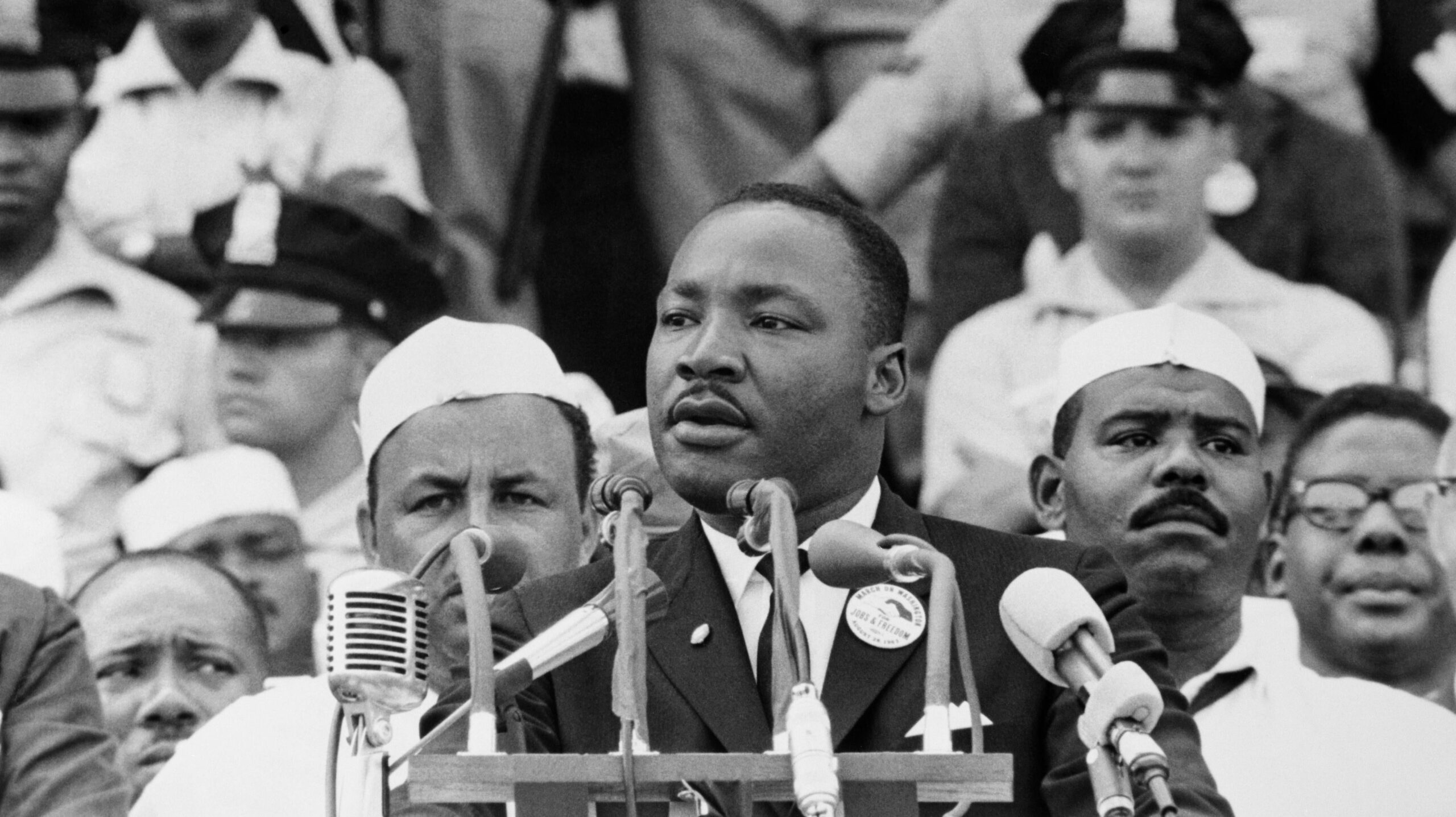
At the March on Washington, Martin Luther King Jr. delivered his ‘I Have a Dream’ speech in front of the Lincoln Memorial, alluding to an America where the treatment of Black people reflects American values and upholds the Constitution.
1963: Bombing of 16th Street Baptist Church in Birmingham
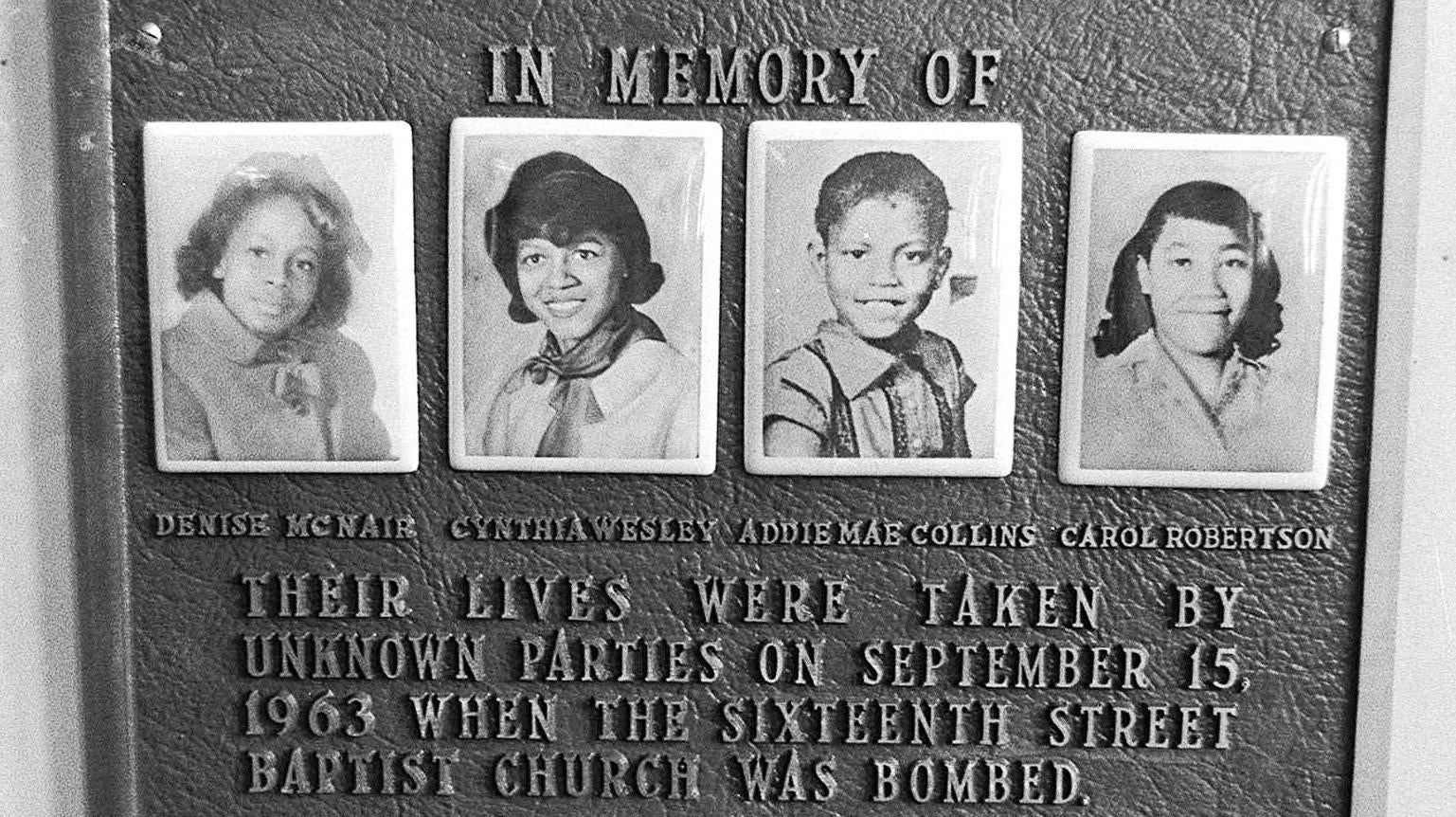
16th Street Baptist Church, a center location for civil rights meetings, was demolished by a dynamite bomb planted by KKK members, resulting in the death of 4 little Black girls, Addie Mae Collins, Cynthia Wesley, Carole Robertson and Denise McNair. With the alleged ‘lack of evidence,’ no charges were made.
1964: Sidney Poitier Wins An Oscar
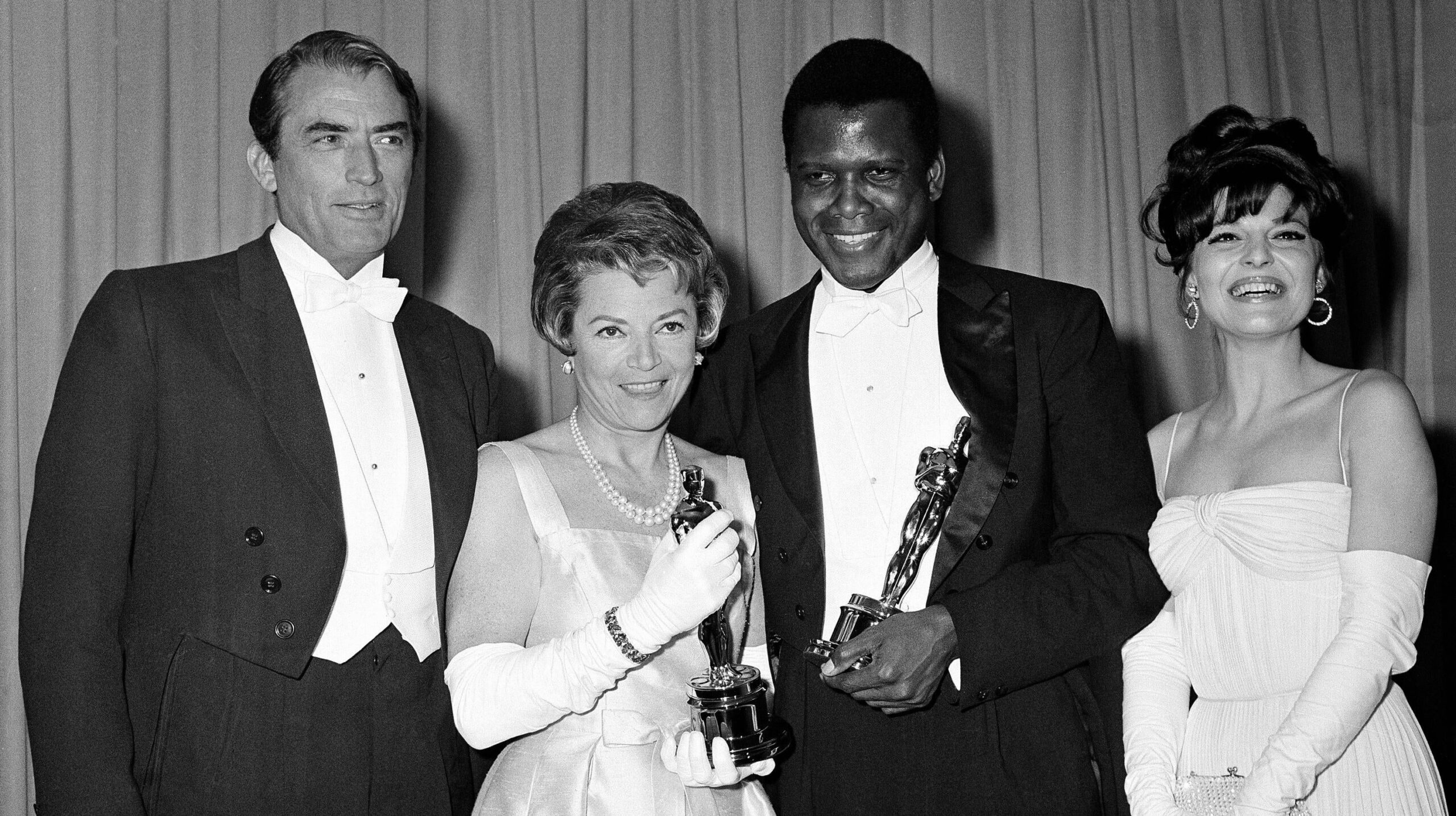
Sidney Poitier becomes the first African American man to win an Oscar with the 1964 Academy Award for Best Actor in Lilies of the Field
1964: The Freedom Summer Murders
During the Mississippi Freedom Project, three volunteers (two white and one Black) helping Black voters register, went missing and were discovered dead outside Philadelphia, Mississippi, murdered by members of the Ku Klux Klan. Several other bodies of African-Americans were found during the FBI’s search for the three men. Mississippi Attorney General Jim Hood closed the case in 2016.
1964: The Civil Rights Act of 1964
The Civil Rights Act of 1964, proposed by President John F. Kennedy, was signed into law ending segregation of public places and banning employment discrimination on the basis of race, sex or national origin.
1965: Malcolm X Assassinated
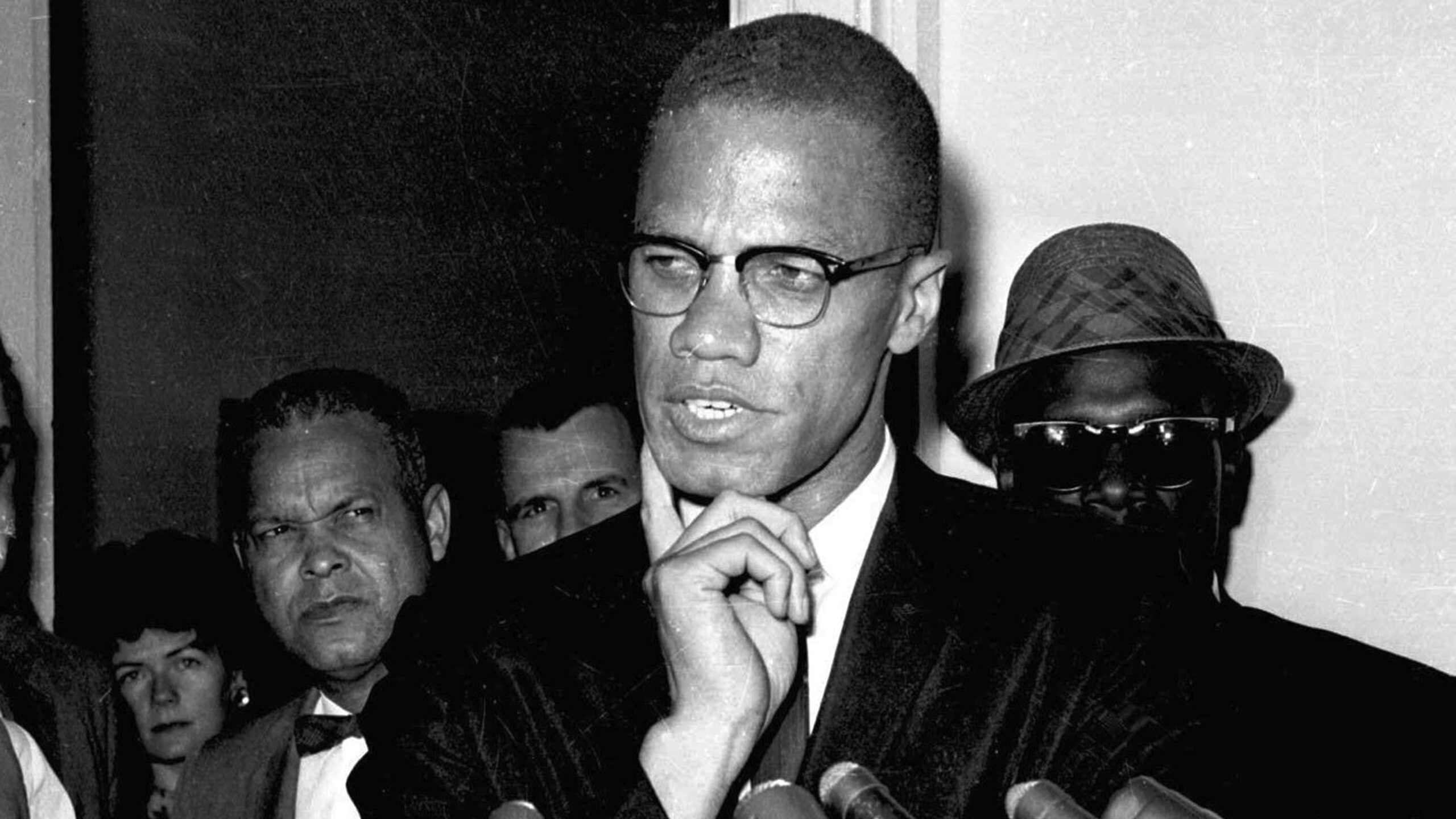
February 21, 1965, during a speech at the Audubon Ballroom in Manhattan, three men opened fire on Malcolm X.
1965: Selma to Montgomery March
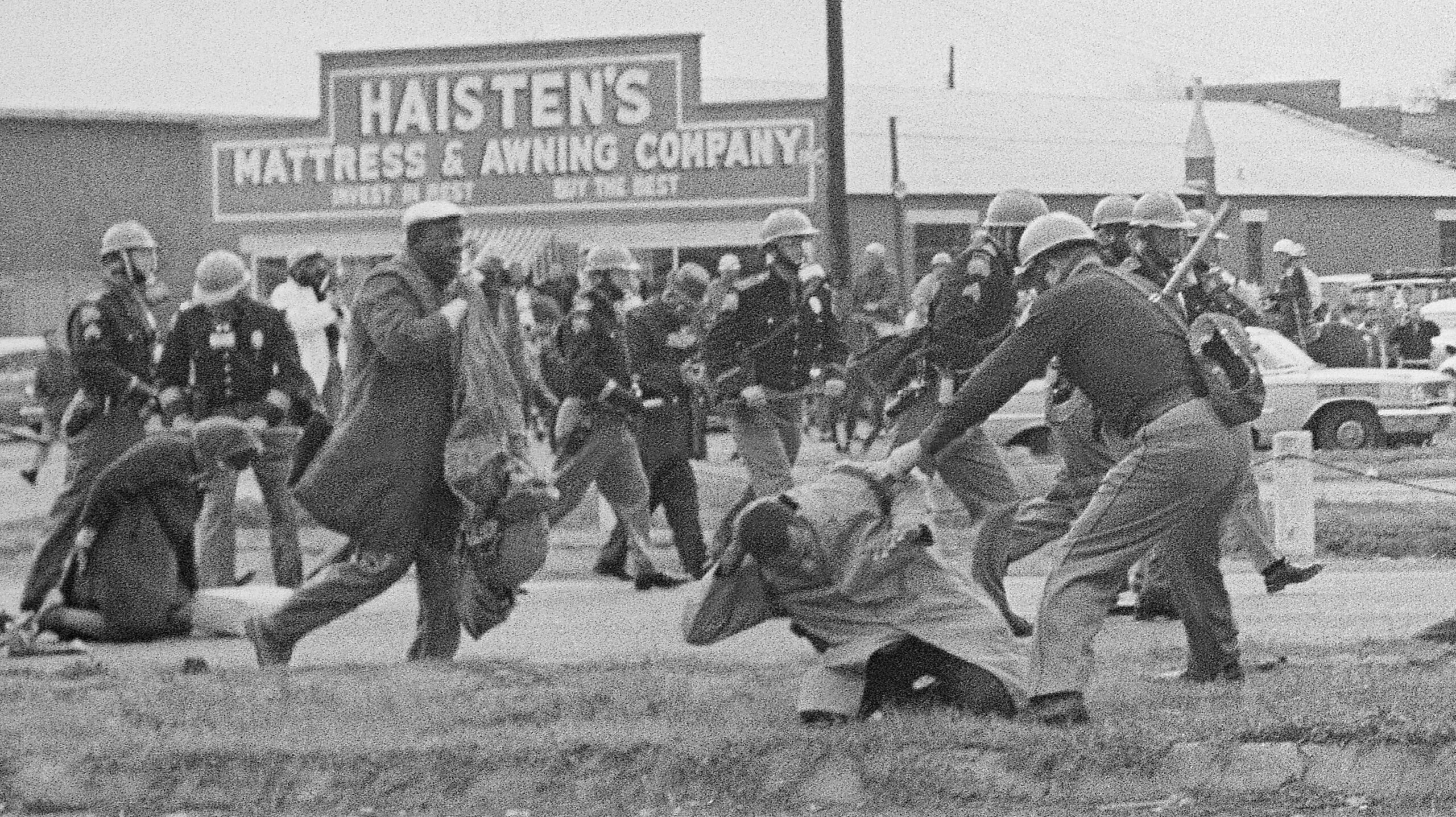
Also known as ‘Bloody Sunday’ John Lewis led over 600 peaceful protestors in a march over the Edmus Pettus Bridge in Selma, Alabama, where they were greeted by a group of violent state troopers. The national coverage of the brutality sparked a widespread interest in ending racial injustice.
1965: The Voting Rights Act of 1965
The law was signed into law by President Lyndon B. Johnson outlawing discriminatory practices that kept African Americans from being able to vote.
1966: Founding of Black Panther Party
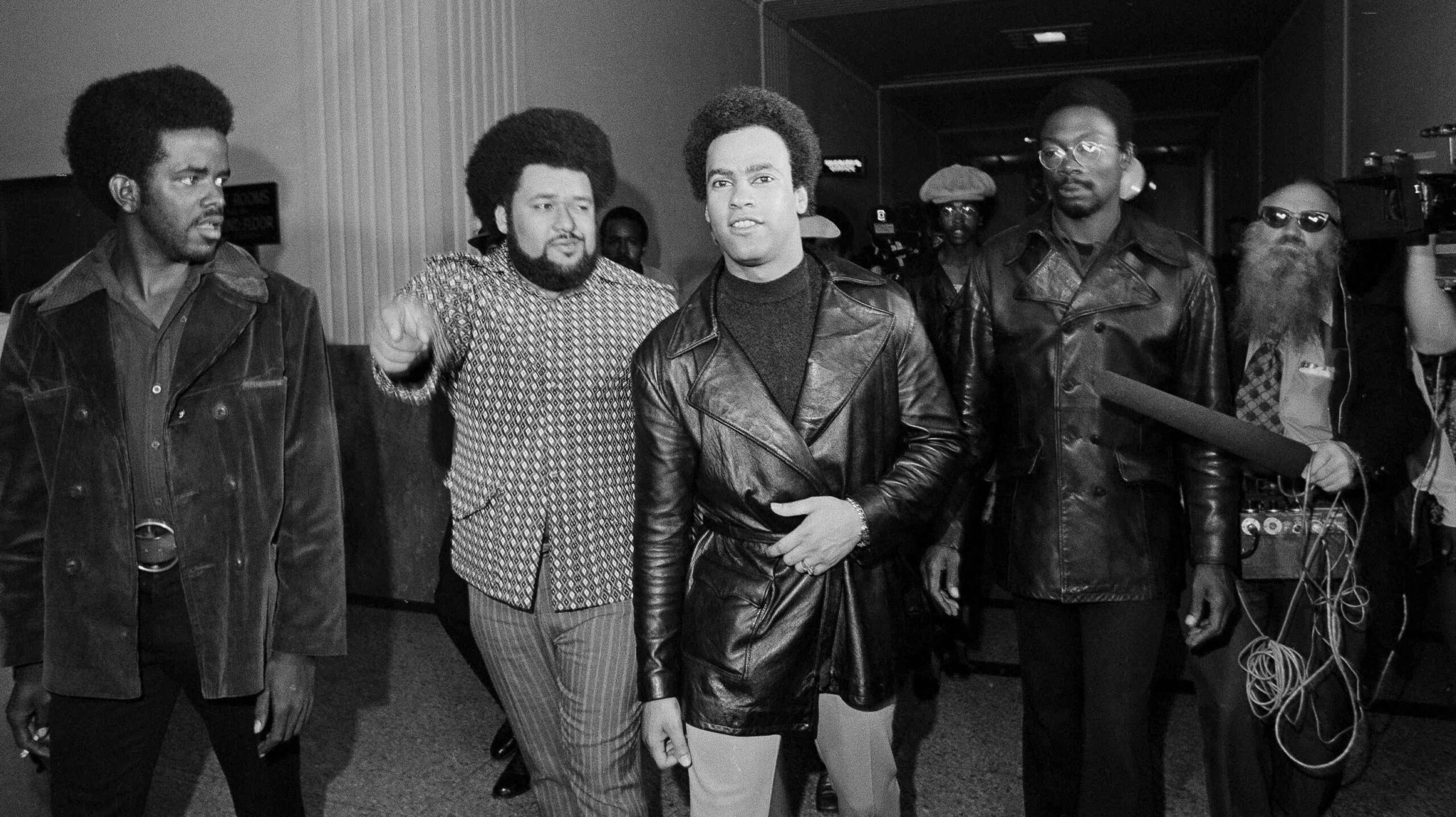
College students Bobby Seale and Huey P. Newton founded the Black Panther Party for Self-Defense based on self-reliance and racial dignity.
1966: Black Panther makes his first appearance in Fantastic Four #52 published July 1, 1966.
1966: First Kwanzaa Celebration is held
The first Kwanzaa Celebration was held in December of 1966, proposed by Maulana Karenga to give people of African descent a holiday where they can celebrate the values of their family and cultural heritage.
1967: The Newark Riots
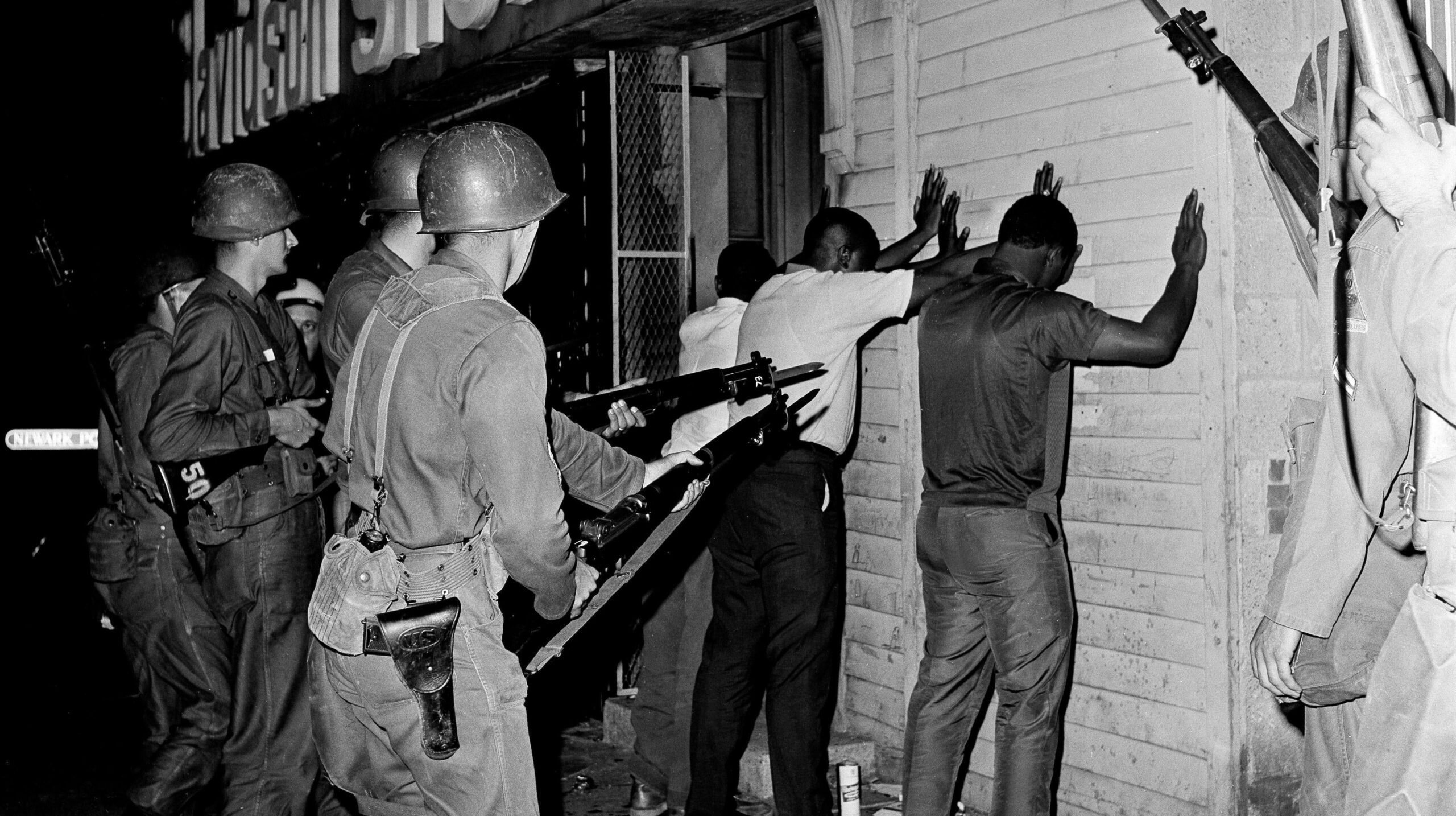
Cab driver John Smith was pulled over and brutally beaten by police, sparking outrage among Newark residents in what became a six-day long uprising.
1968: The Fair Housing Act, Title VIII of the Civil Rights Act of 1964, is passed.
The bill made it unlawful for the sale, renting and financing of housing to discriminate against people based on race, sex, religion or national origin.
1968: Dr. Martin Luther King Jr. is Assassinated
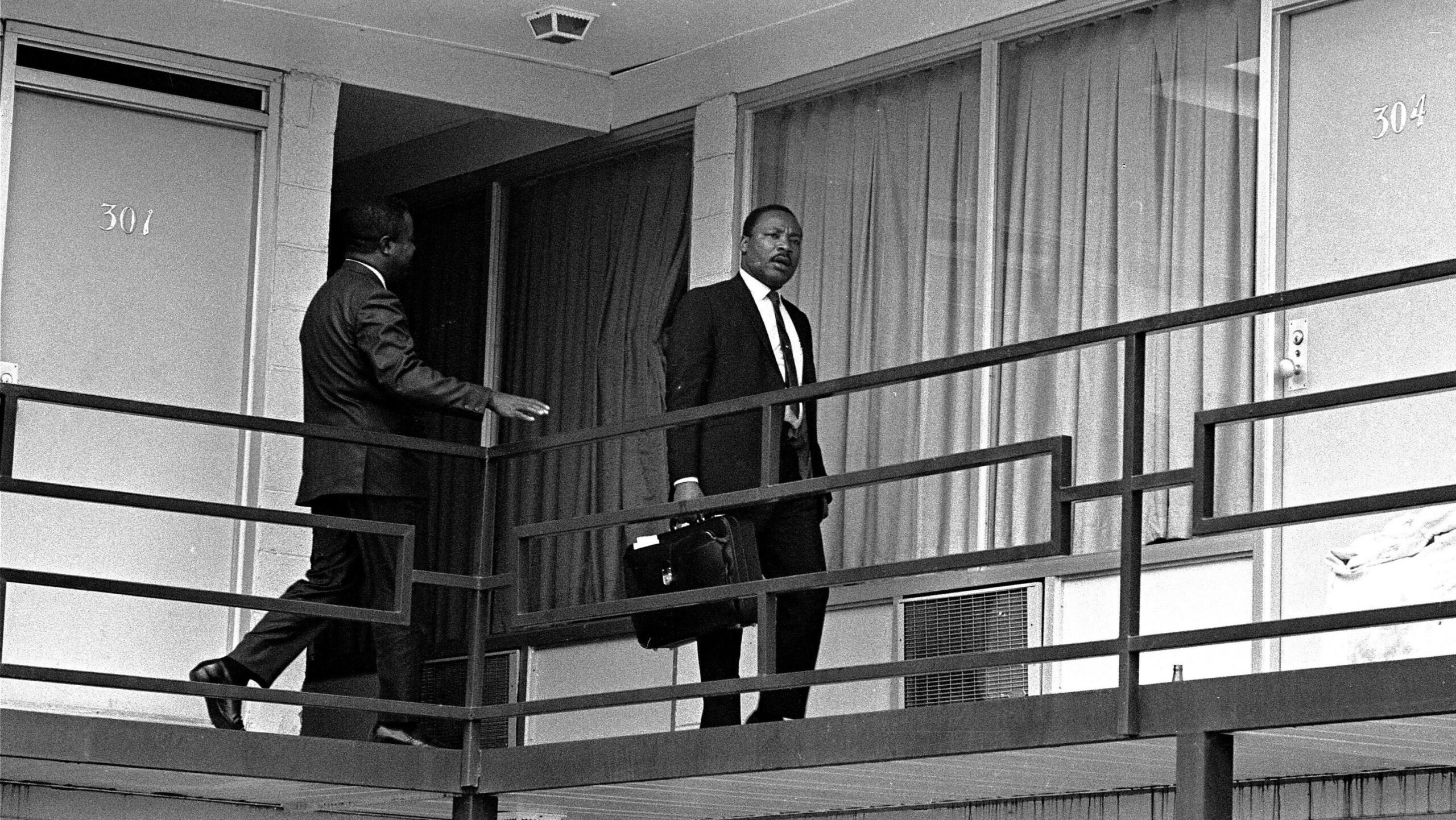
Martin Luther King Jr. was shot by James Earl Ray while standing on the balcony of the Lorraine Motel in Memphis, Tennessee.
1968: Julia starring Diahann Carroll premieres
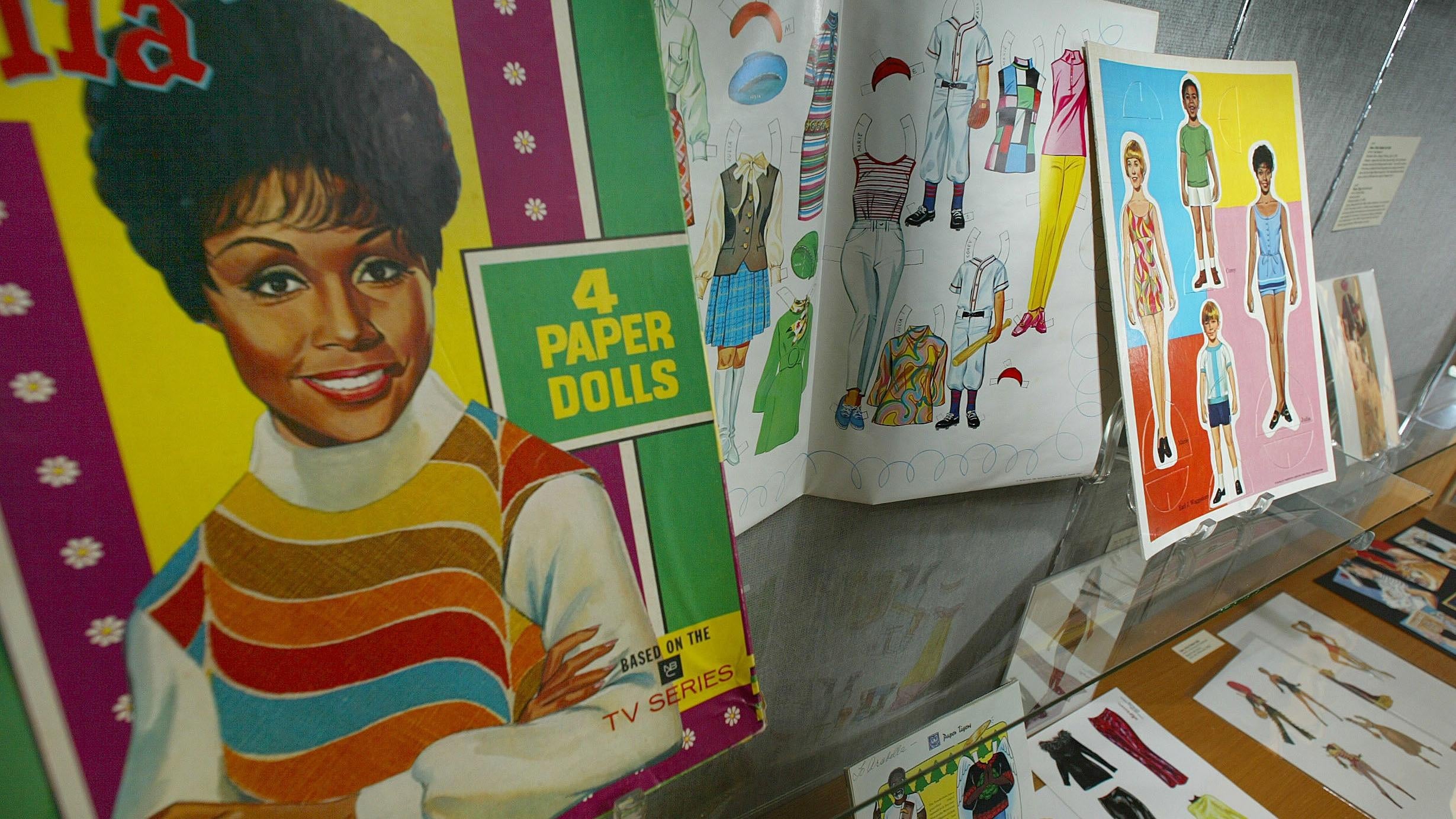
Julia, a sitcom starring Diahann Carroll, who played the first non-stereotypical Black lead in a television show, premiered September 17, 1968 on NBC and received instant praise leading Carroll to win a Golden Globe for Best Actress in a Comedy.
1970: The Chicago Seven
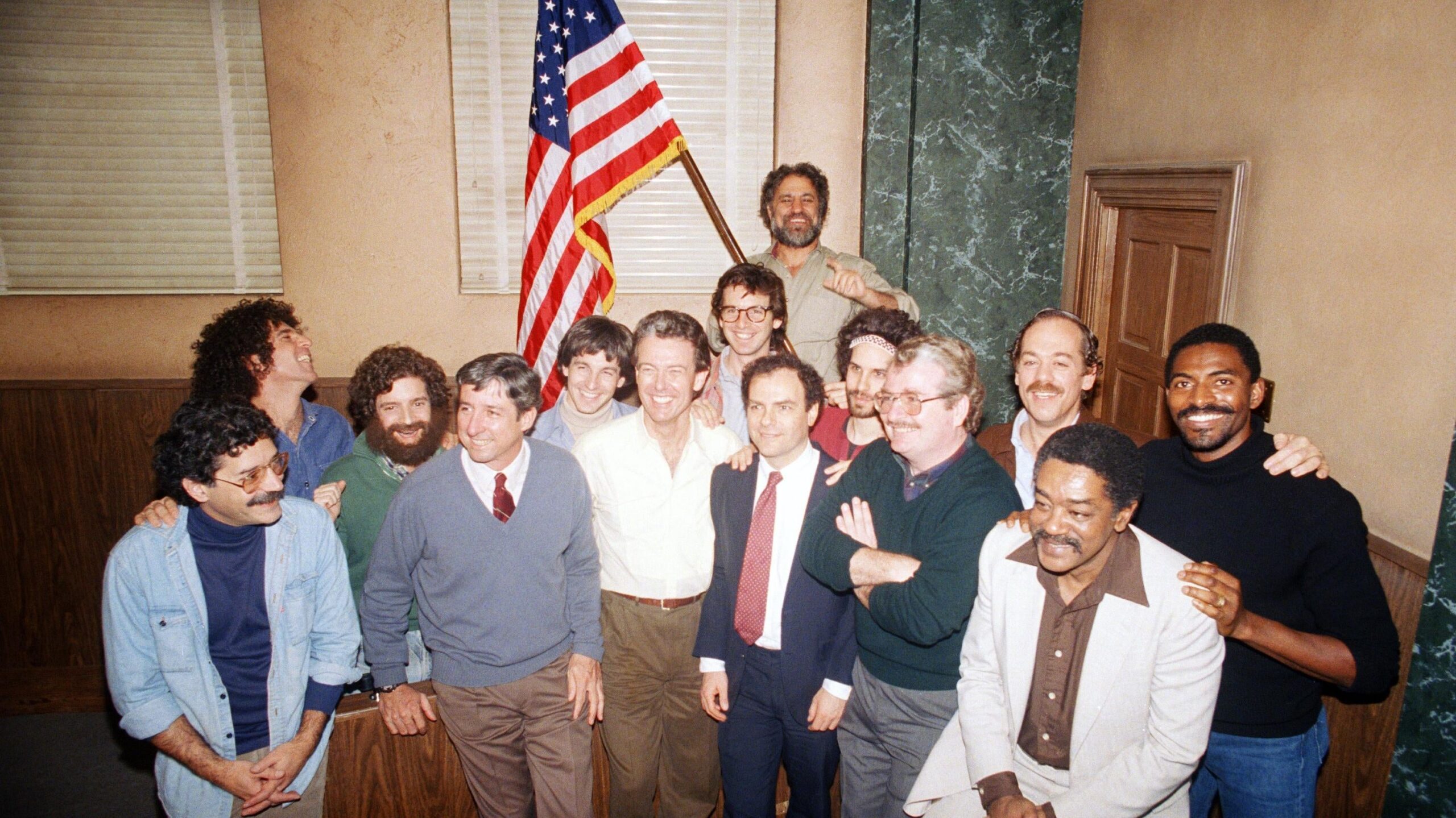
Protests erupted during the 1968 Democratic National Convention in Chicago, leading seven group leaders including Blak Panther Leader Bobby Seale to be tried for inciting the violence. All seven were acquitted.
1970: Asbury Park Riots
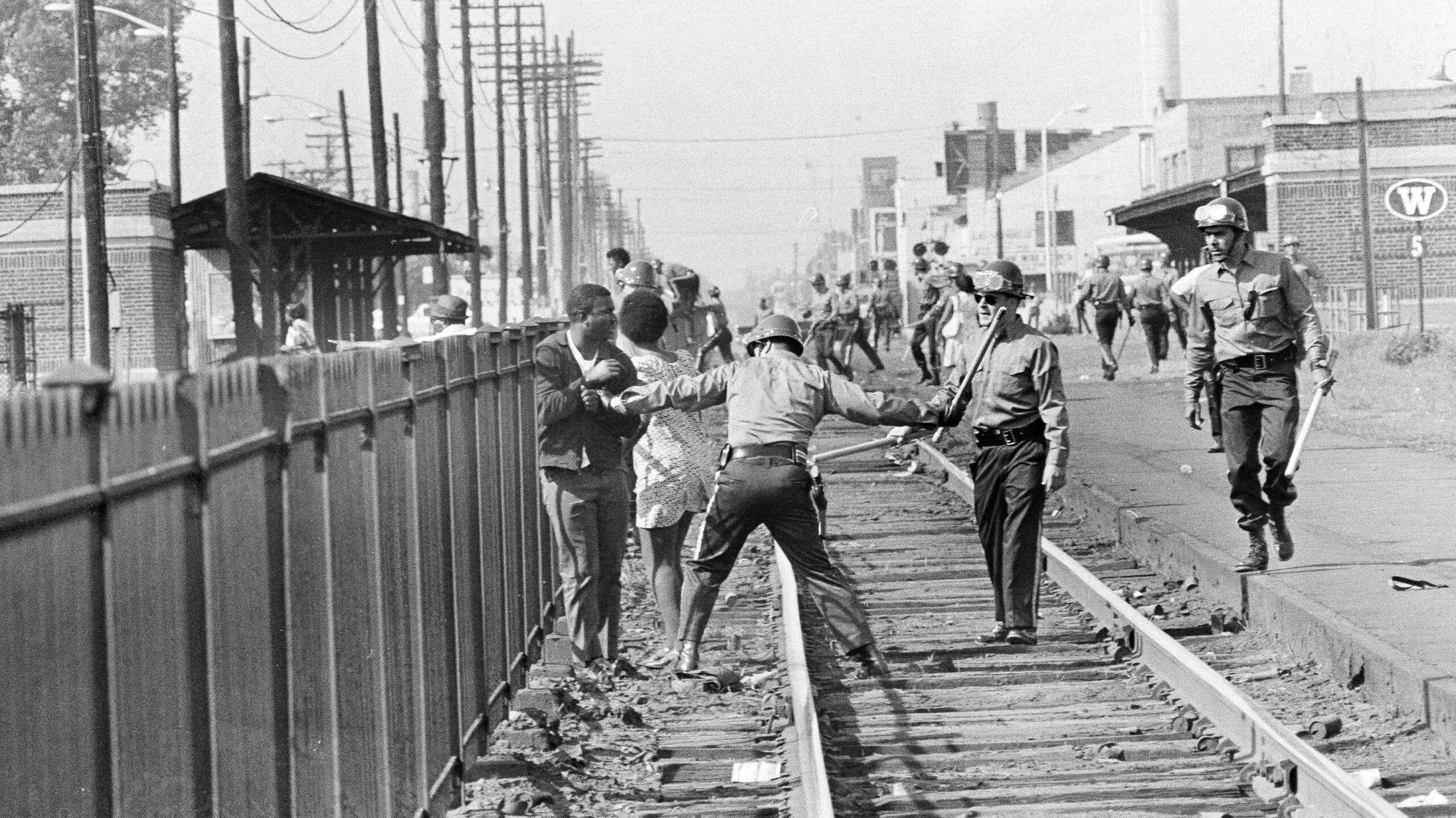
The unemployment crisis in Asbury Park sparked tensions between Black and white youth, resulting in a riot that ended with over 100 arrests and 46 people wounded by gunshots.
1971: Beverly Johnson, the first Black supermodel, appeared on the front of the March 1971 issue of Glamour Magazine
1971: George Ellis Johnson’s Johnson Products, home to Afro Sheen, becomes the first Black-owned company to be listed on a major U.S. stock exchange.
Johnson also becomes the first African American to serve on the board of directors of Commmonwealth Edison.
1971: The Congressional Black Caucus is established in D.C.
Made up of Black congress members, including Michigan Rep. Charles C. Diggs and New York Rep. Shirley Chisolm, the non-partisan group focused on bringing about equality and policy change in marginalized communities.
1972: New York Rep. Shirley Chisholm Runs for President
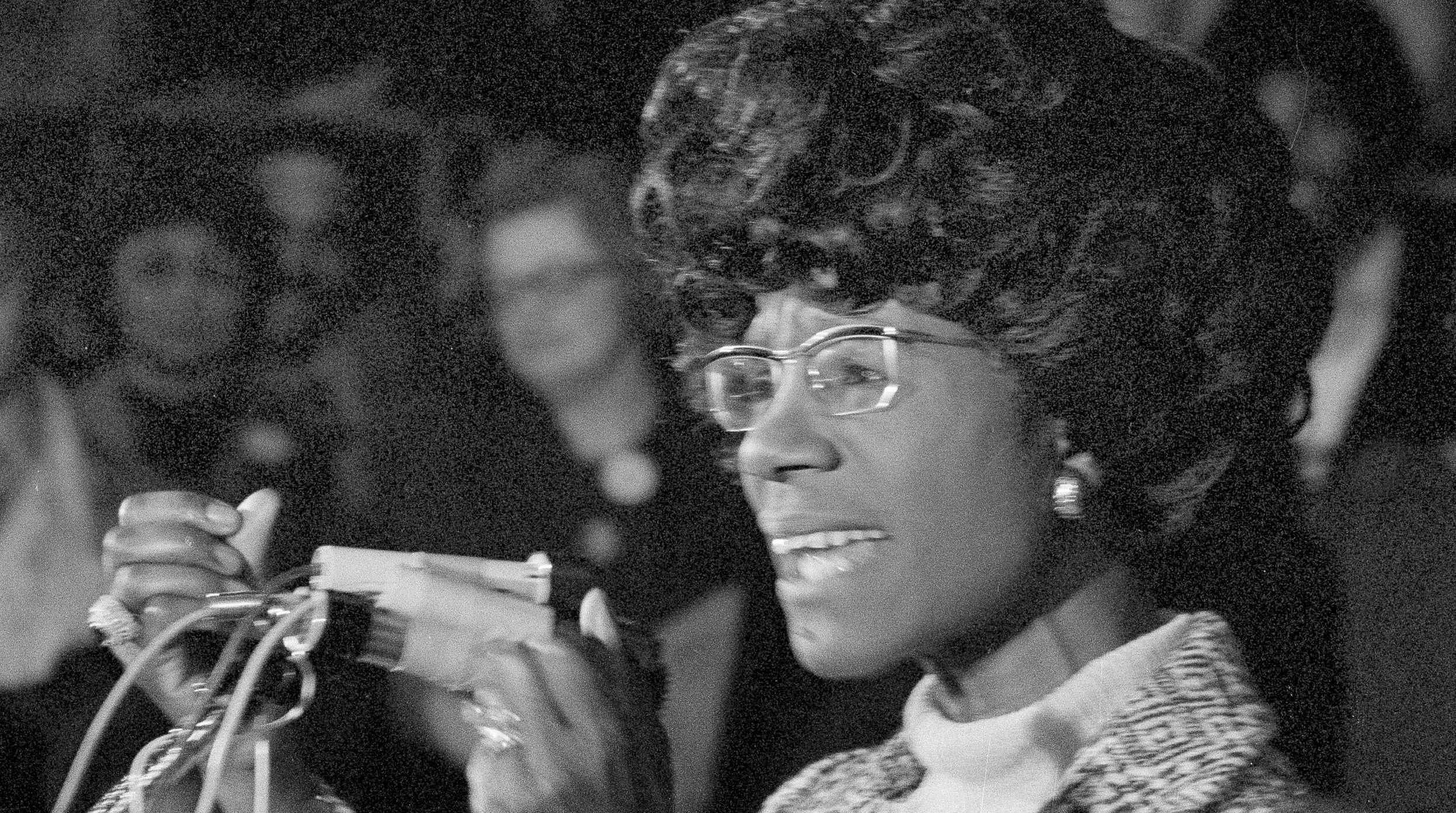
As the first Black woman in Congress, Chisolm sought the Democratic presidential nomination and entered 12 primaries while she campaigned amidst racial and gender discrimination.
1972: With a broken dominant hand, Wilt Chamberlain led the Los Angeles Lakers to NBA victory, became the oldest Finals MVP and first NBA Player to score more than 30,0000 points
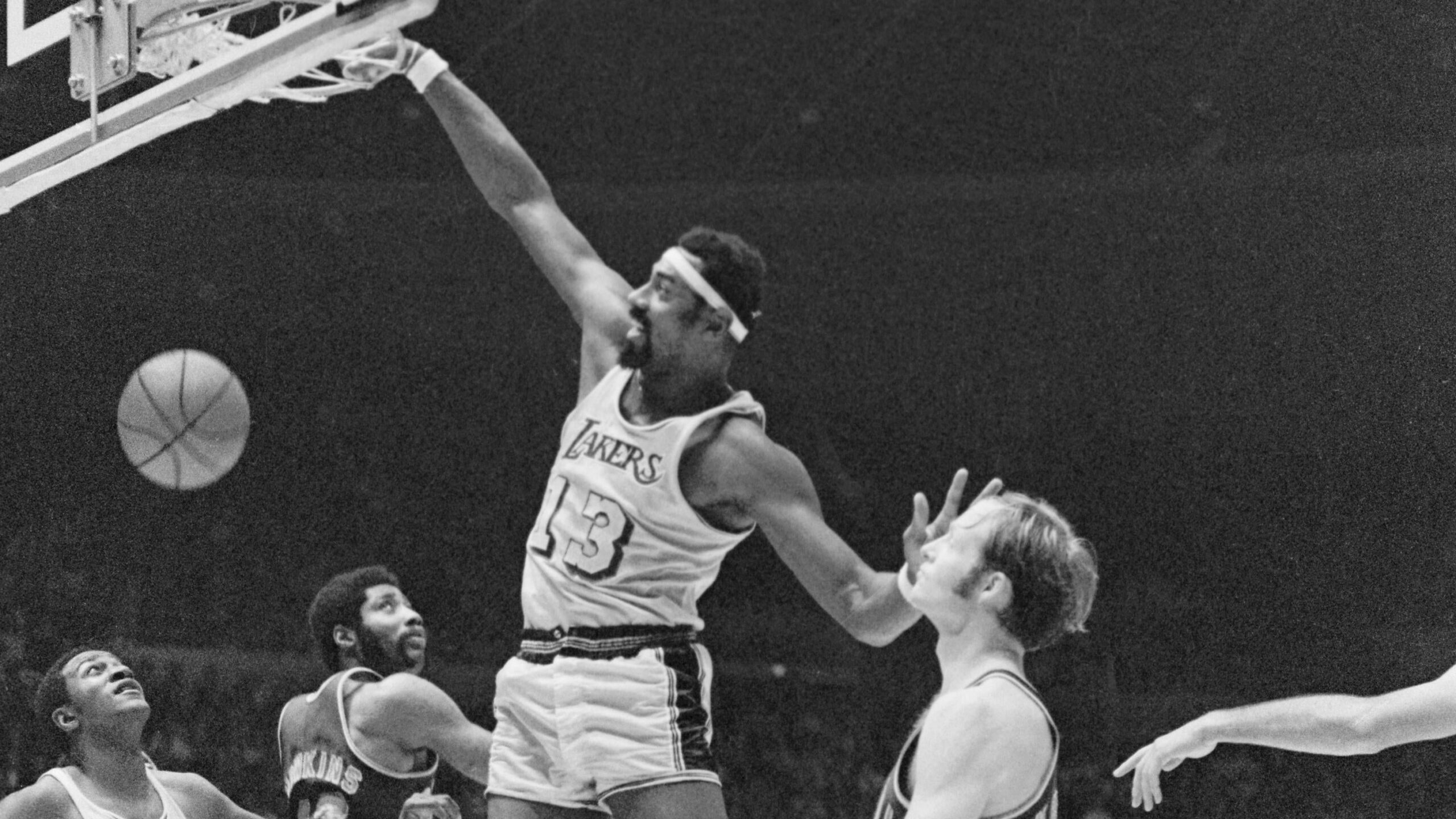
1973: Founding of National Black Feminist Organization
Margaret Sloan, Flo Kennedy, Michele Wallace and other Black women activists found the National Black Feminist Organization to address the intersectional issues of race and gender that were faced by Black women.
1974: On April 9, 1974, Henry “Hank” Aaron breaks Babe Ruth’s legendary baseball record with his 715th home run off the Dodgers Al Downing

1977: Roots Airs on Television
On January 23, 1977, Roots premiered on broadcast television, going down in history as one of the most-watched television events in American history.
1977: Patricia Roberts Harris becomes U.S. Secretary of Housing and Urban Development
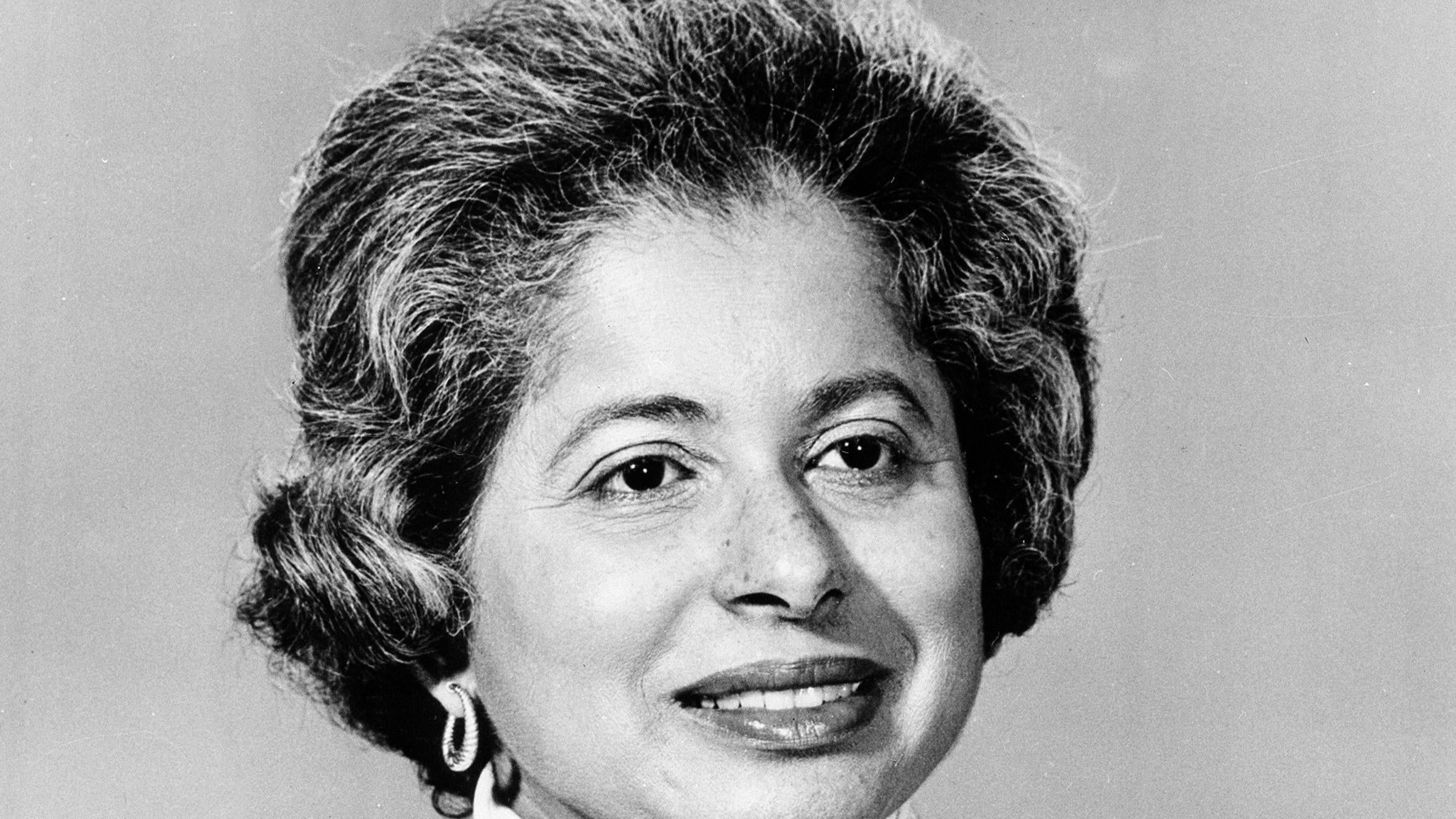
Patricia Roberts Harris becomes the first Black woman appointed to the U.S. Cabinet as United States Secretary of Housing and Urban Development under President Jimmy Carter. Harris was also the first Black woman to represent the U.S. as an ambassador, become dean of a law school and join the board of director’s for a Fortune 500 company.
1977: January 4, 1977 Black Lightning #1 was published featuring DC’s first Black superhero with his own series.
1977: Andrew Young is sworn in as the first Black American U.S. Ambassador to the United Nations
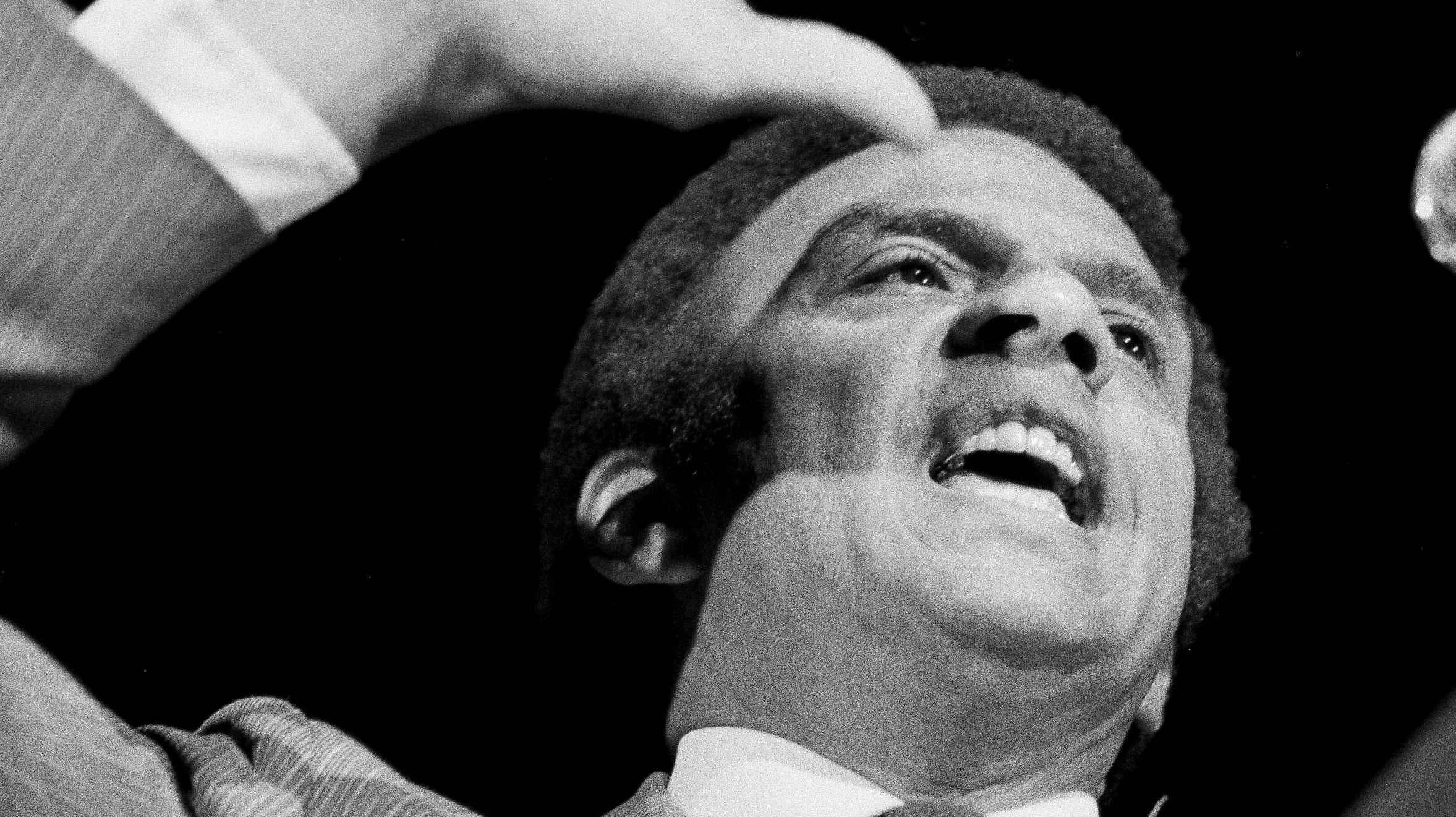
Young served as the initial point of contact for President Jimmy Carter’s foreign policy in Africa and Asia.
1978: Bakke v California
White college applicant Allan Bakke sued the University of California, claiming they violated his rights by Title VI of the Civil Rights Act of 1964 and his Fourteenth Amendment rights by denying his admission. The Supreme Court ruled the university’s use of racial quotas is unconstitutional but affirmative action is allowed in cases of minority applicants.
1978: Louis Farrakhan becomes the leader of a breakway branch of the Nation of Islam, after previously taking over Malcolm X’s position as head minister.
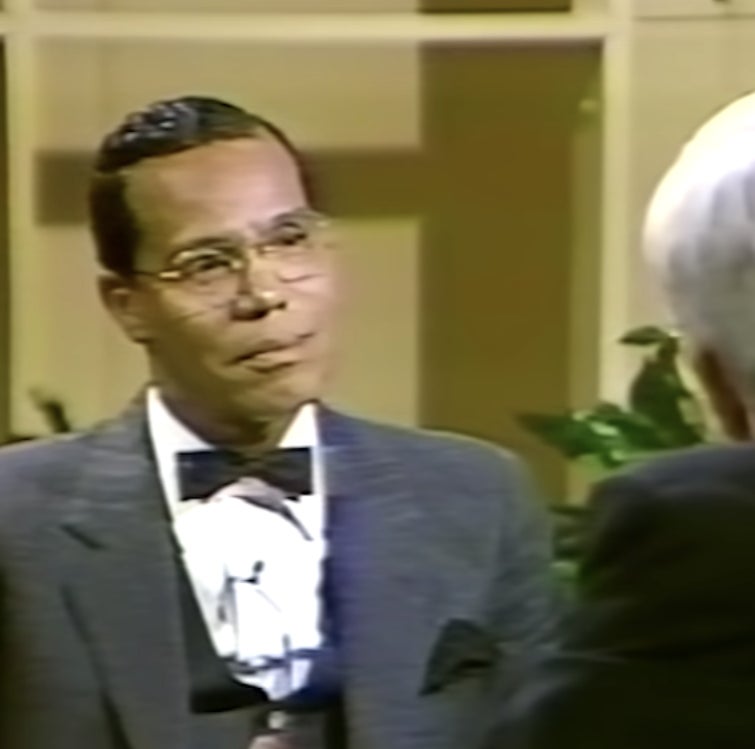
1979: The Greensboro Massacre
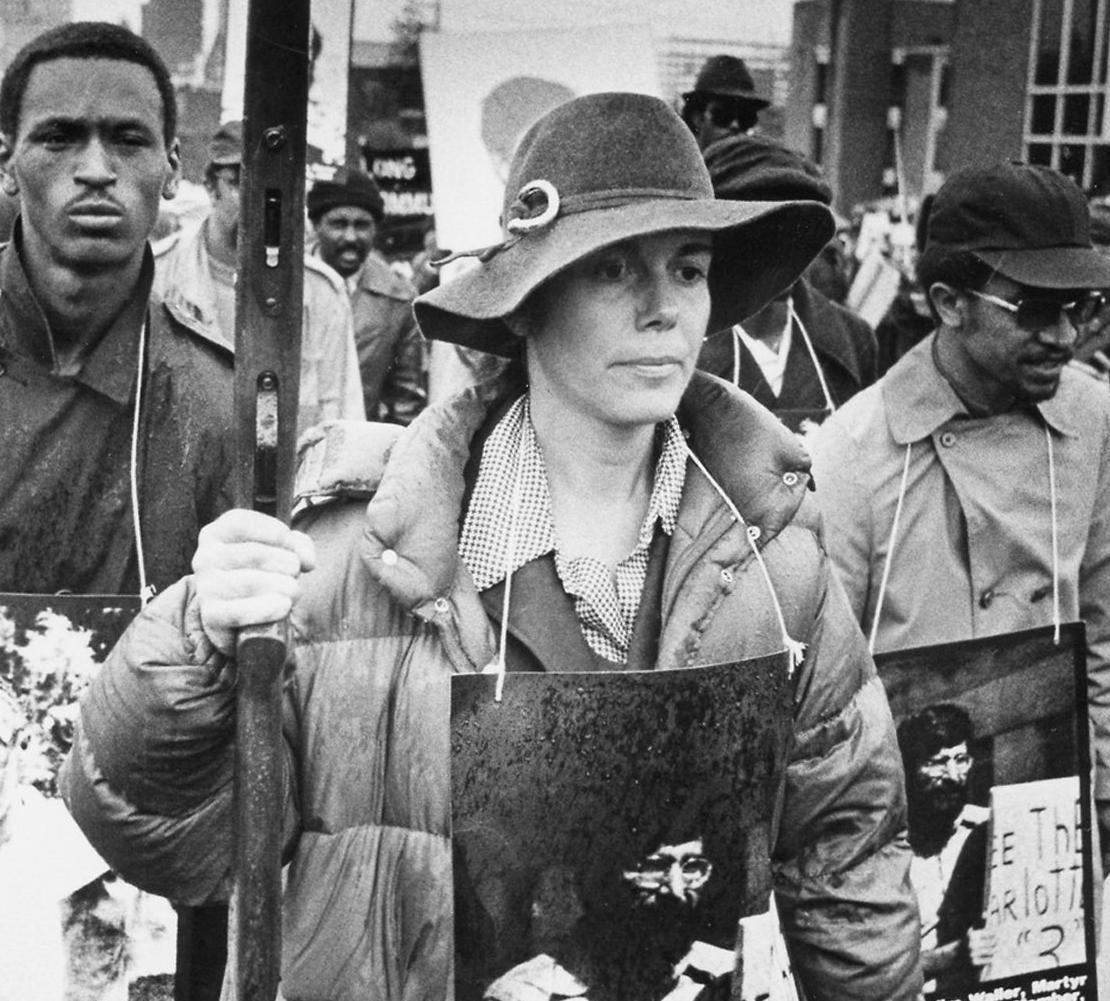
The Communist Workers Party and Klu Klux Klan clash at a ‘Death to the Klan’ rally in Greensboro resulting in the murder of five members of the Communist Workers Party who came to support a mostly Black textile industry and its workers.
1980: Miami Riots

A police chase following Black motorist Arthur McDuffie resulted his death, which was first reported as a motorcycle crash and later revealed to be a result of police brutality, sparking public outrage.
1980: Black Entertainment Television (BET) was founded January 25, 1980 by Robert L. Johnson
The show began as a two-hour show on Friday nights every week on USA network.
1981: Singer-songwriter-superstar Beyoncé is born.
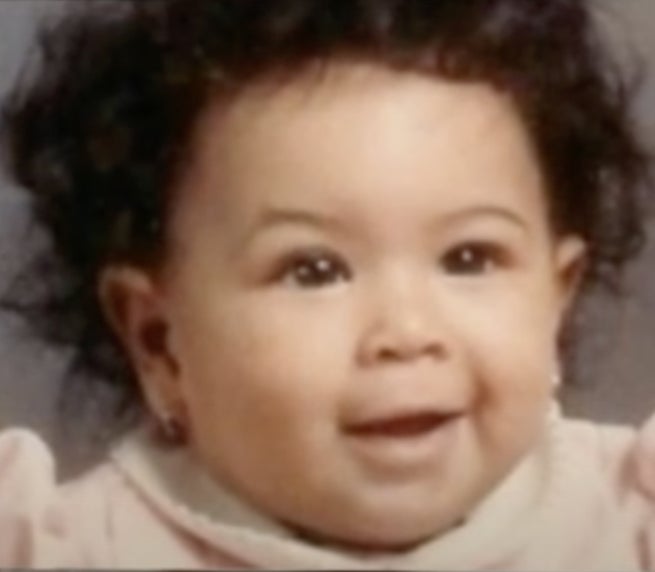
That is THEE moment.
1981: Dreamgirls opens on Broadway at the Imperial Theatre.
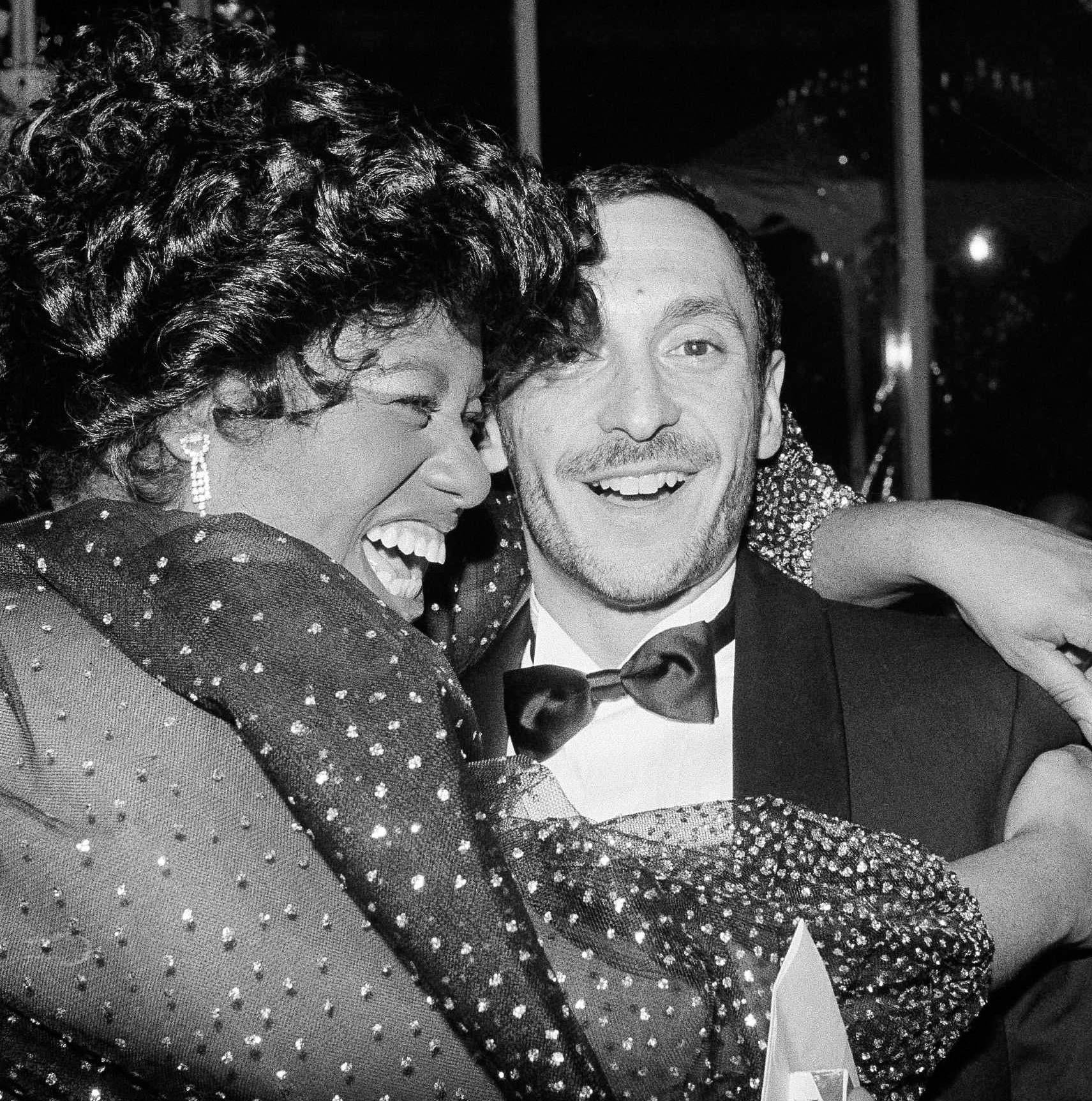
The show went on to win six Tony Awards the following year.
1982: Michael Jackson’s album, Thriller, becomes the best selling album in music history selling over 70 million copies worldwide.
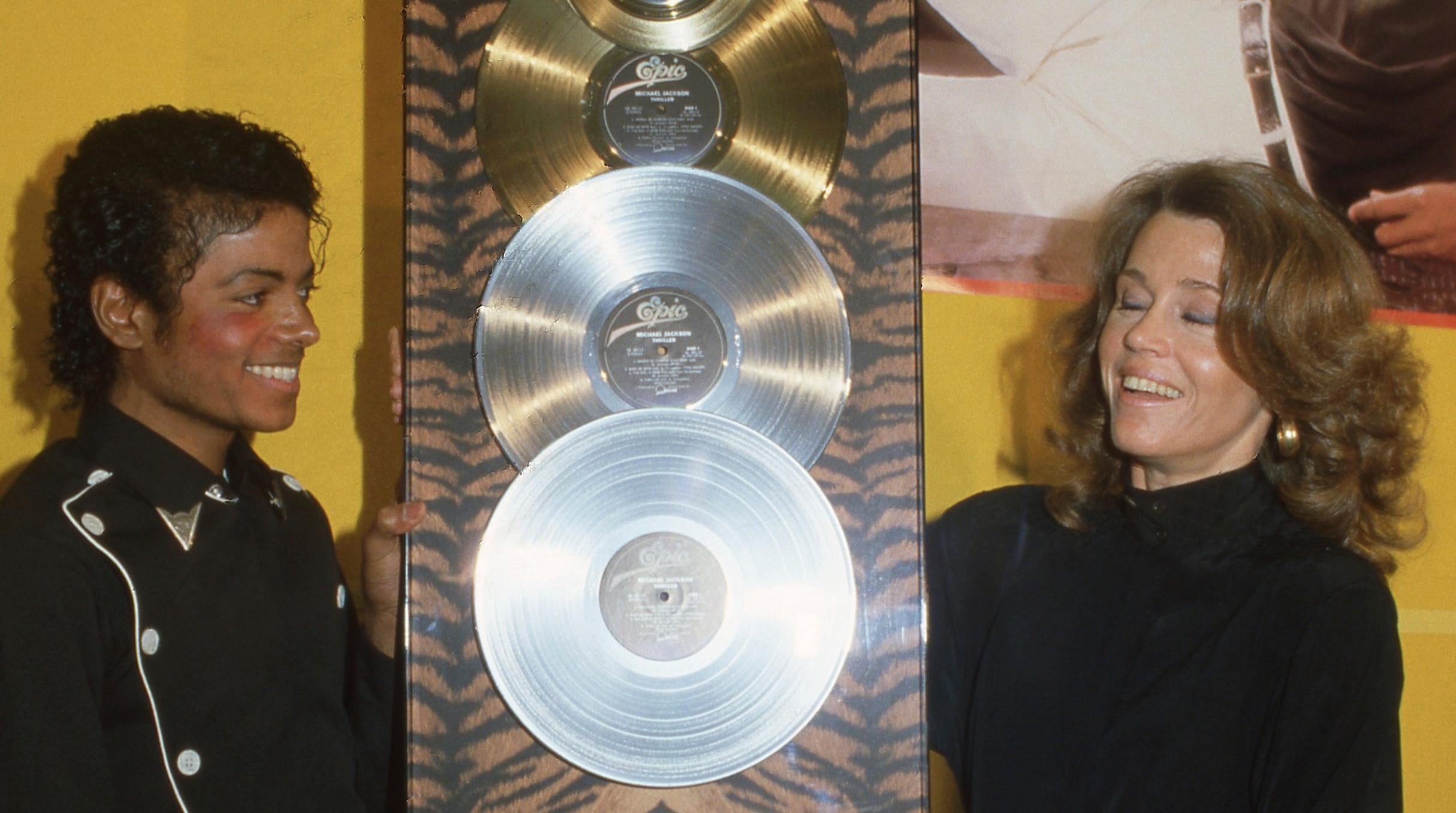
1983: On September 17, 1983, Vanessa Williams becomes the first African American crowned Miss America.
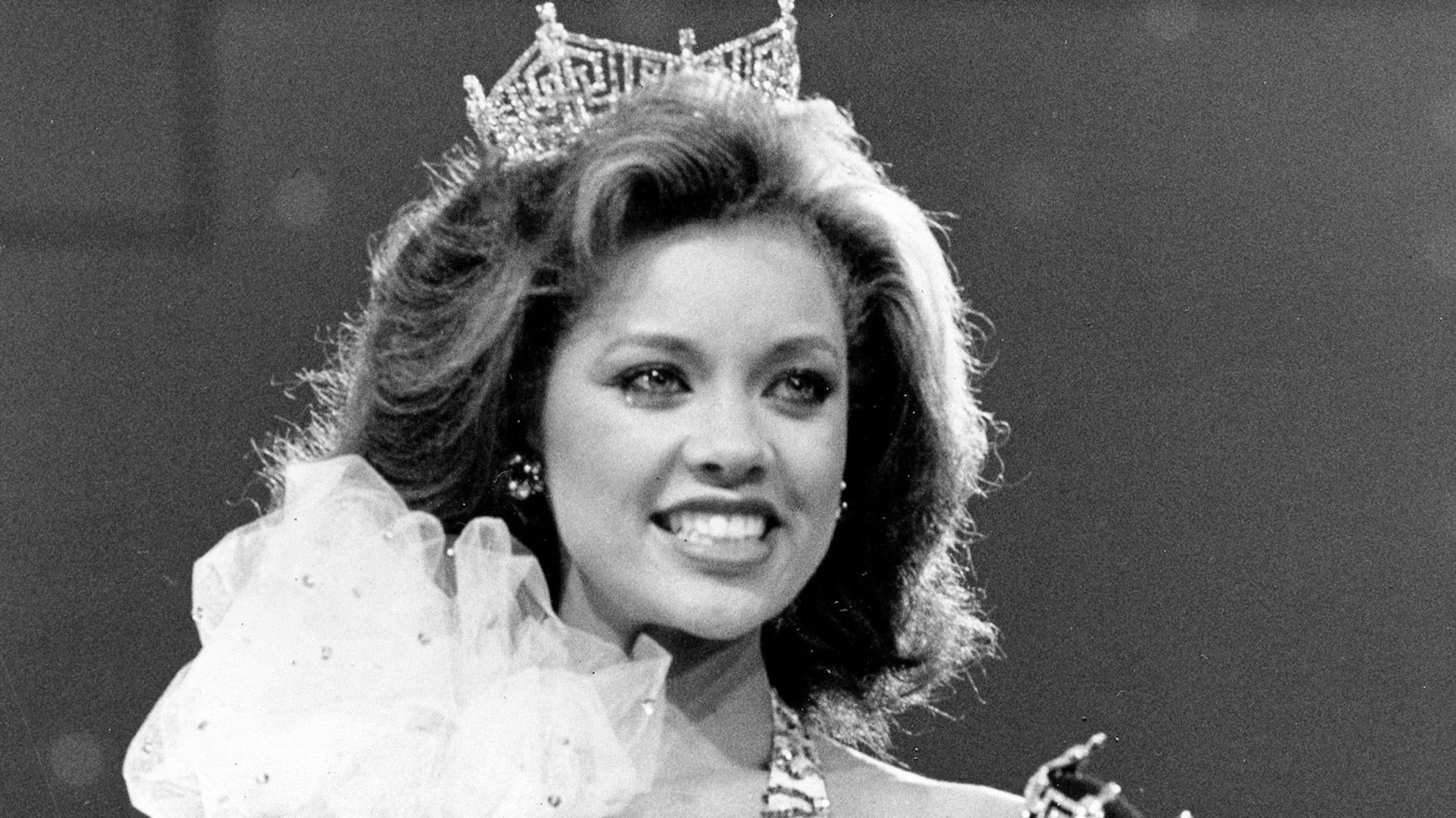
1983: Guy S. Bluford, Jr., The First African American to Go to Space

On August 30, 1983, Guion (Guy) S. Bluford, Jr. became the first African American to go to space in NASA’s first competition for becoming astronauts.
1983: On NBC’s Motown 25: Yesterday, Today, Forever, Michael Jackson first debuted his signature moonwalk while performing “Billie Jean” on May 16, 1983.
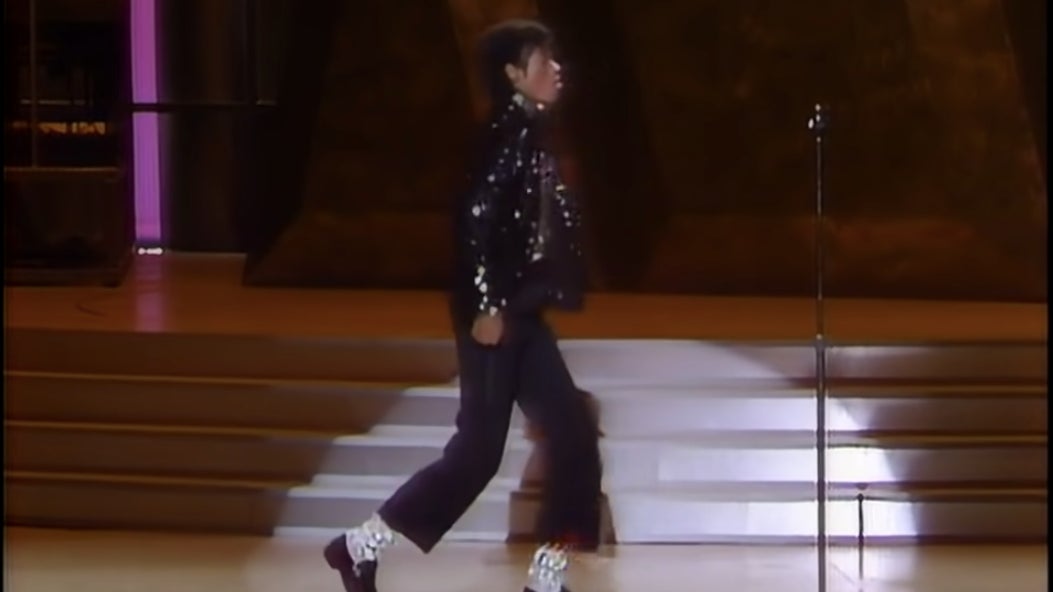
1984: Rev. Jesse Jackson Makes A Bid for Democratic Nomination
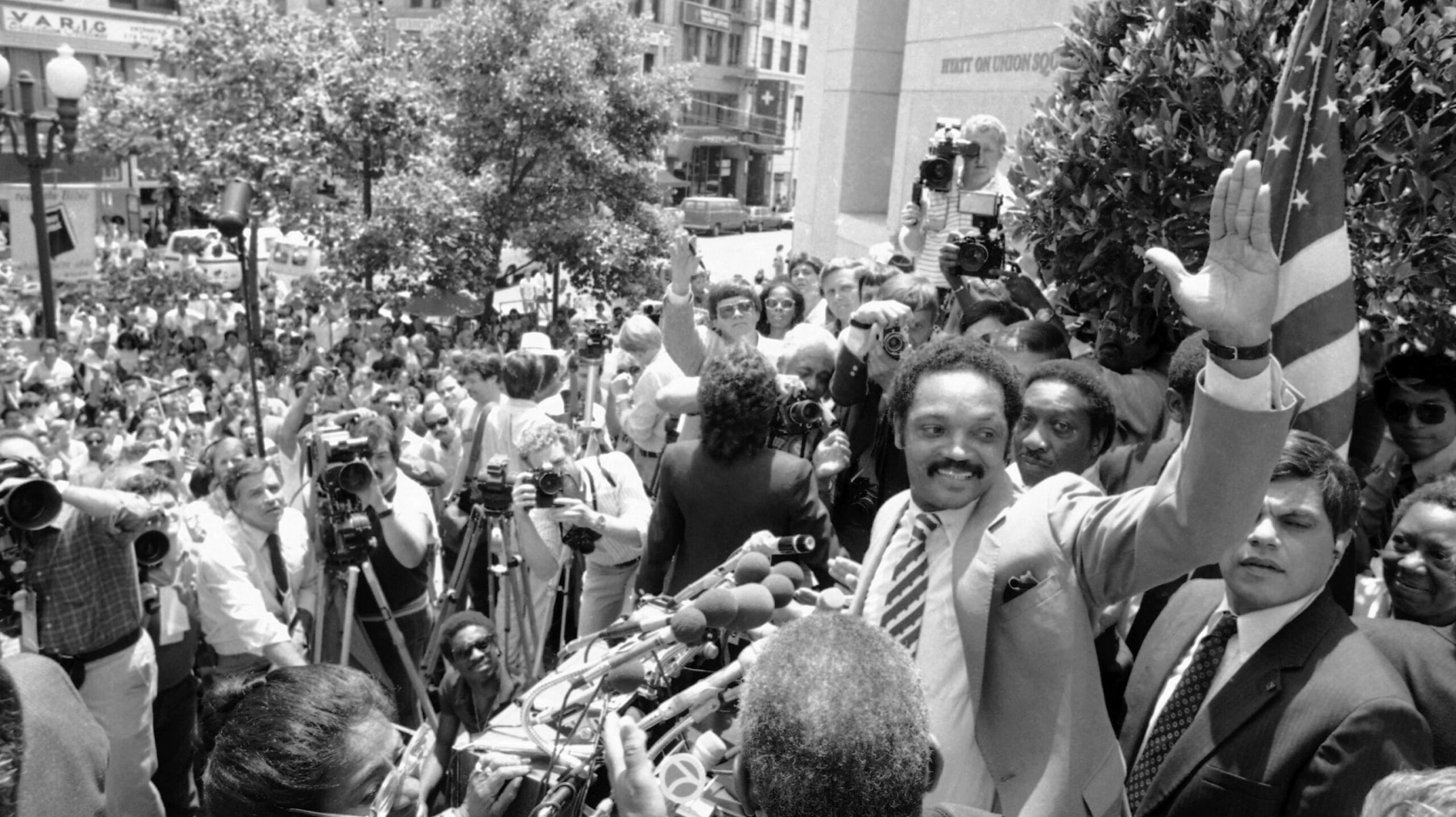
After dominating Chicago’s Democratic primary in the mayoral race, Rev. Jesse Jackson made a bid for Democratic nomination for U.S. President on November 4, 1983
1985: Gwendolyn Brooks becomes the first Black woman named U.S. Poet Laureate in the Library of Congress.
1985: Philadelphia’s African American mayor, Wilson Goode, orders the bombing of MOVE, a local black nationalist organization.

After tensions rose between Black liberation group MOVE and the Philadelphia Police department, the city authorized the dispatch of a satchel bomb (often used in combat) on the home of the organization resulting in the deaths of its founder, John Africa, more than a dozen members and children, the destruction of 61 homes and 250 citizens left without shelter.
1986: The first national observation of Martin Luther King Jr. Day as a holiday.
1986: The Oprah Winfrey Show
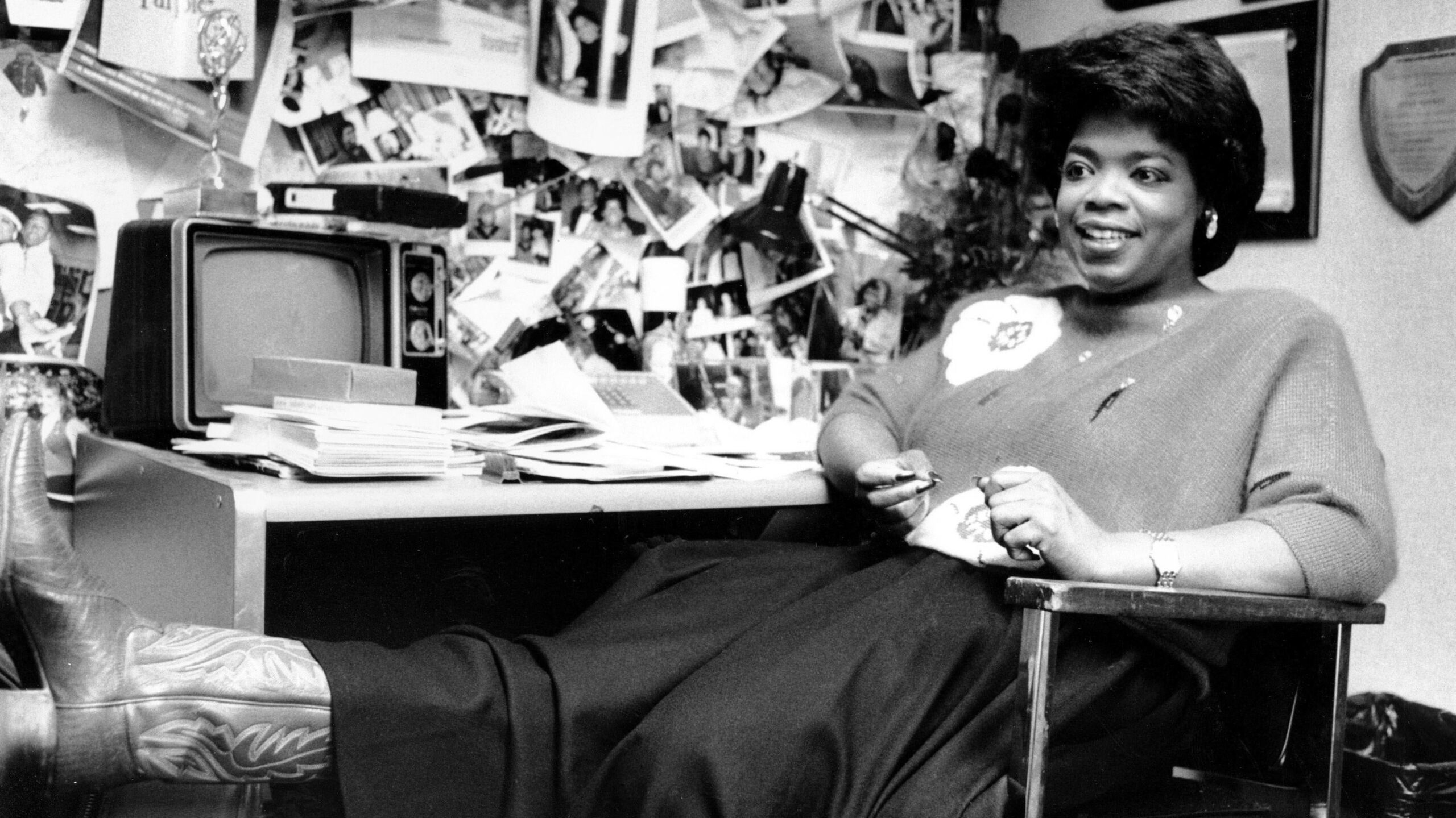
After signing a syndication deal with King World, Oprah Winfrey broadcasted the first episode of The Oprah Winfrey Show on September 8, 1986
1987: Aretha Franklin becomes the first woman inducted into the Rock and Roll Hall of Fame
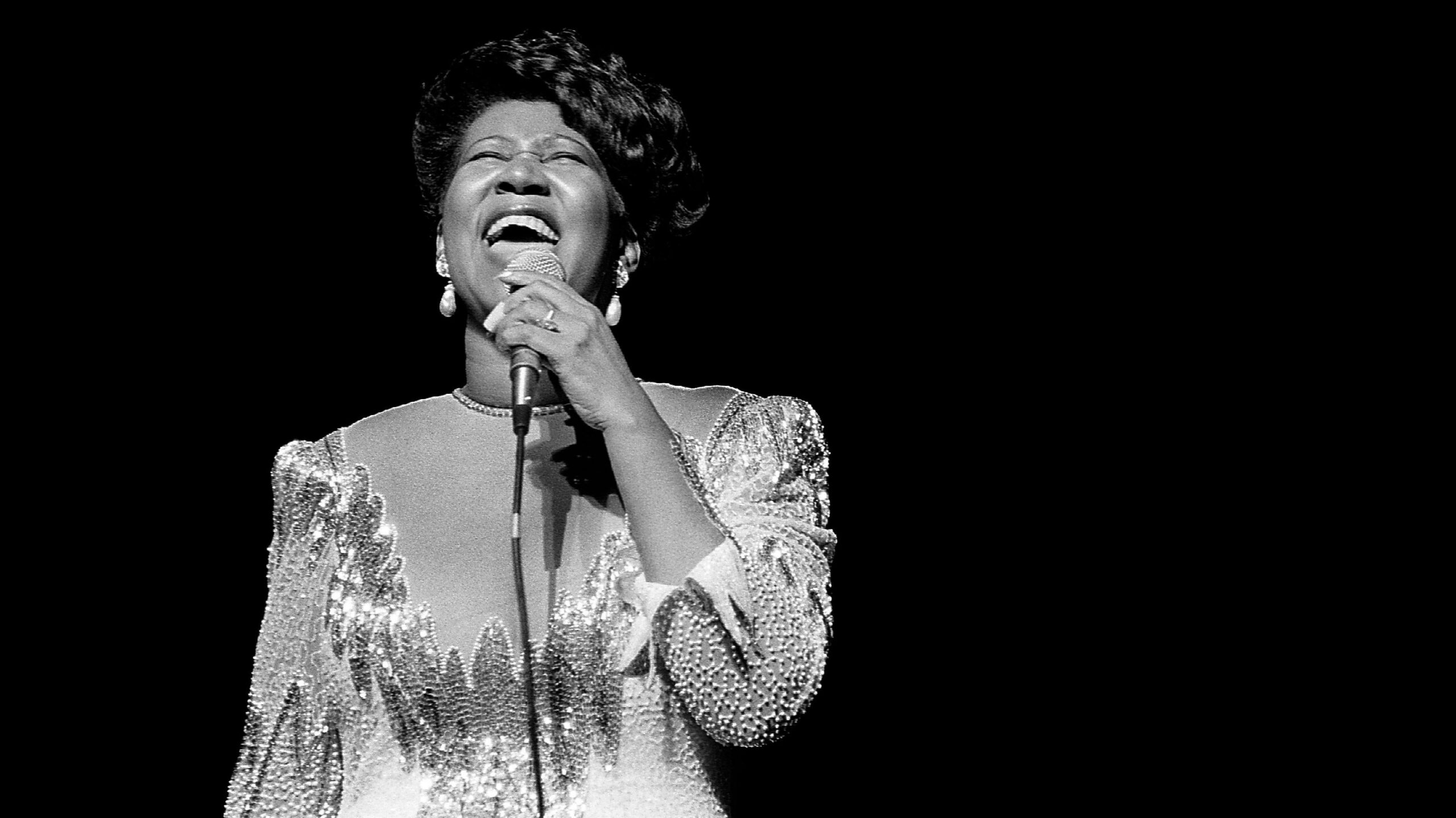
1988: Temple University offers the first Ph.D. in African American Studies
1989: The Central Park Five now known as the Exonerated Five
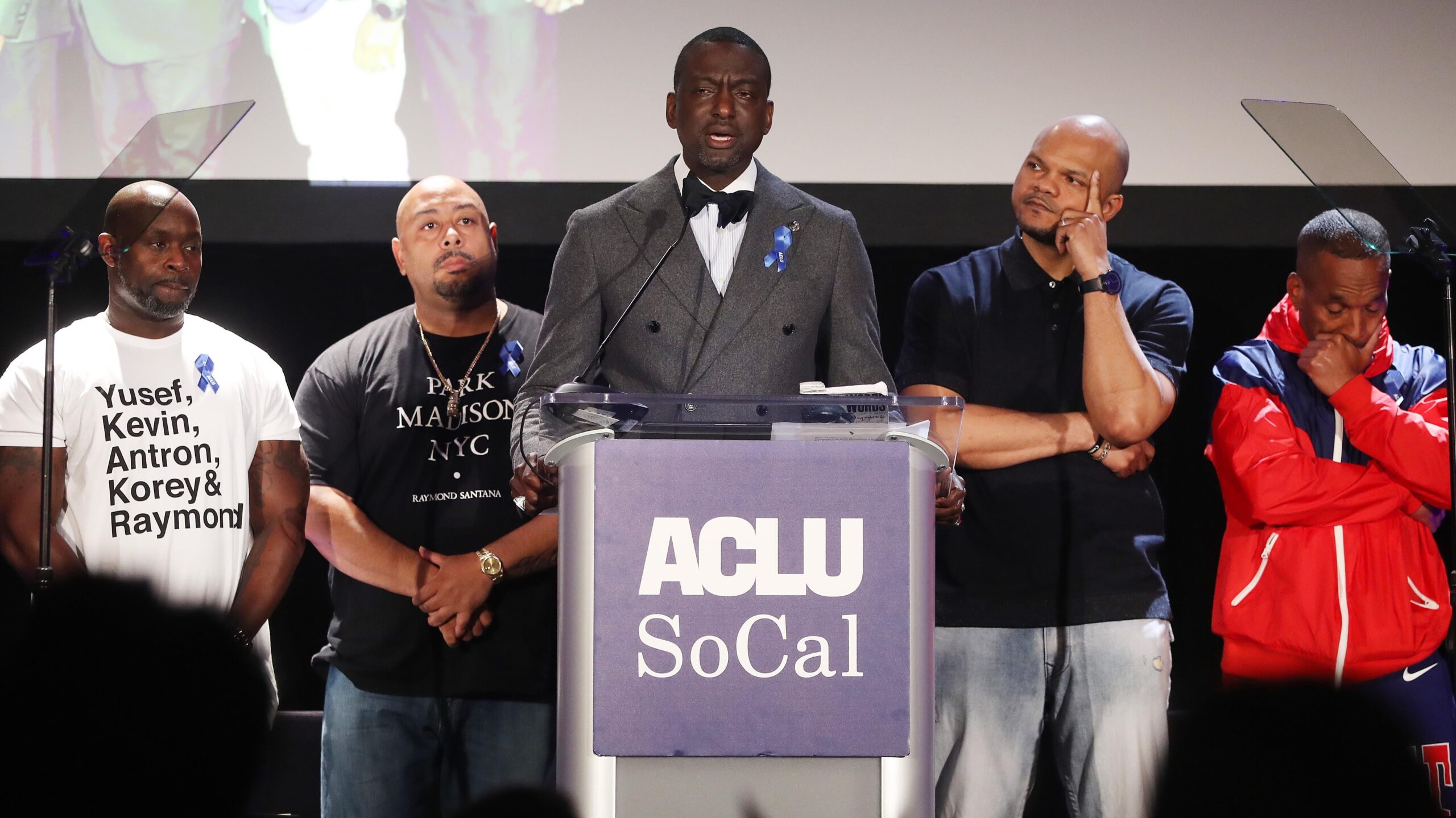
April 20, 1989, a woman jogging in Central Park was assaulted and raped by a man while a group of Black boys rode their bikes on the other side of the park. New York Police targeted the group of boys, accusing five of them of the crime in a miscarried investigation leading to their wrongful conviction.
1991: The Rodney King Beating
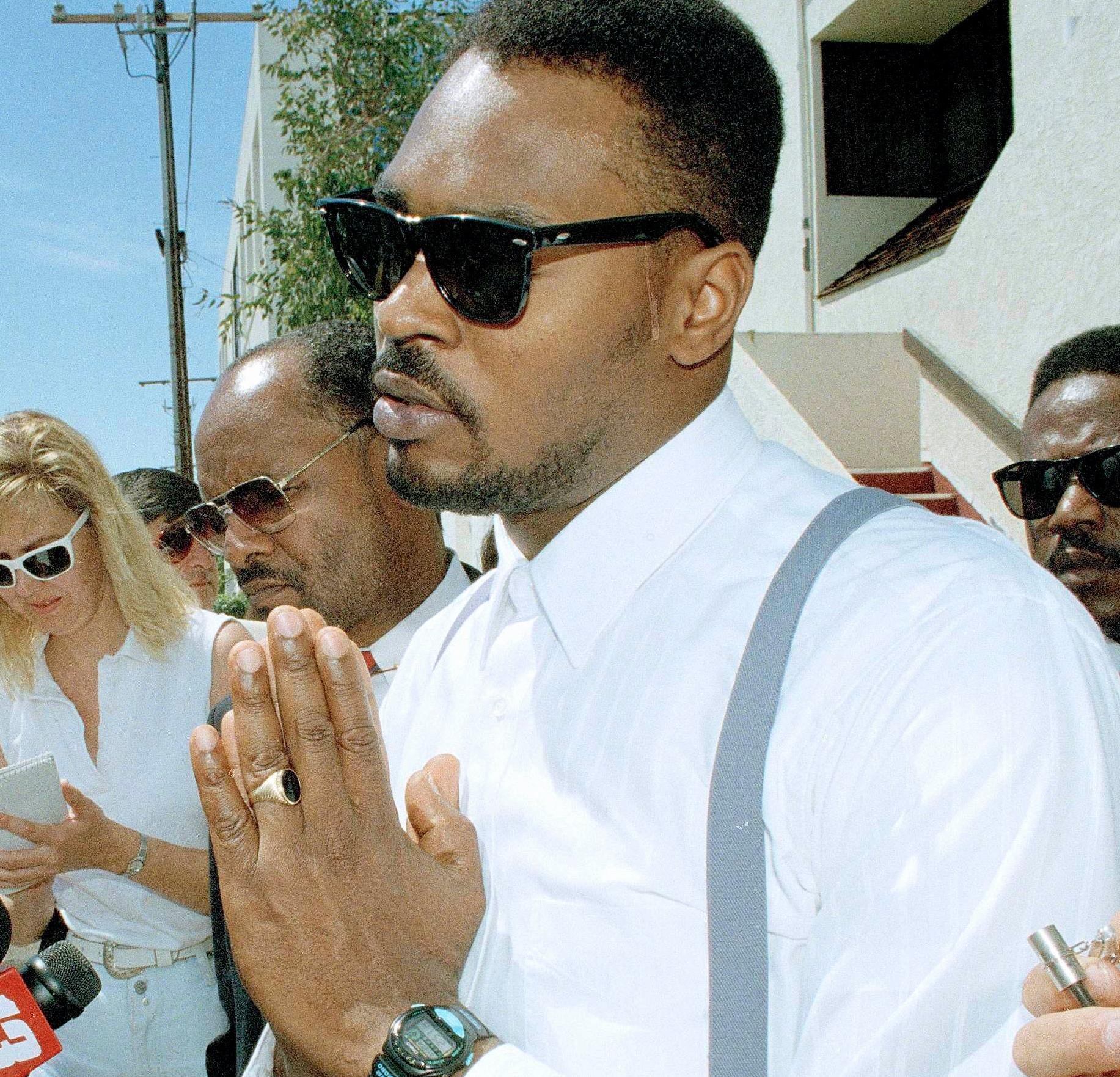
The evening of March 3, 1991, Rodney King was savagely beaten by police officers during a traffic stop. The officers’ acquittal sparked outrage across the country leading to riots across Los Angeles against police brutality.
1991: Crown Heights Riot
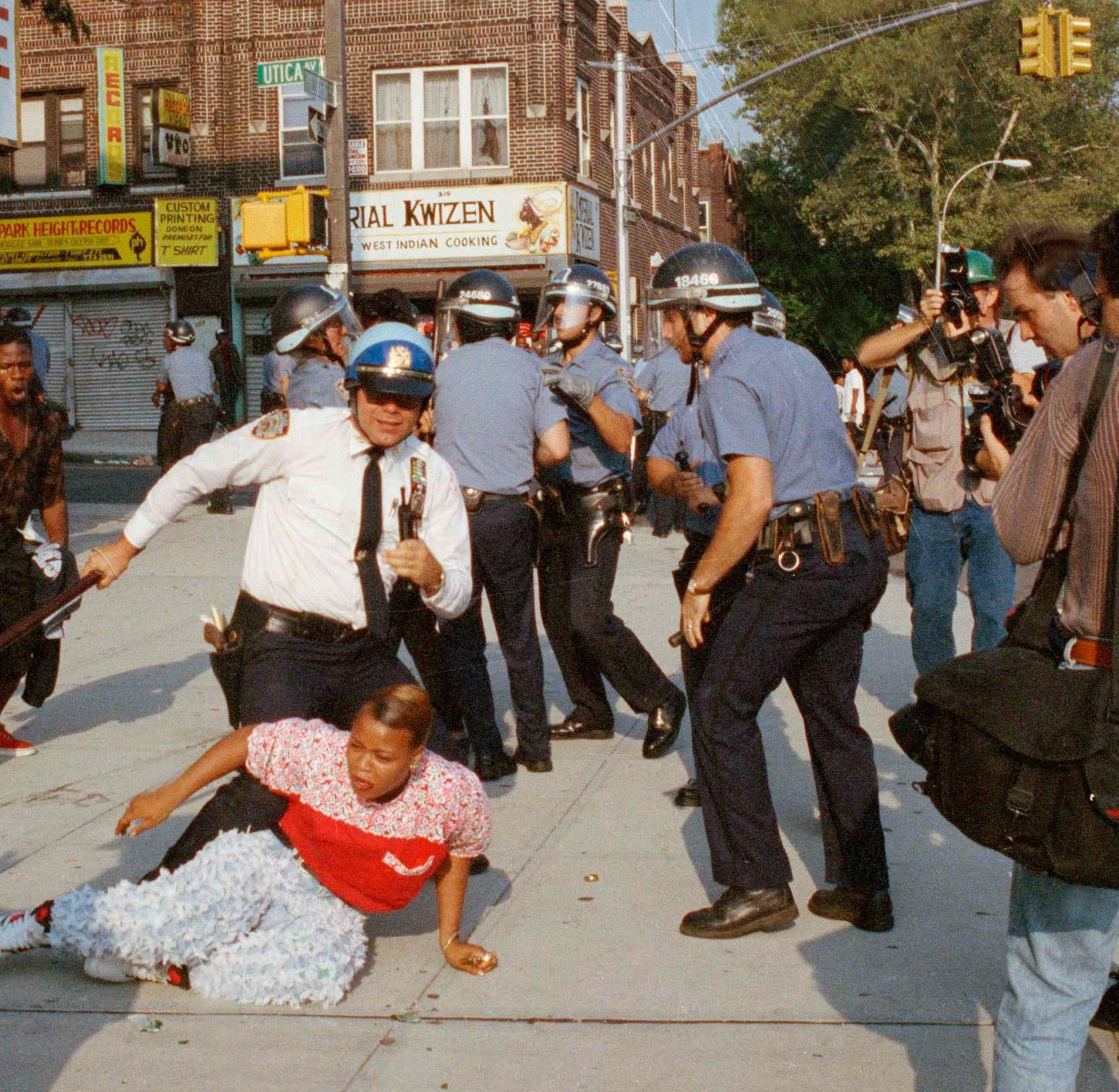
This event was a response to the killing of a young Black boy who was struck by a car driven by a Jewish man, causing existing tensions between the Jewish and Black communities in Brooklyn to erupt into violence.
1991: Daughters of the Dust by Juie Dash
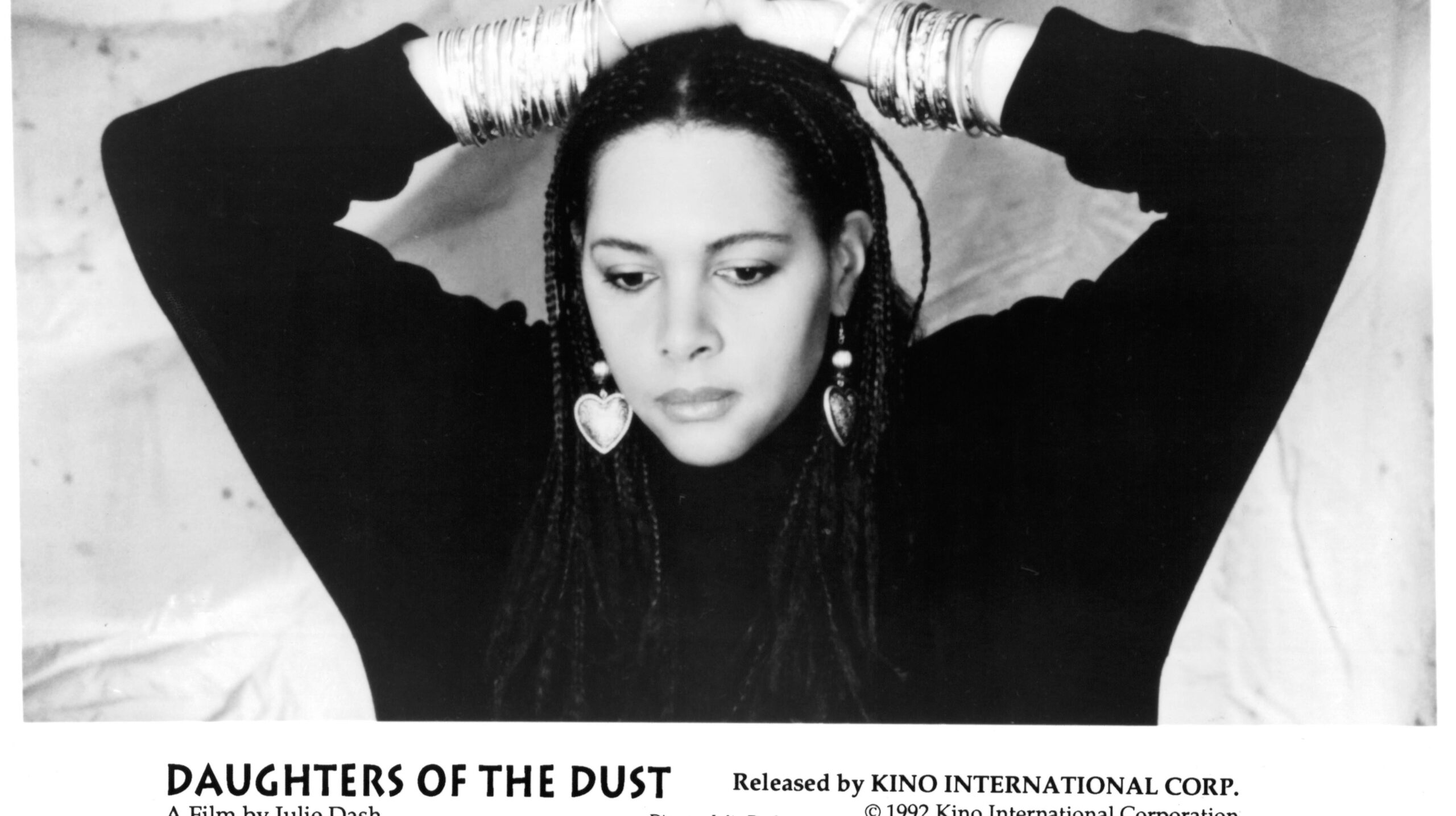
Independent film Daughters of the Dust is released by Juie Dash, selected for the Sundance competition and marked as the first film directed by a Black woman distributed theatrically.
1992: Los Angeles Riots take place in response to the acquittal of the officers who brutally beat Rodney King.
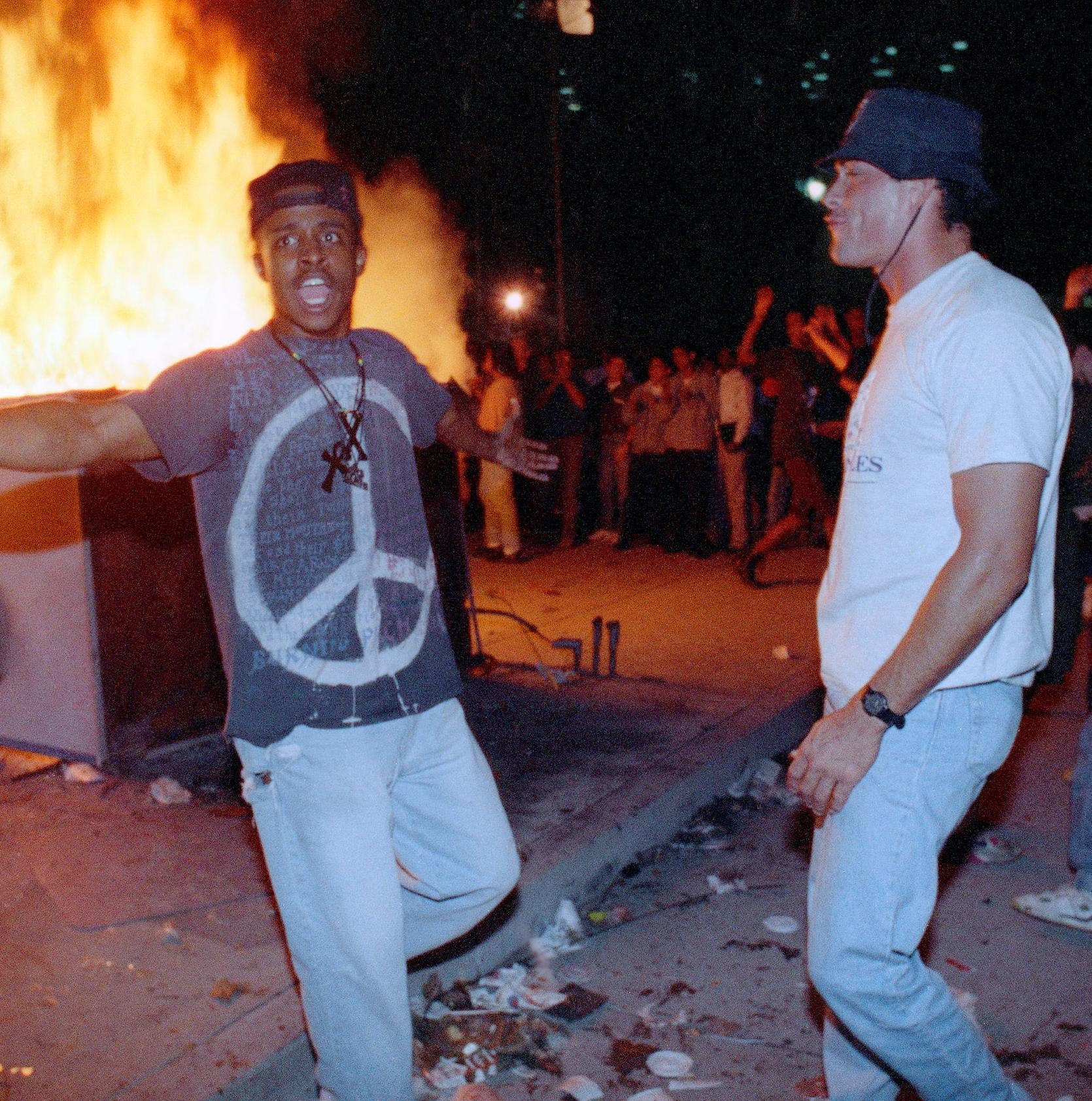
1993: Toni Morrison becomes the first black American to win the Nobel Prize in Literature
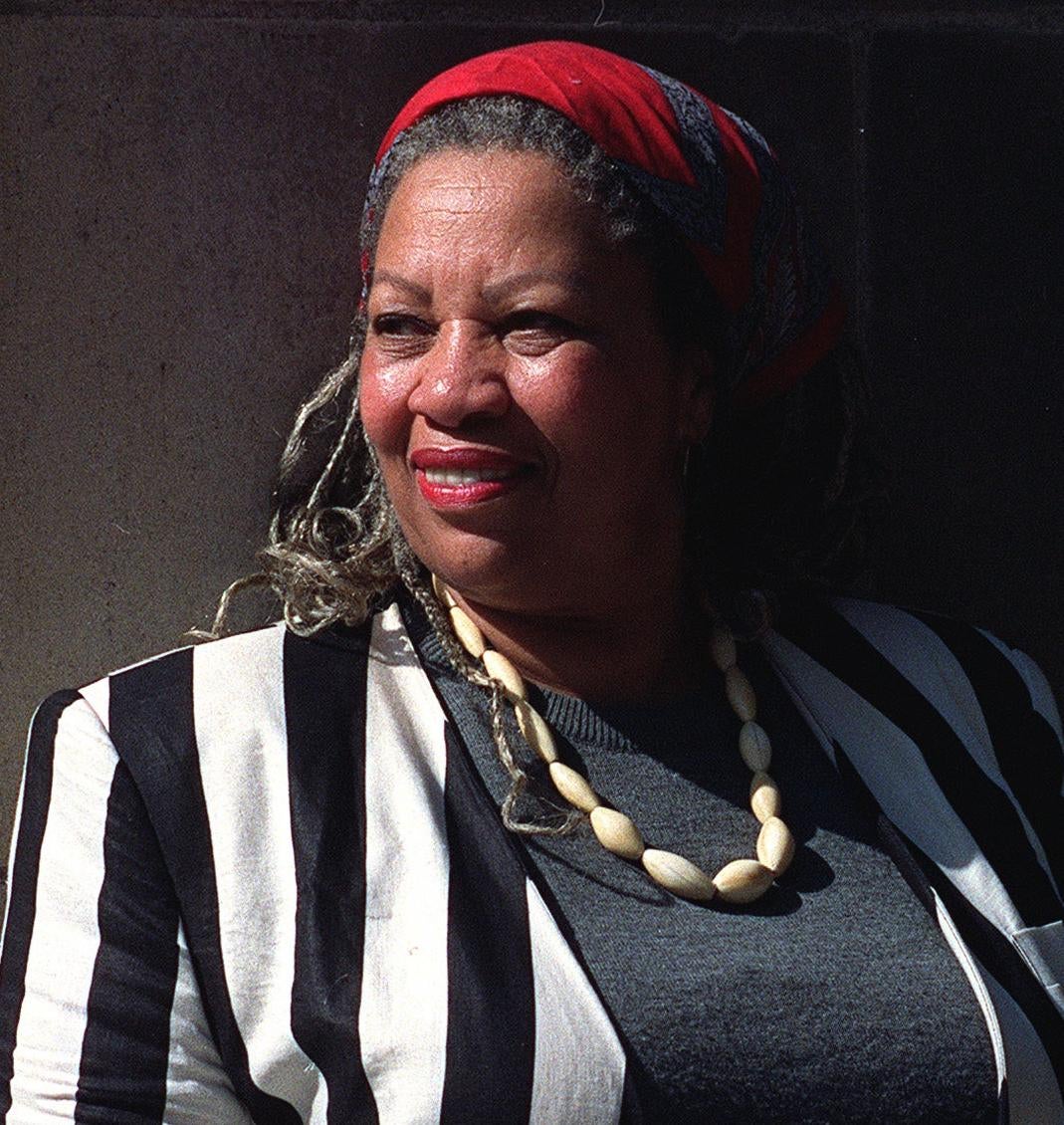
1993: Living Single, a sitcom created by Yvette Lee Bowser premieres on Fox on August 22, 1993
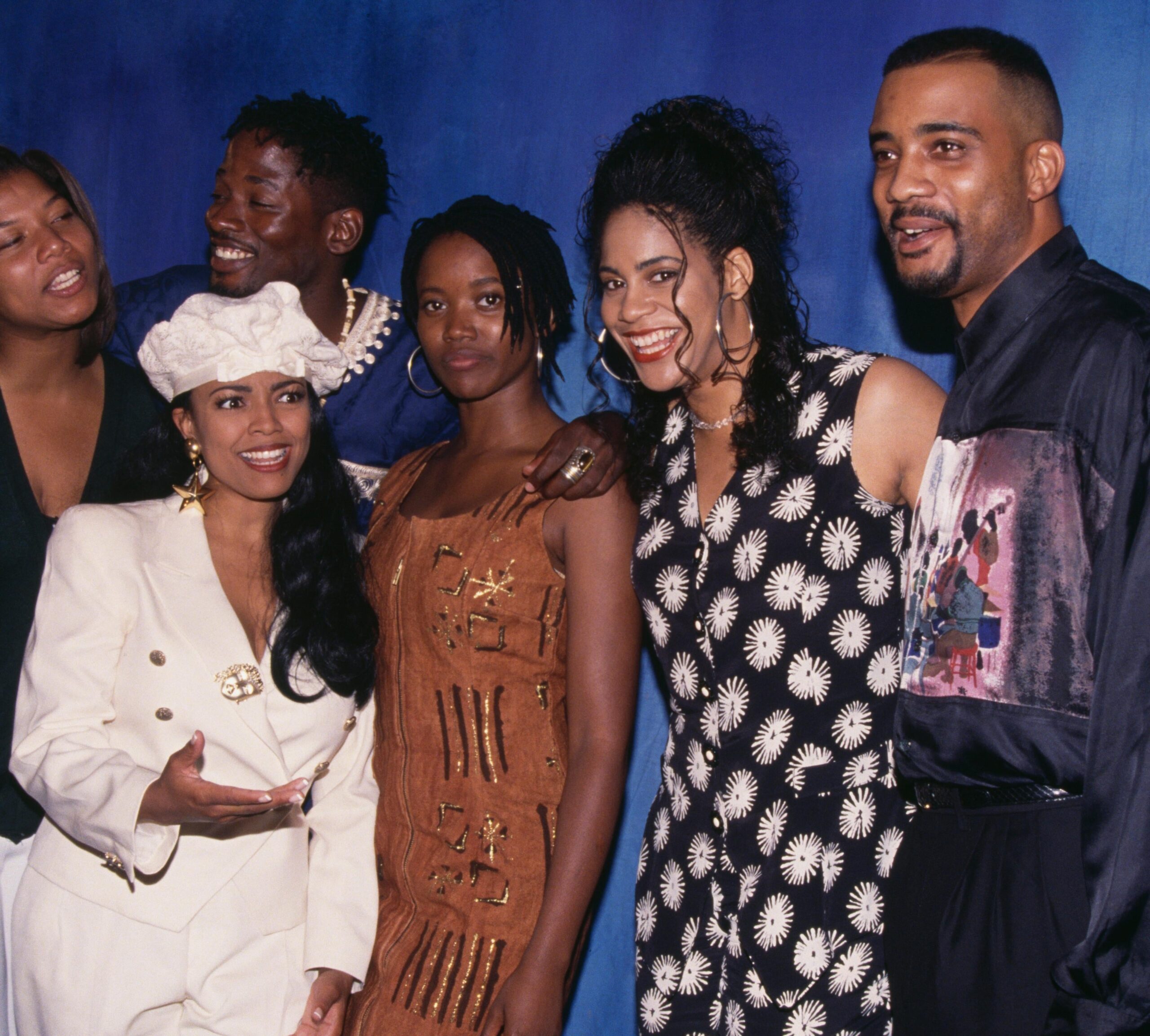
1995: Million Man March
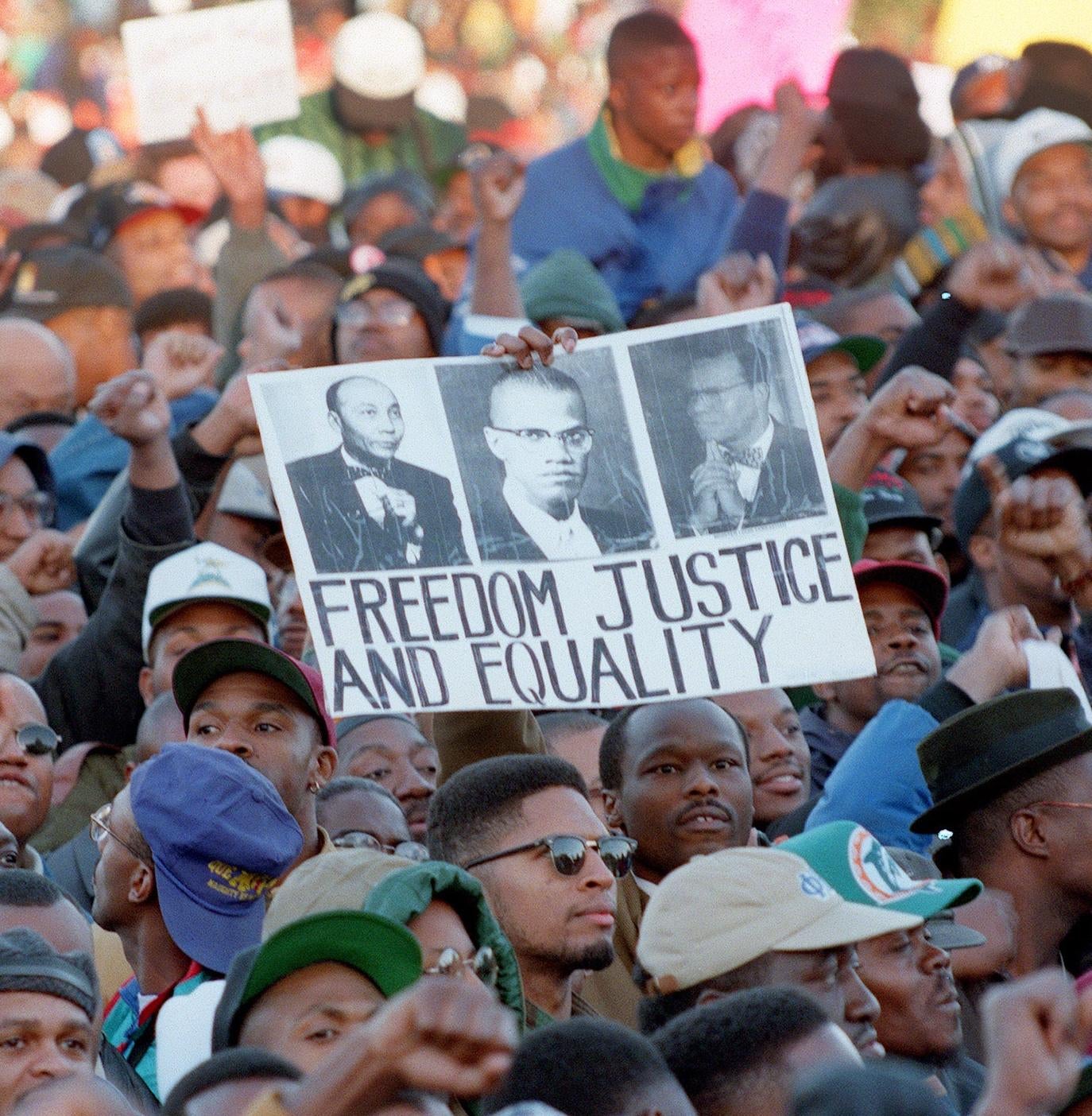
On October 16, 1995, Martin Luther King III and Louis Farrakhan lead a march of over 800,000 of Black men to Washington D.C. hosting up to 12 hours of speeches calling for the building up of Black businesses and revitalization of Black communities.
1997: Million Woman March
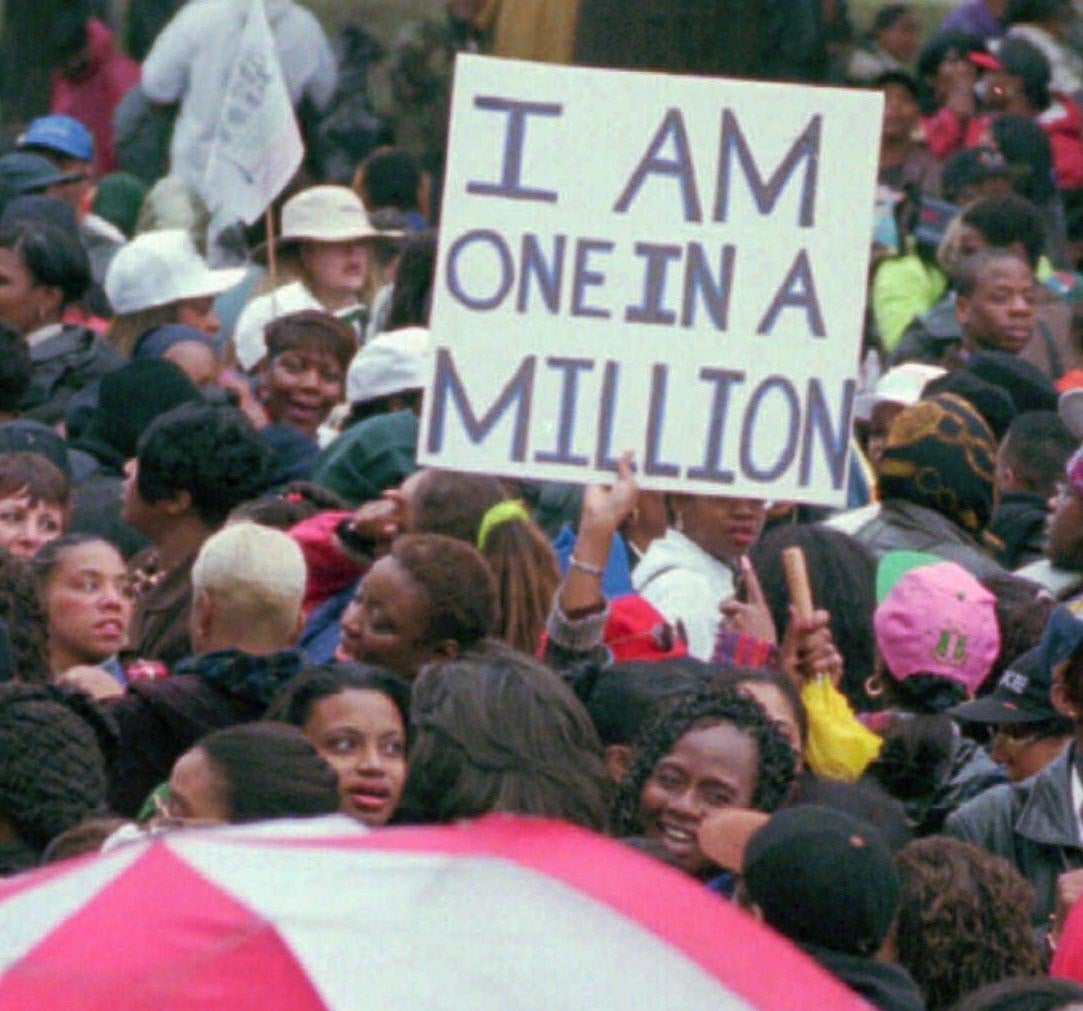
Grassroots organizers from Philadelphia organized a march to bring together Black women in response to the previous all-male march. About 750,000 demonstrators showed including speakers Sista Souljah and the daughter of Malcolm X as they rallied together to support each other and the problems they solve beside the men who often lead the Black liberation movement.
1997: Tiger Woods Wins the Masters Tournament

At 21 years old, Tiger Woods wins the Masters Tournament in Augusta, Georgia breaking records with his technique and recovery from his rough start in the competition
1998: James Byrd Jr. Killed By White Supremacists
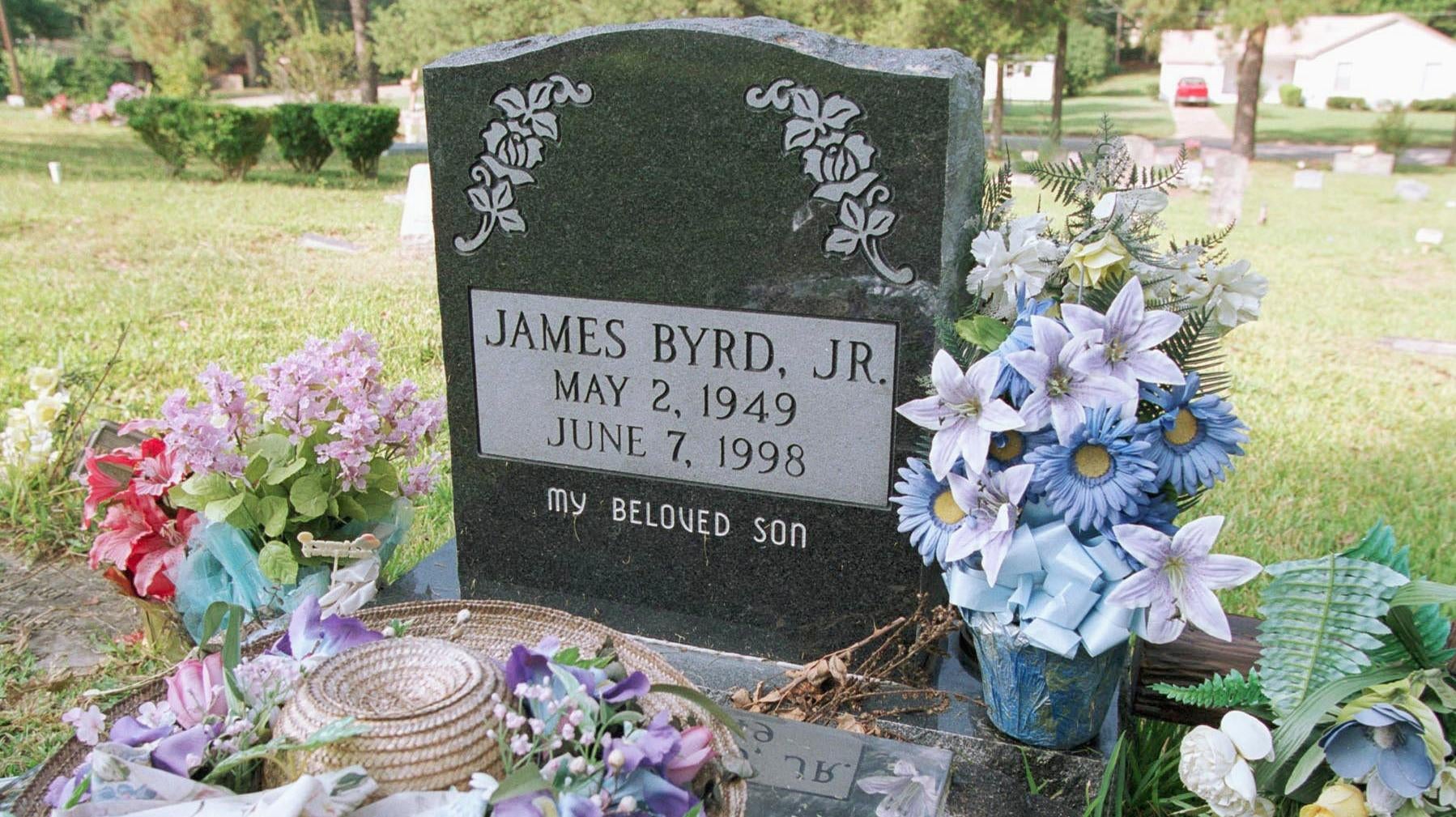
The morning of June 7, 1998, James Byrd Jr. accepted a ride home from two white supremacists who drove him into the woods, beat him with a bat, chained him to the. back of their truck and dragged him for 3 miles. His remains were dropped off in front of a Black church. One of the murderers was sentenced to life and the other was given the death penalty.
1999: Serena Williams wins the U.S. Open at 17 years old, being the first Black woman to win a Grand Slam singles title since 1958.

2001: Colin Powell Becomes First African-American Secretary of State Under President George W. Bush
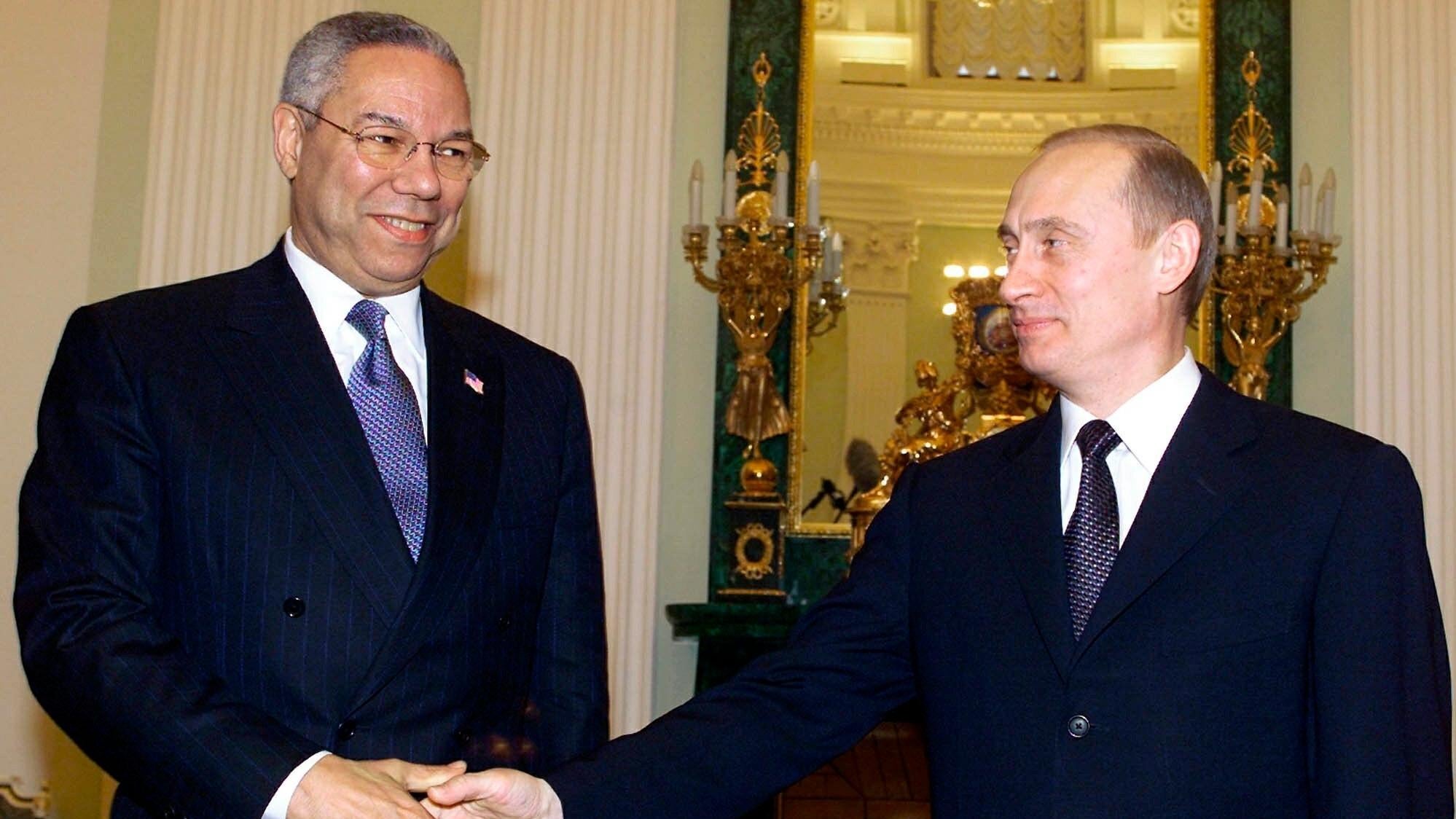
2002: Halle Berry makes history as the first Black woman to win an Academy Award for Best Actress in Monster’s Ball. Denzel Washington also wins his second Oscar for Best Actor in Training Day.

2005: Condoleezza Rice becomes the first African-American woman to serve as Secretary of State under President George W. Bush
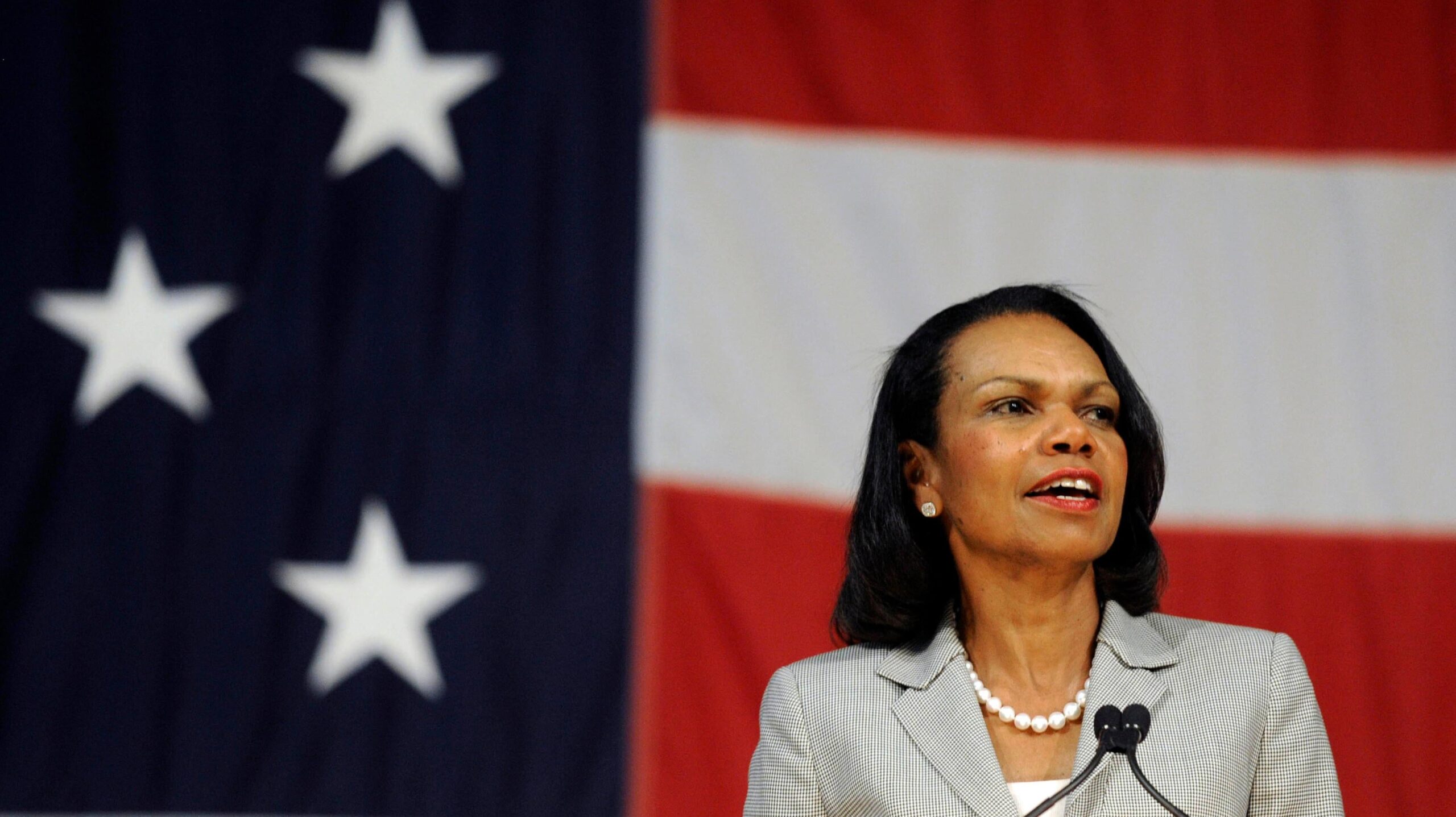
2005: Hurricane Katrina

The storm touched down near New Orleans, Louisiana as a Category 3 hurricane. Over 1,000 deaths were recorded with thousands more people displaced and with the most devastation and flood damage taking place in poorer African-American neighborhoods.
2005: The 2005 Toledo Riot
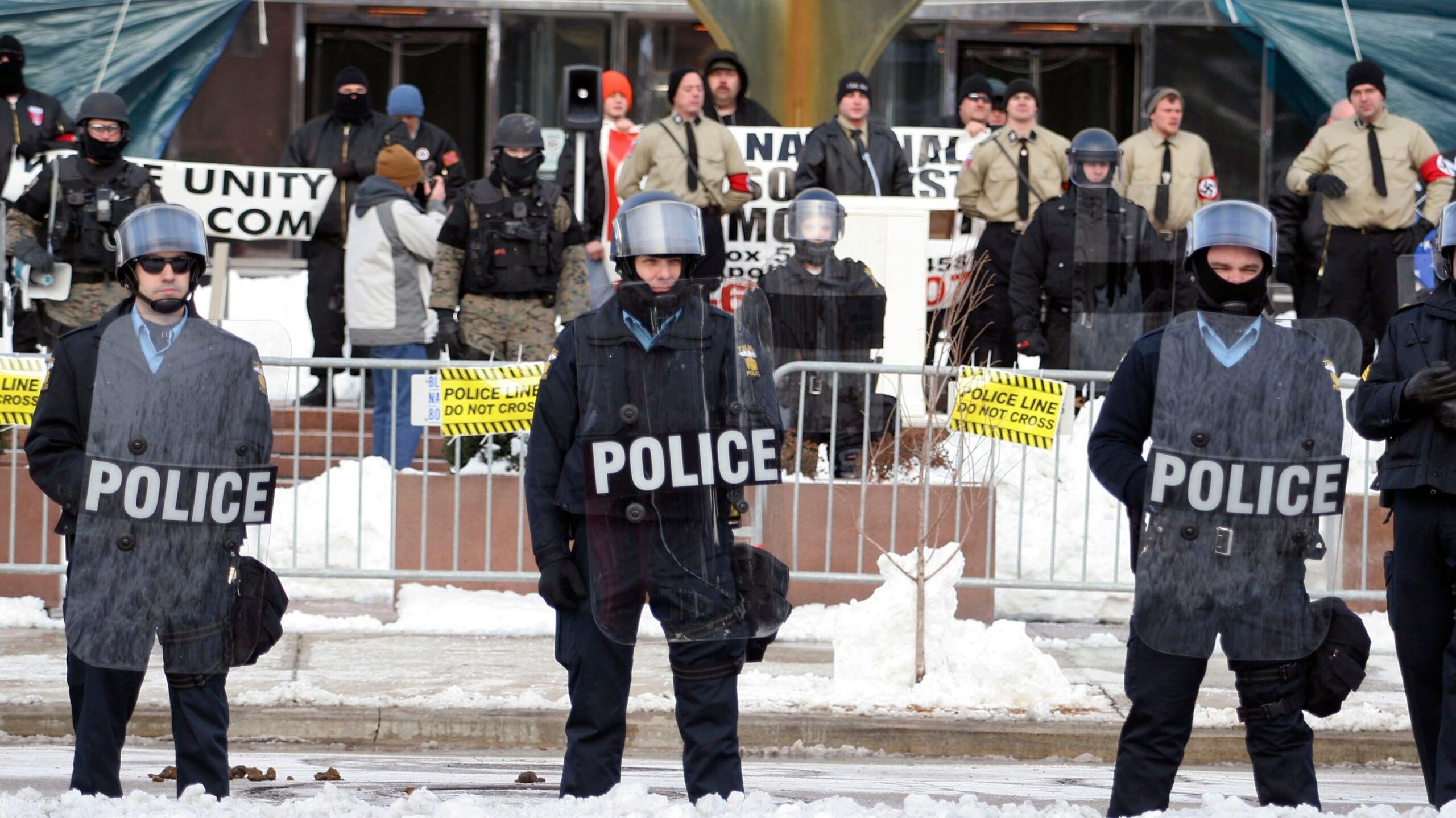
A march led by the National Socialist Movement, a neo-Nazi organization, against ‘Black gang violence’ escalated once residents began counter-protesting and police attacked protesters with tear gas and pepperspray.
2006: Soul Train Airs Its Last Episode After 35 Seasons
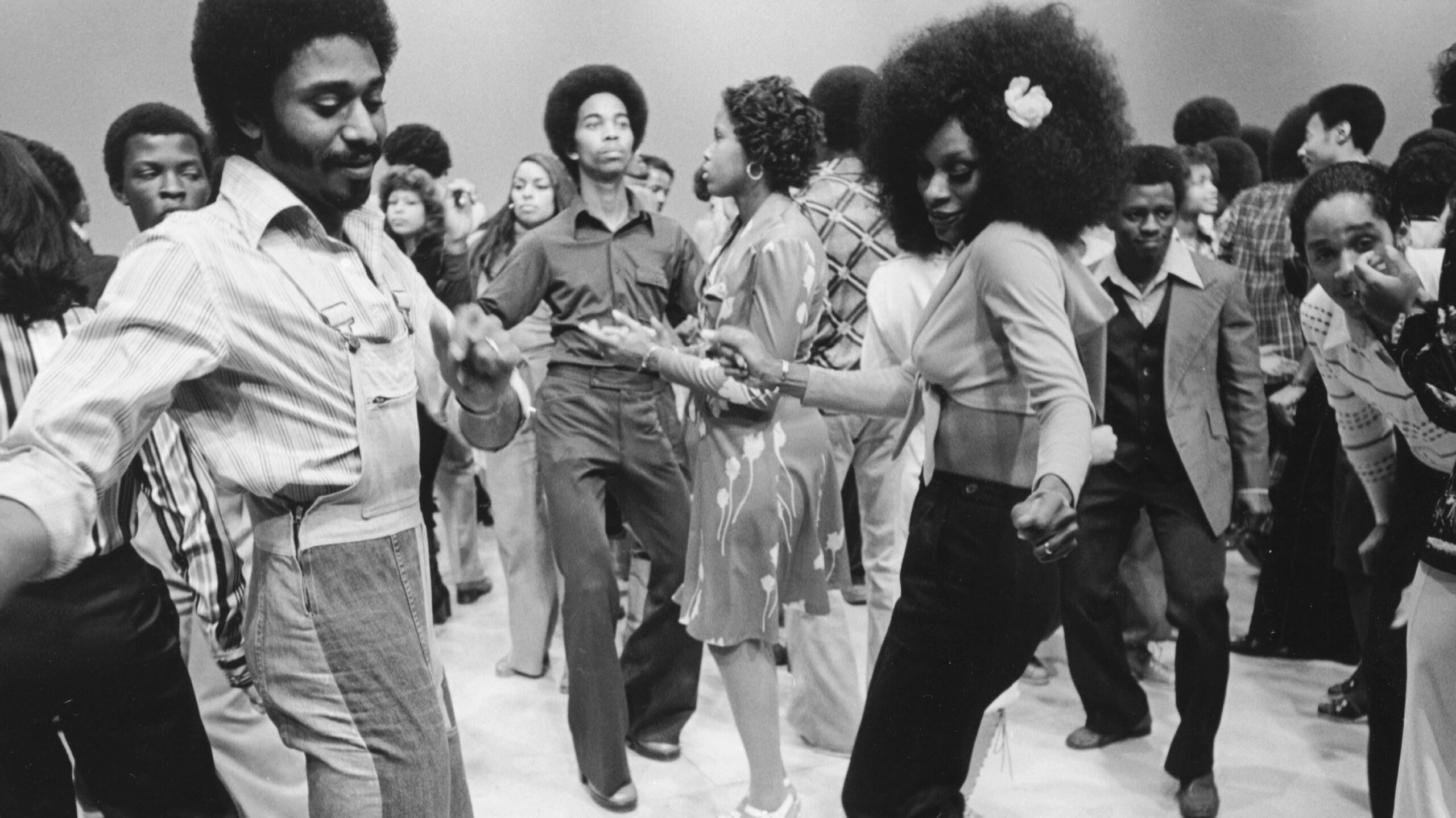
2007: Community Schools v. Seattle School District No. 1 and Meredith v. Jefferson County (Kentucky) Board of Education
The Supreme Court ruled the use of race to evaluate student applications did not justify a school’s interest in diversifying their student body because they did not seek other means of classification.
2008: Barack Obama Becomes 44th U.S. President
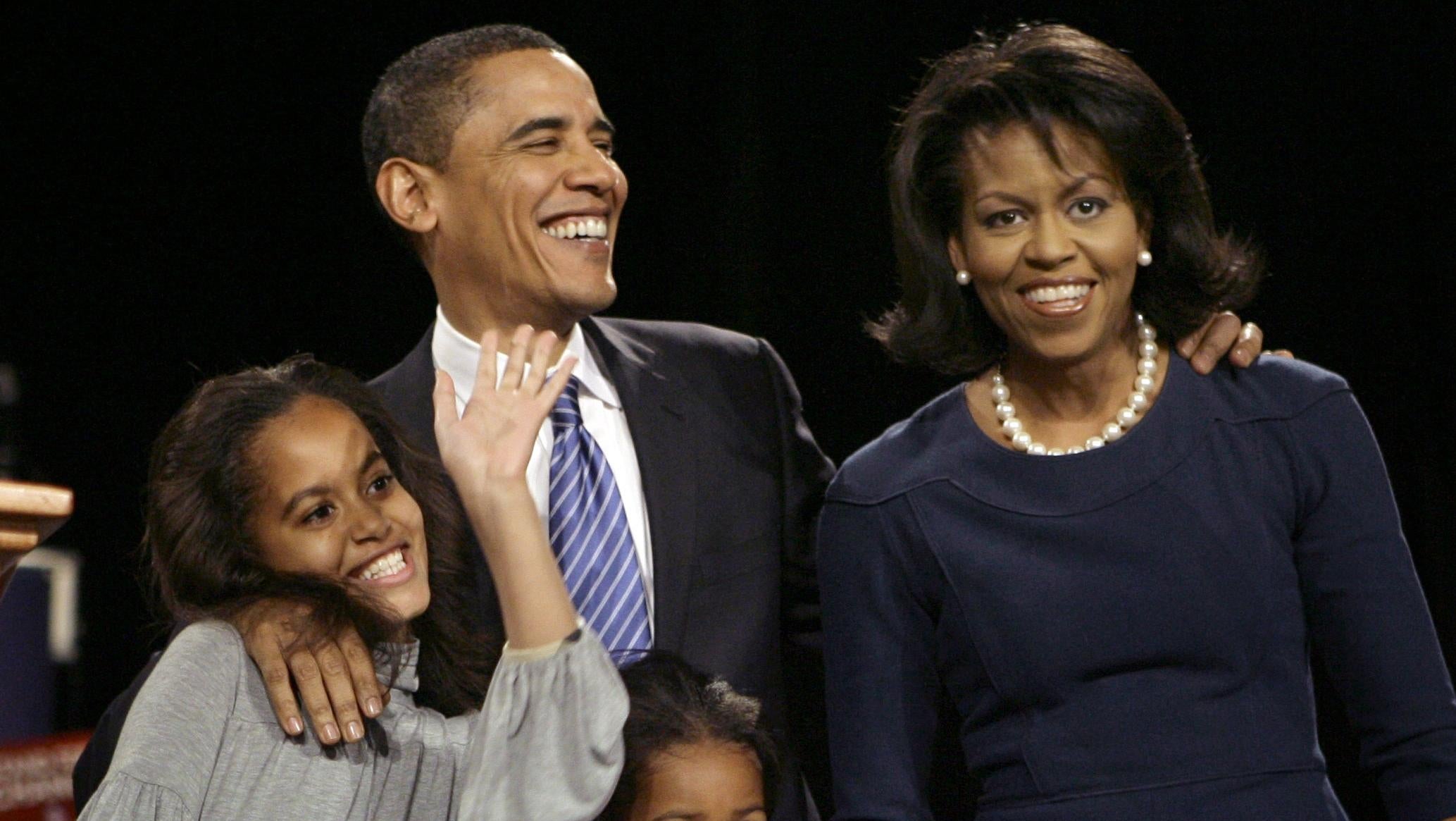
2009: Shooting of Oscar Grant
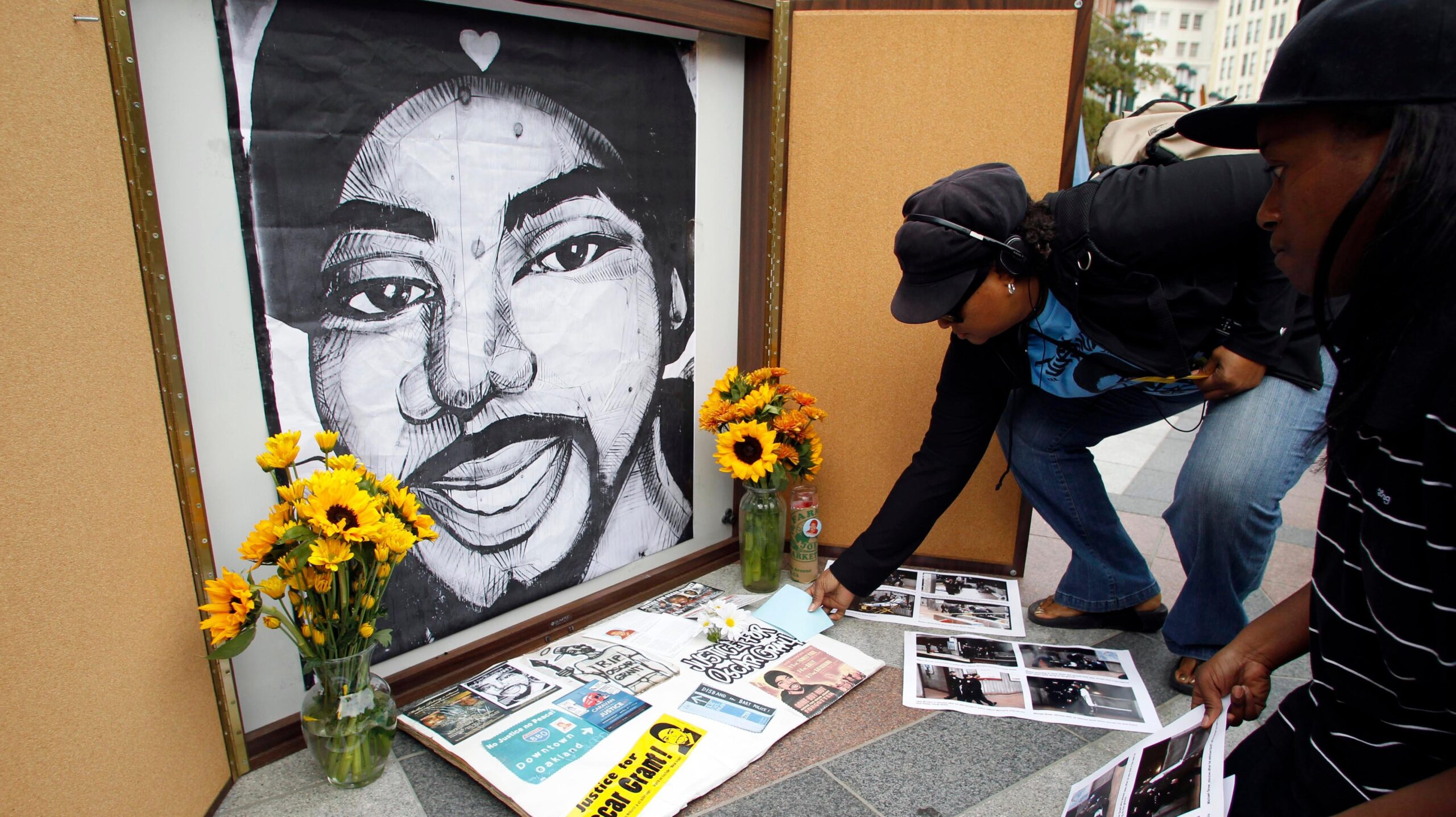
On New Year’s Day, Oscar Grant was shot by a police officer while lying face down on the Fruitville Station platform. The incident was caught on a phone camera and the video led to national outrage and Oakland protests for the officers involved to be charged.
2010: Obamacare is passed
Also known as the Affordable Care Act, the bill was passed by Congress on March 10, 2010 requiring most citizens to receive health insurance and requiring employers to offer it.
2010: Dustin Byfuglien, the First African-American to Win the Stanley Cup

On June 9, 2010, Dustin Byfuglien became the first African-American to win the Stanley Cup after the Chicago Blackhawks claimed victory over the Philadelphia Flyers.
2011: Oprah launches The Oprah Winfrey Network
2012: Obama is re-elected for a second term as U.S. President
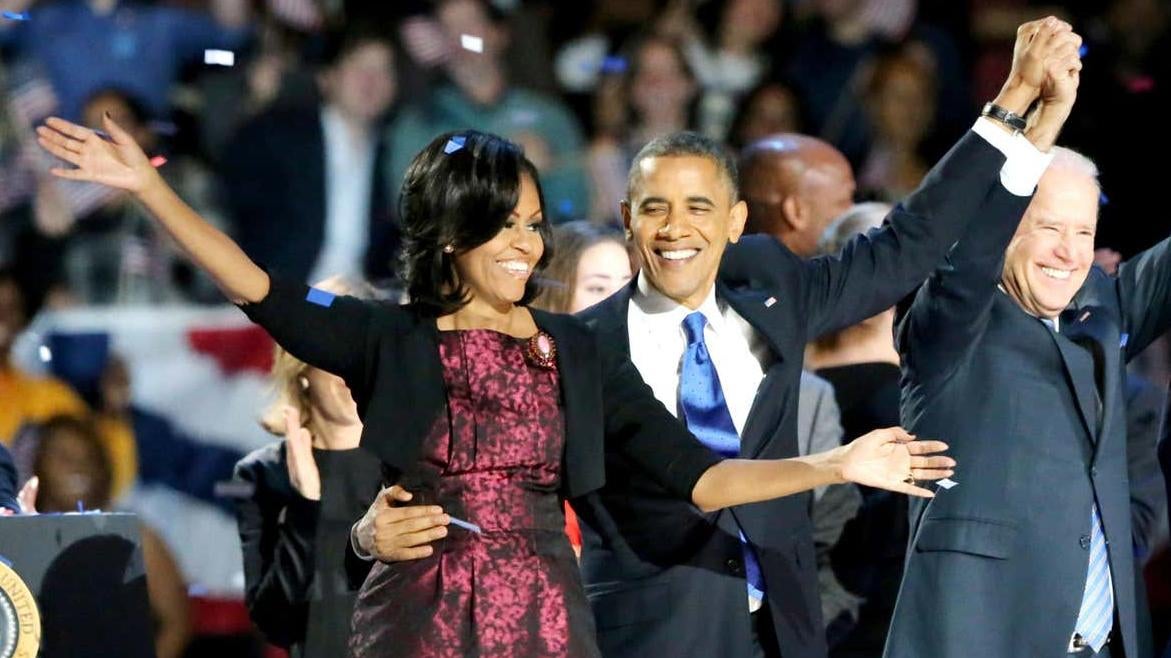
2012: Gaby Douglas Makes Olympic History

Gabby Douglas becomes the first African-American Olympic all-around champion and first gymnast to win gold in the all-round and team competitions in the same Olympic game.
2012: Trayvon Martin & Stand Your Ground
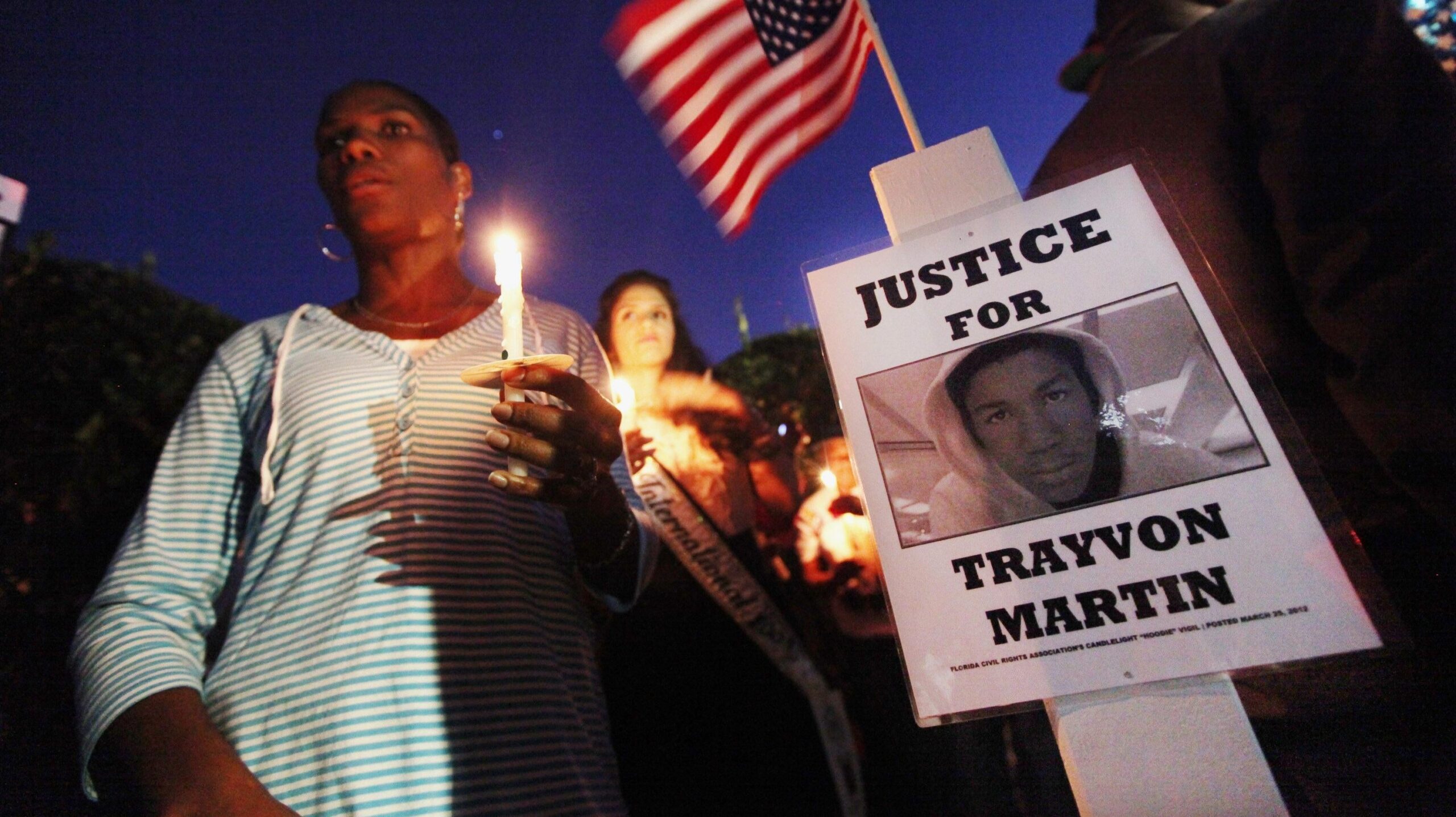
Neighborhood watch officer George Zimmerman targeted 17-year-old Trayvon Martin while leaving a convenience store and shot him dead. Zimmerman was acquitted of the charges based on the ‘stand your ground’ law in Florida which is based on self-defense.
2013: Gymnast Simone Biles becomes first African American world all-around champion.

2013: Kimani Gray and the Flatbush Riots
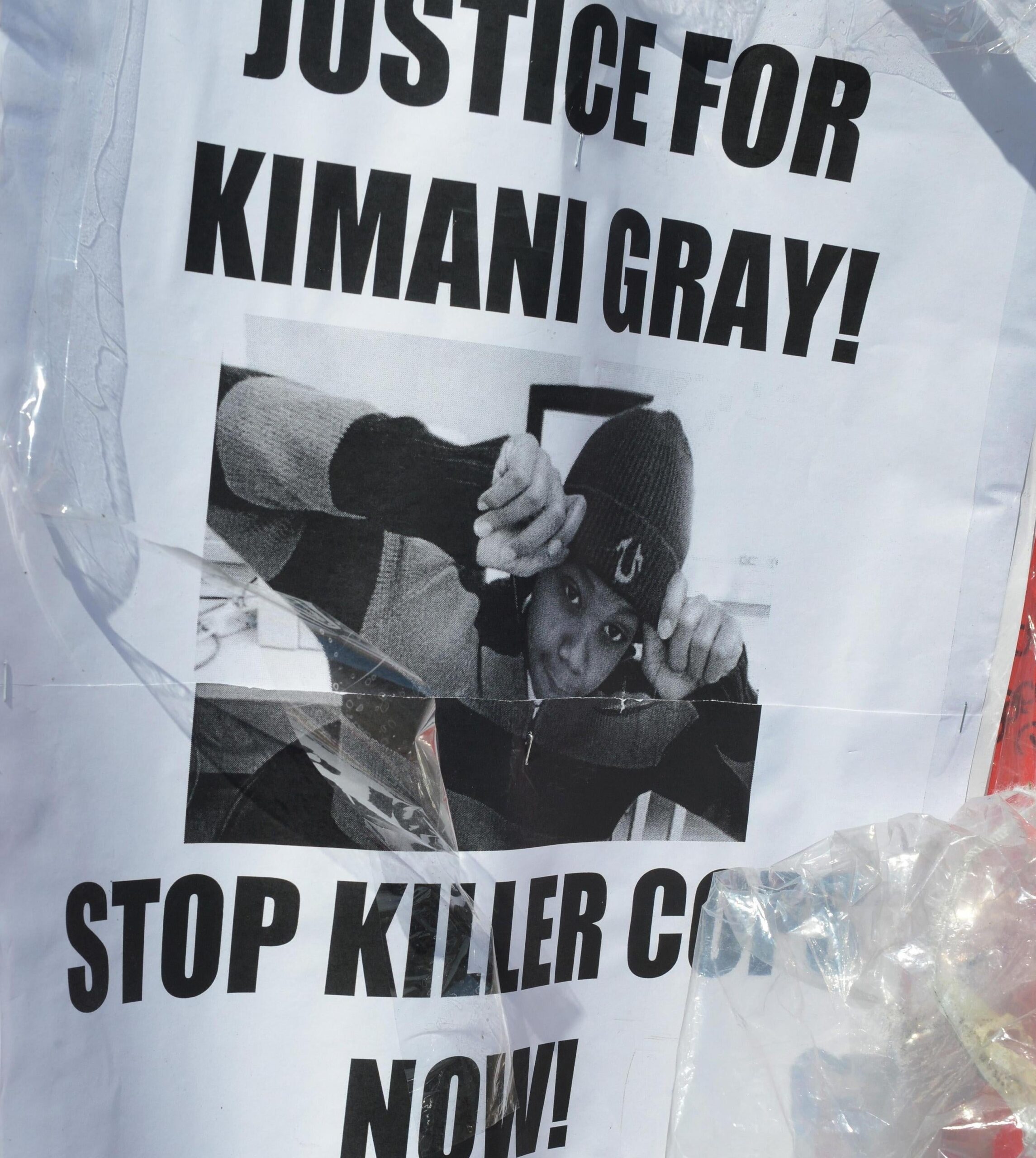
16-year-old Kimani Gray was shot and killed by police officers who falsely accused him of holding a firearm. Violence ensued across Flatbush following his candle-light vigil.
2013: Black Lives Matter Founded
The movement began in the wake of George Zimmerman’s acquittal in the death of Trayvon Martin to advocate for policy change against police brutality.
2014: Ava Duvernay is the first African American to be nominated for Best Director at the Golden Globe Awards for Selma
2014: The Flint Water crisis begins in predominantly Black city of Flint, Michigan.
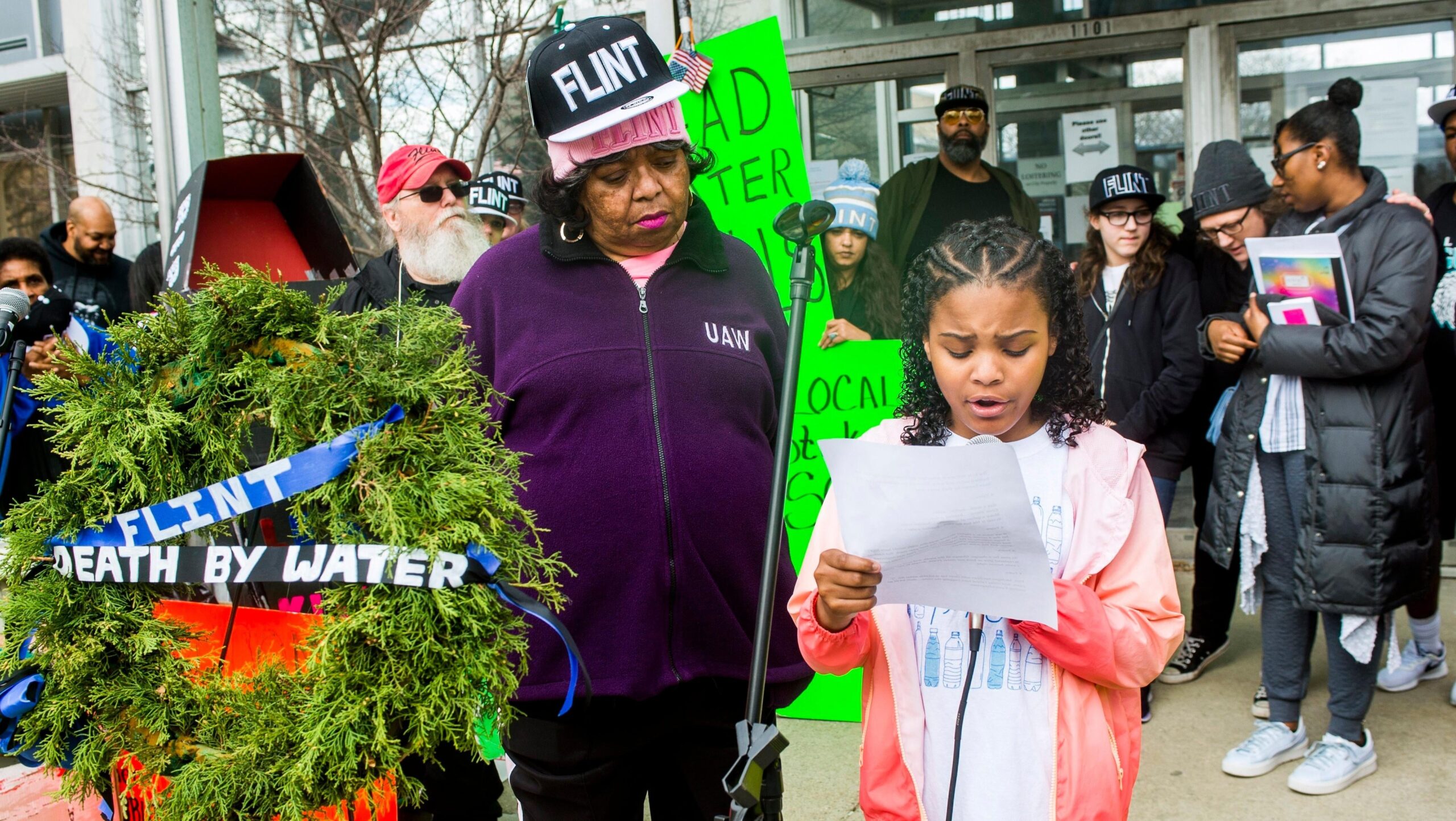
Michigan Governnor Rick Snyder paused the flow of treated water to Flint residents as an effort to cut city costs and decided to pump lead-contaminated Flint River water into the city resulting in protests from residents and a call for national action.
2014: Michael Brown & Ferguson Protests
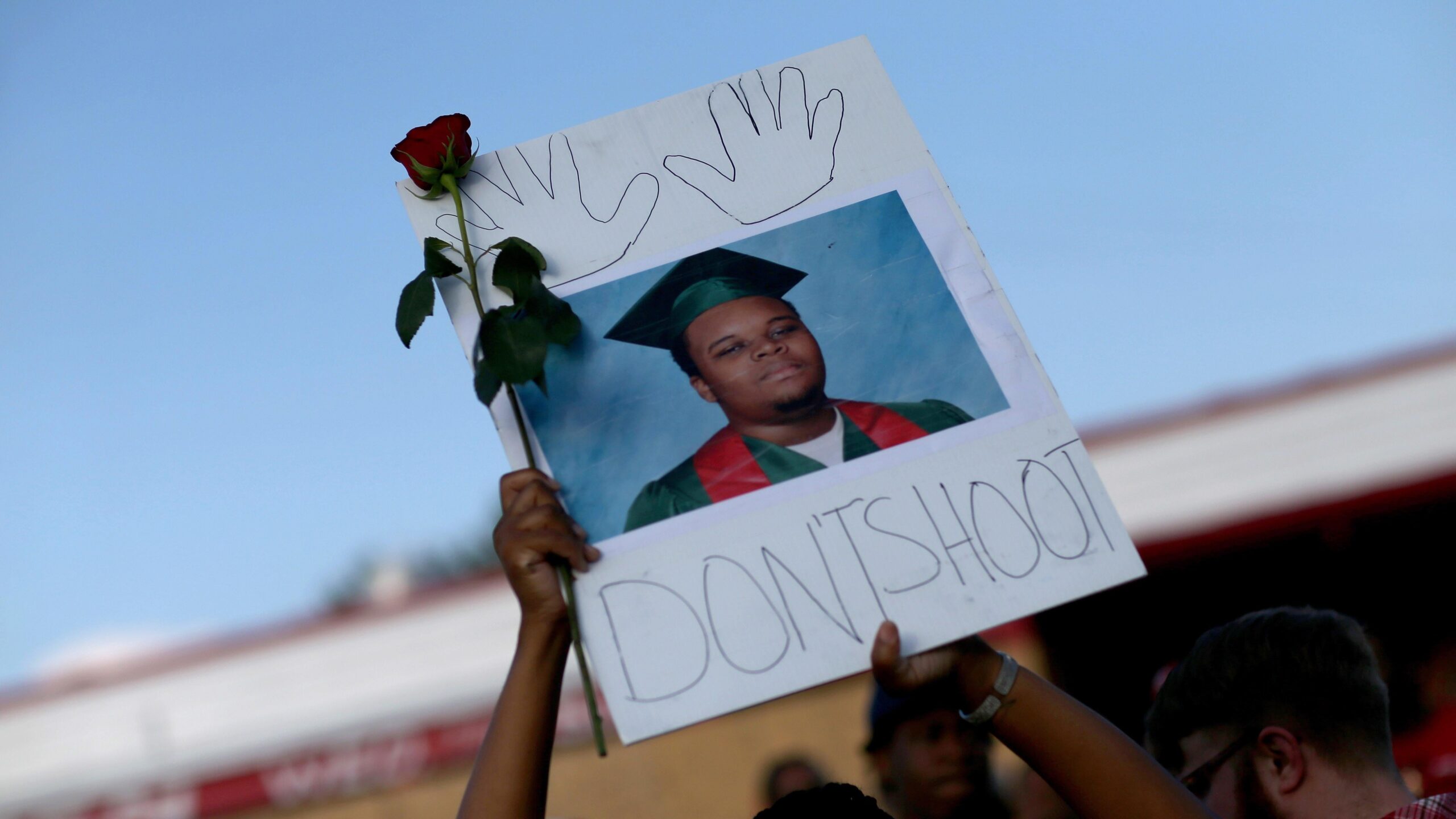
Ferguson police shot and killed 18-year-old Michael Brown who they targeted as a suspect in a robbery. His murder led to unrest across Ferguson as protestors demanded accountability be taken by the officers, and demonstrators chanted “Hands Up, Don’t Shoot” in reference to how Brown was killed.
2015: Loretta Lynch sworn in as first African American woman Attorney General of the United States
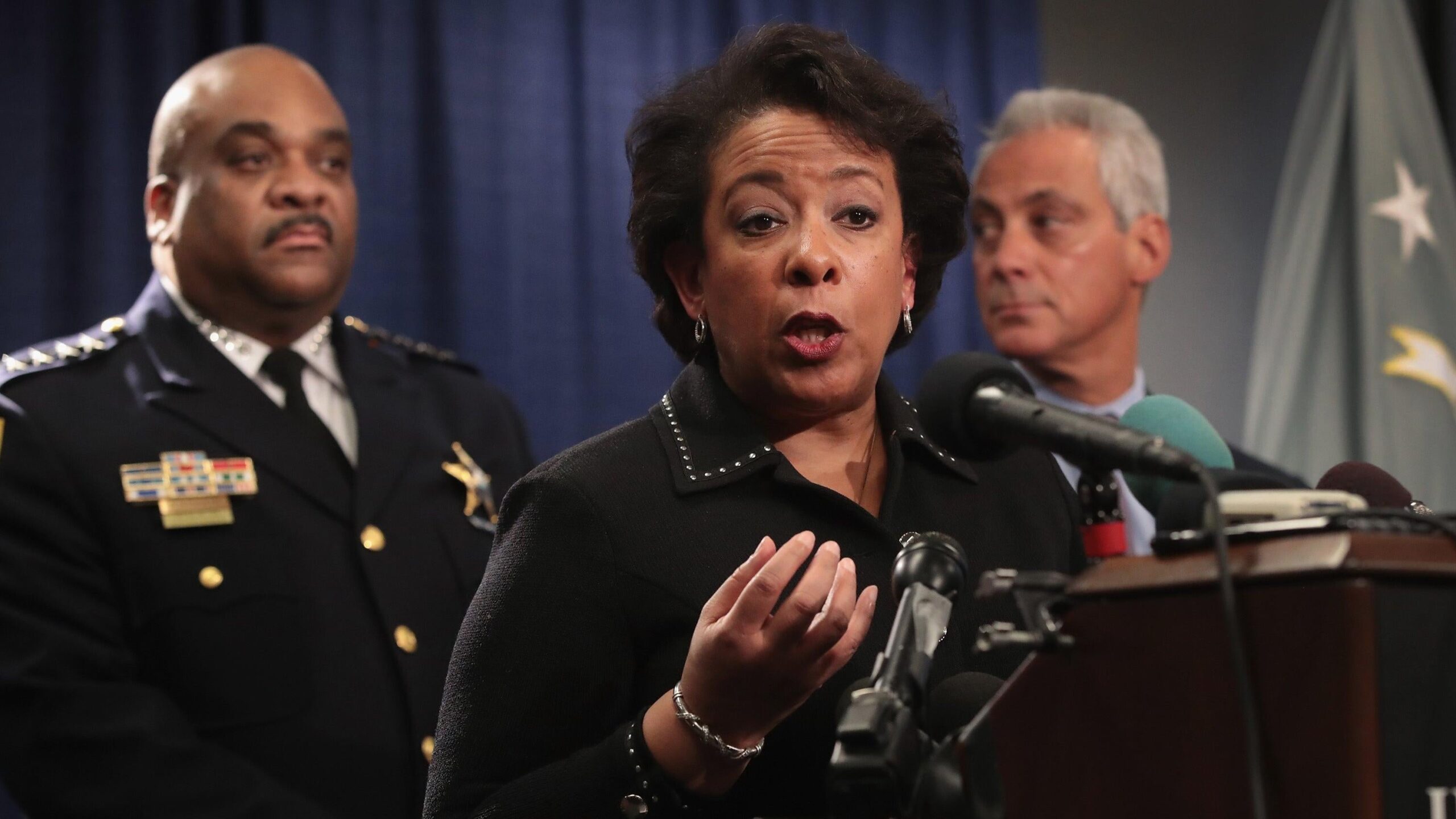
2015: Freddie Gray & Baltimore Protests
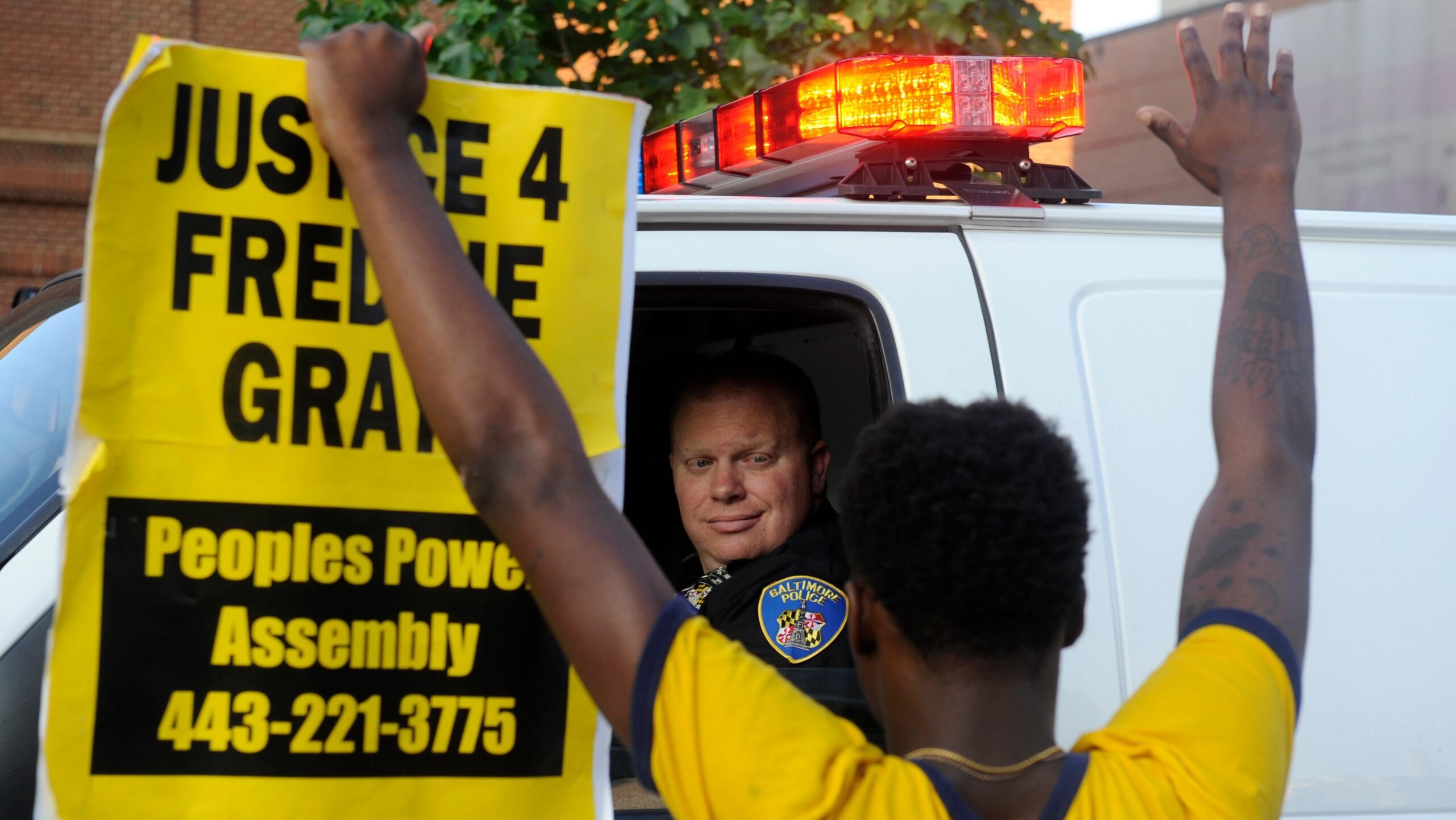
Freddie Gray was arrested by police for possessing a switchblade and taken into a police vehicle. When he came out of that same vehicle, he was unconscious with a severed spinal cord, and died seven days later after a coma. Baltimore residents protested demanding the officers be brought to justice.
2015: Misty Copeland becomes the first African American woman principal dancer for the American Ballet Theatre in June 2015

2015: The Charleston Church Shooting
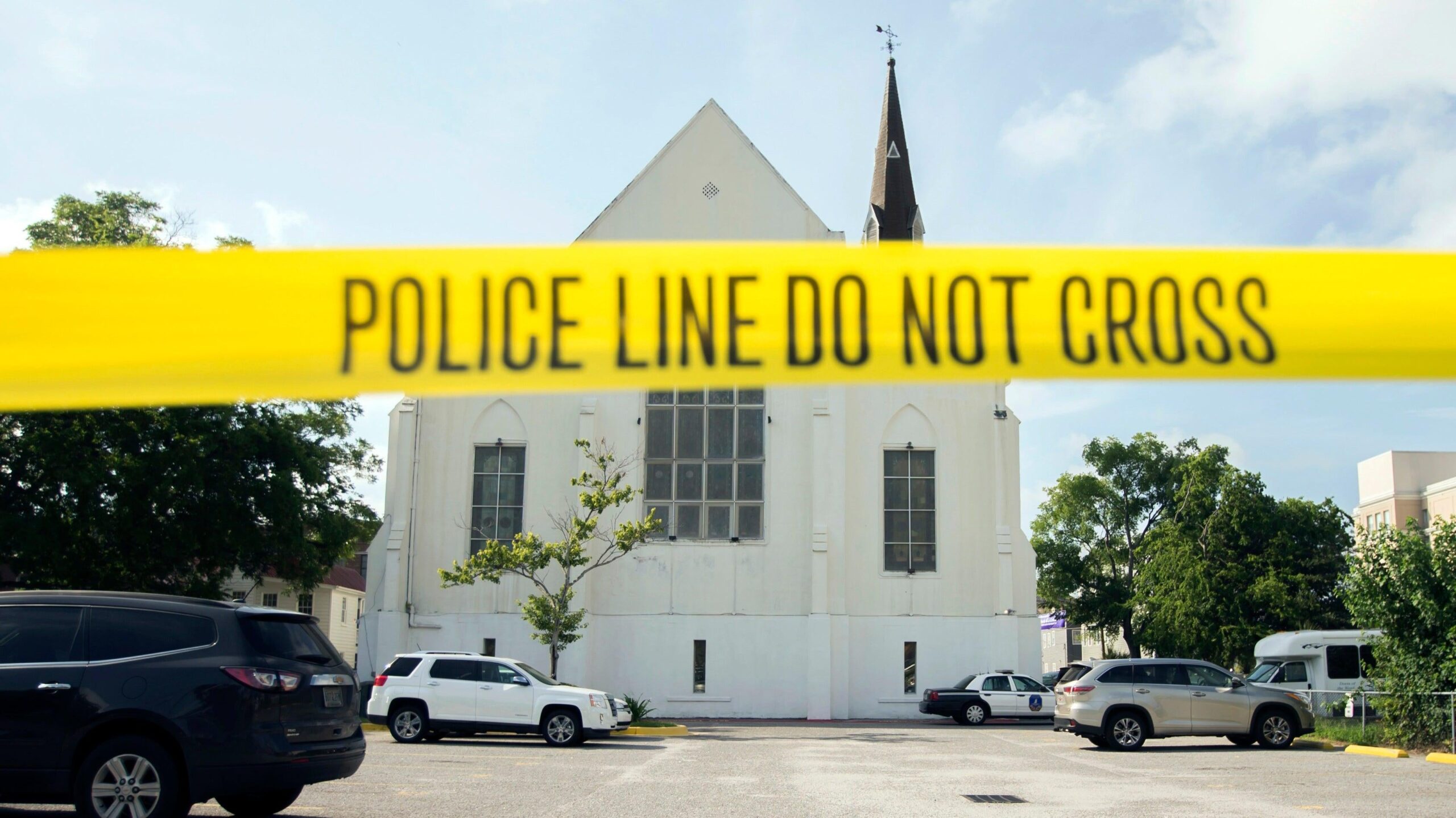
On June 17, 2015, white supremacist Dylan Roof shot and killed nine Black people inside Mother Emanuel African Methodist Church. Roof was given the death penalty for committing a federal hate crime.
2015: Sandra Bland & #SayHerName
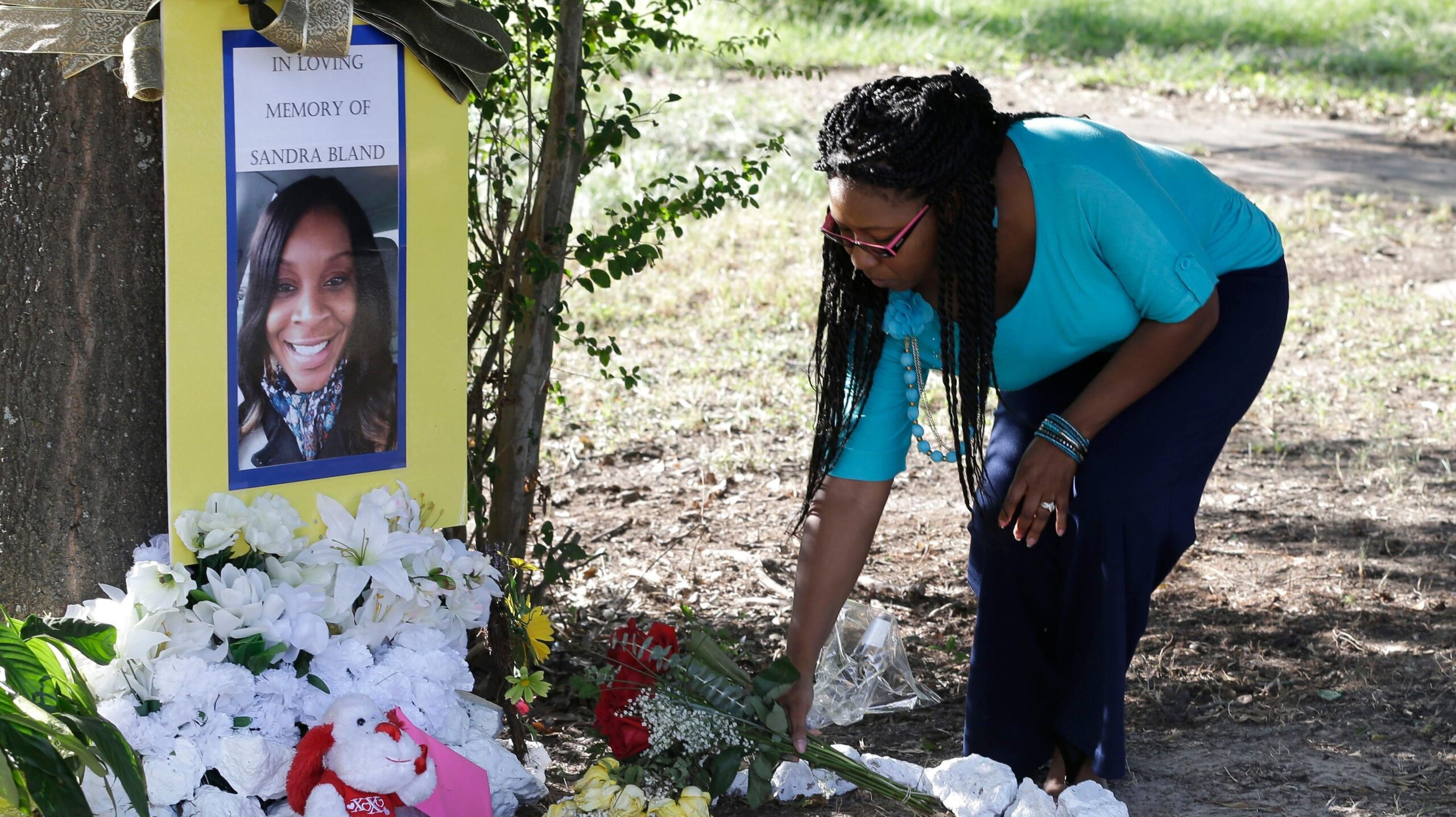
Sandra Bland was a 28-year old woman who was violently arrested at a traffic stop and later found hanging in her jail cell. The confusion surrounding her alleged suicide sparked outrage toward the police involved. Scholar and civil rights advocate Kimberlé Crenshaw began the Say Her Name campaign to spread awareness of the number of police brutality cases that involved Black women.
2016: The National Museum of African American History and Culture Opens in D.C.
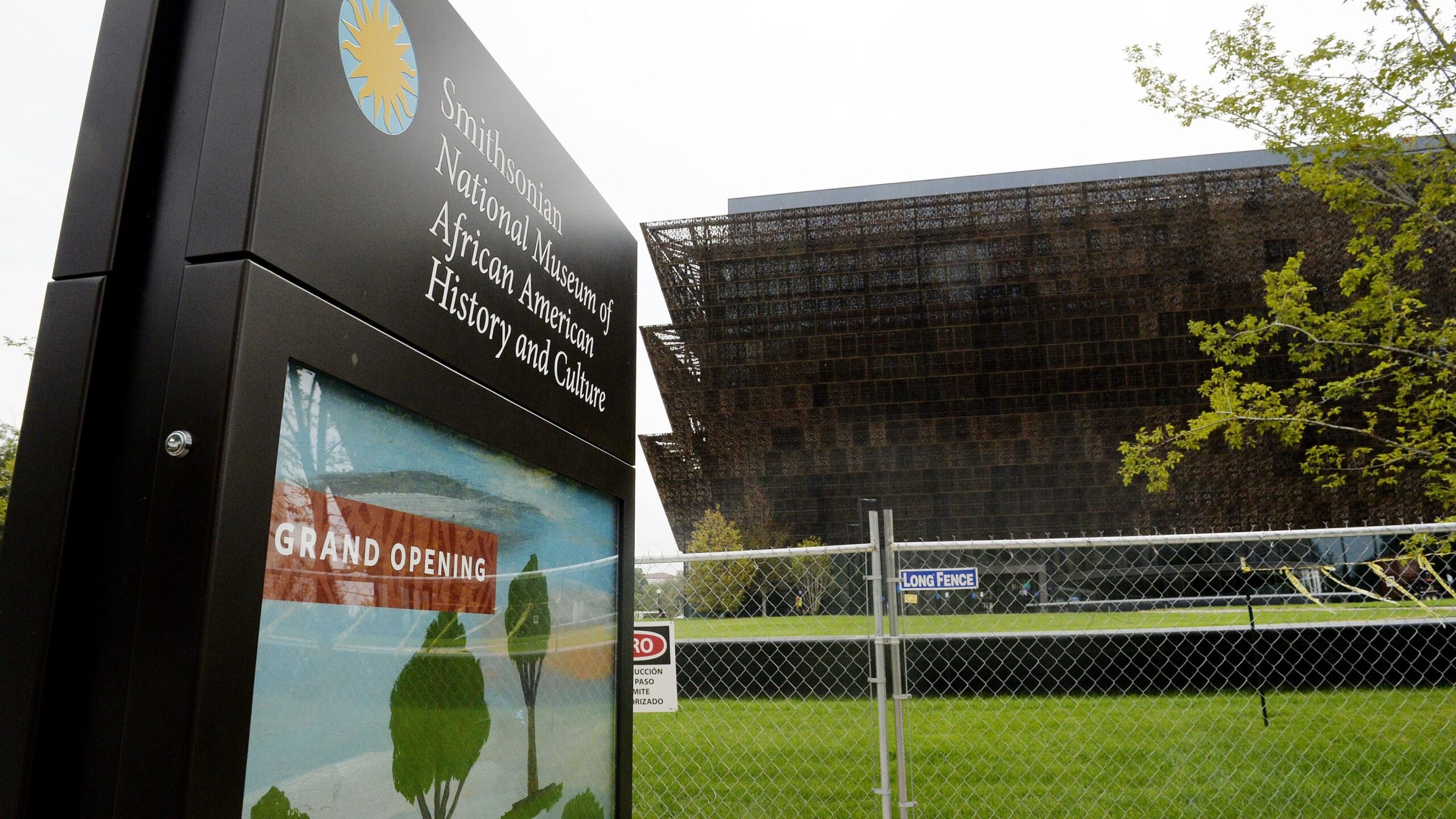
On September 14, 2016, The National Museum of African American History and Culture opens in Washington, D.C. holding a collection of the largest and most detailed documentation of the African American story.
2016: Philando Castile & Outrage Against the NRA
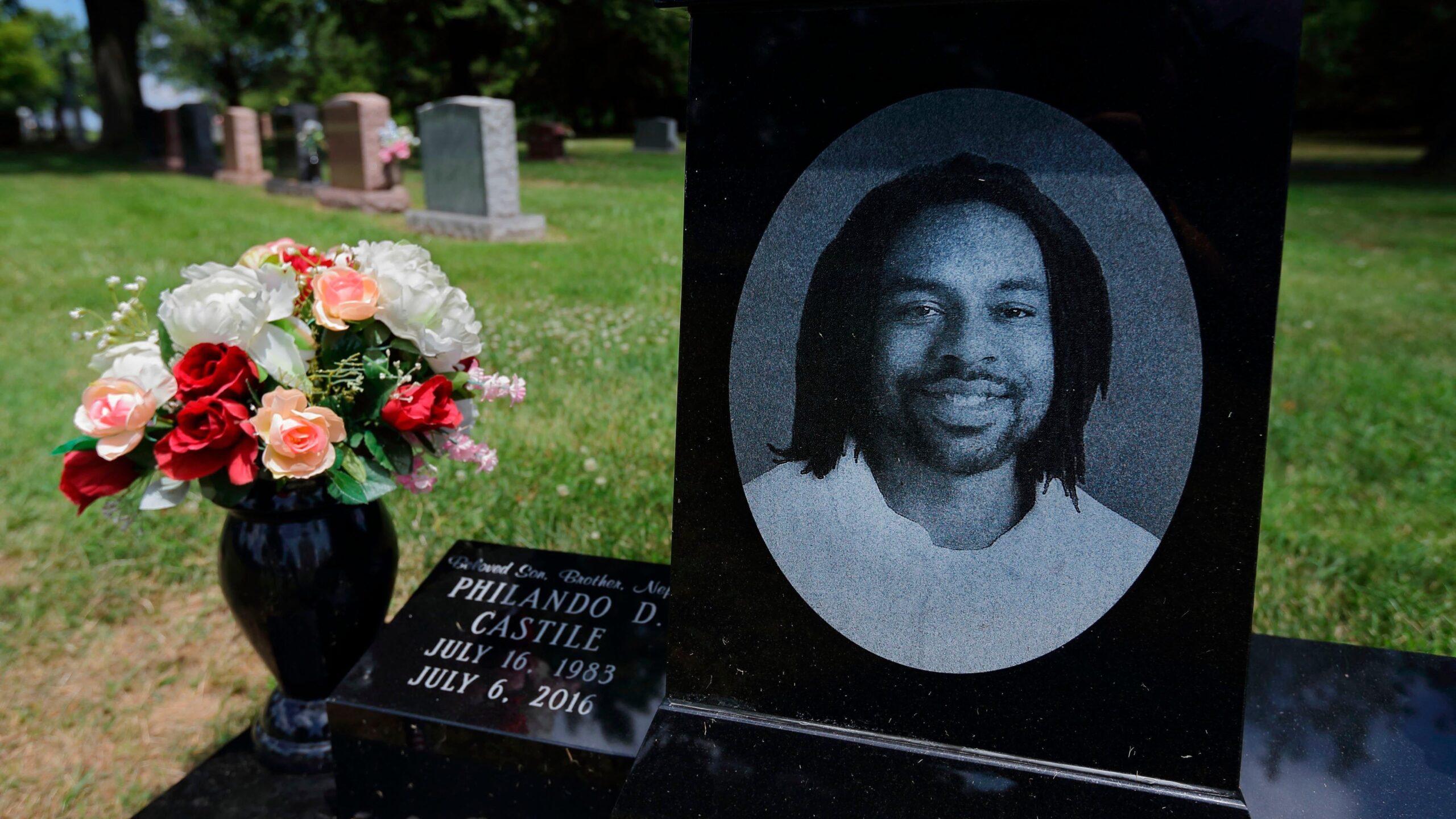
Philando Castile was pulled over with his girlfriend and 4-year-old daughter in the car for a traffic stop. When the officer asked for his license and registration, Castile notified the officer of his legally acquired firearm. The officer then fired shots into the car at Castile, with his girlfriend catching the killing on video. The NRA was reluctant to defend Castile’s right to own a gun and declined to comment on the matter.
2016: Colin Kaepernick Kneels
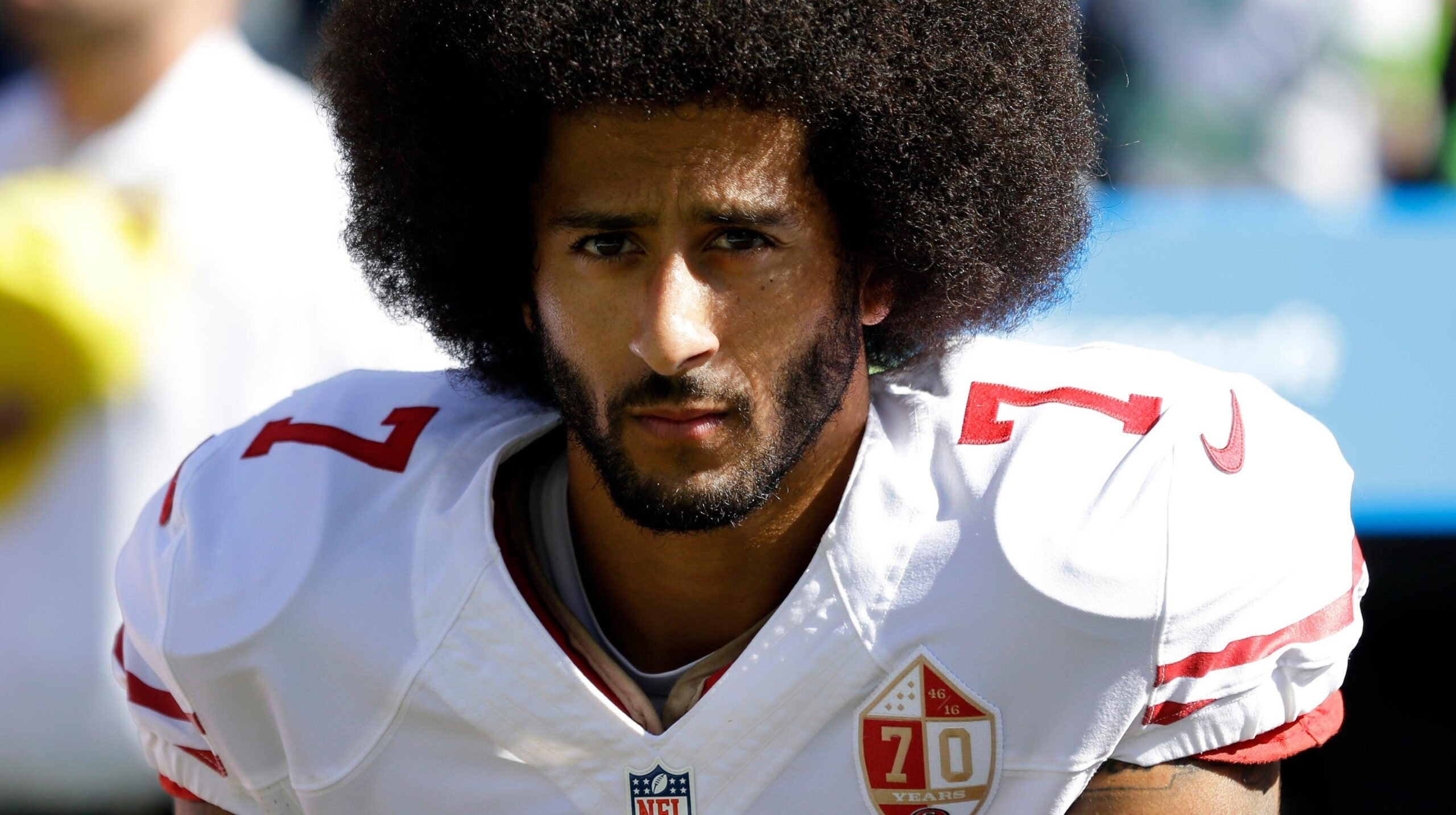
On Dec 16, 2016, former San Francisco 49ers quarterback Colin Kaepernick kneels for the national anthem. Kaepernick kneeled to peacefully protest racial injustice, sparking controversy but encouraging athletes across professional sports to follow suit and bring the conversation to the national stage.
2017: Amanda Gorman is named the first ever National Youth Poet Laureate of the United States.
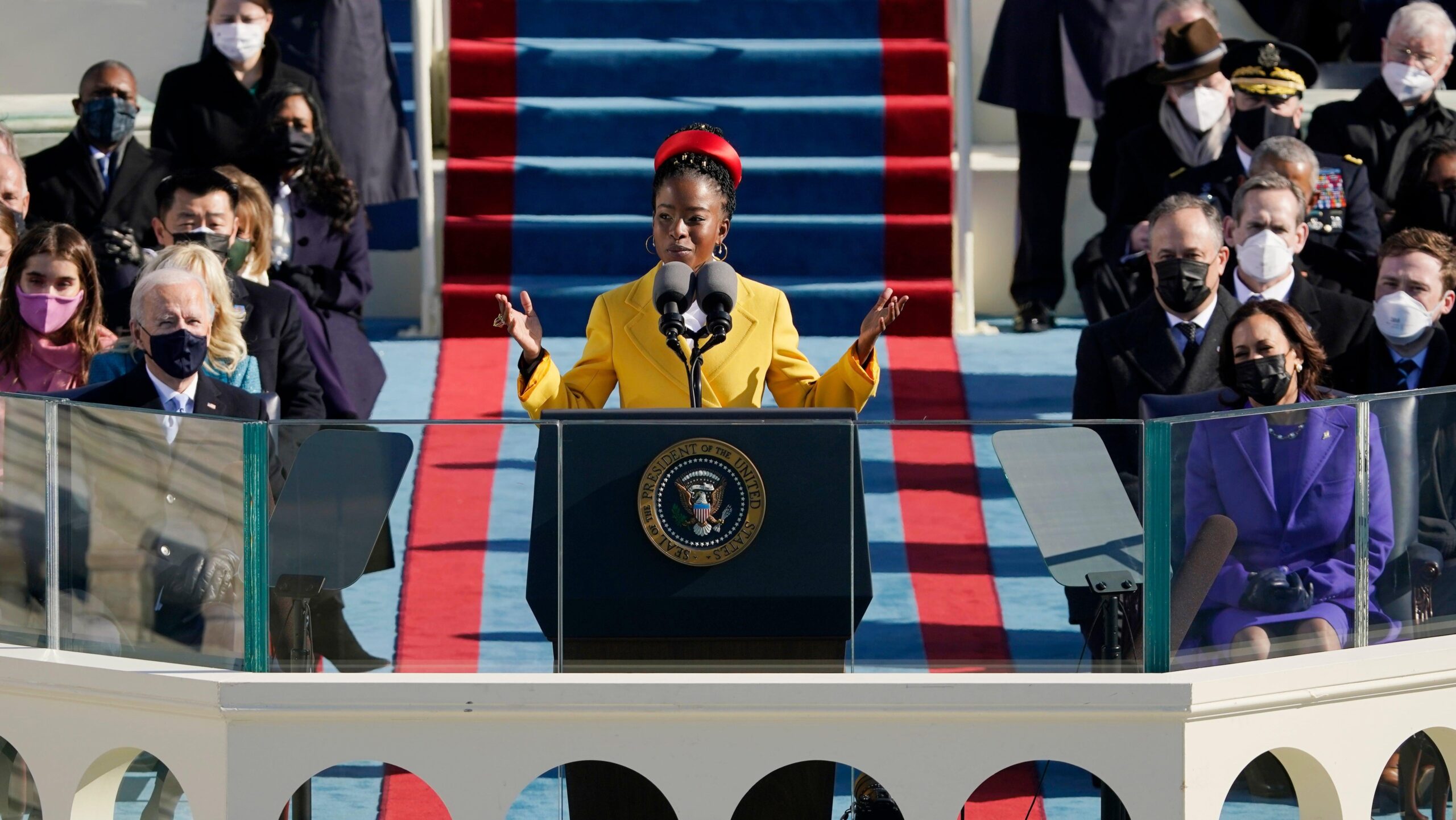
2017: Moonlight wins Best Picture at the 89th Academy Awards.
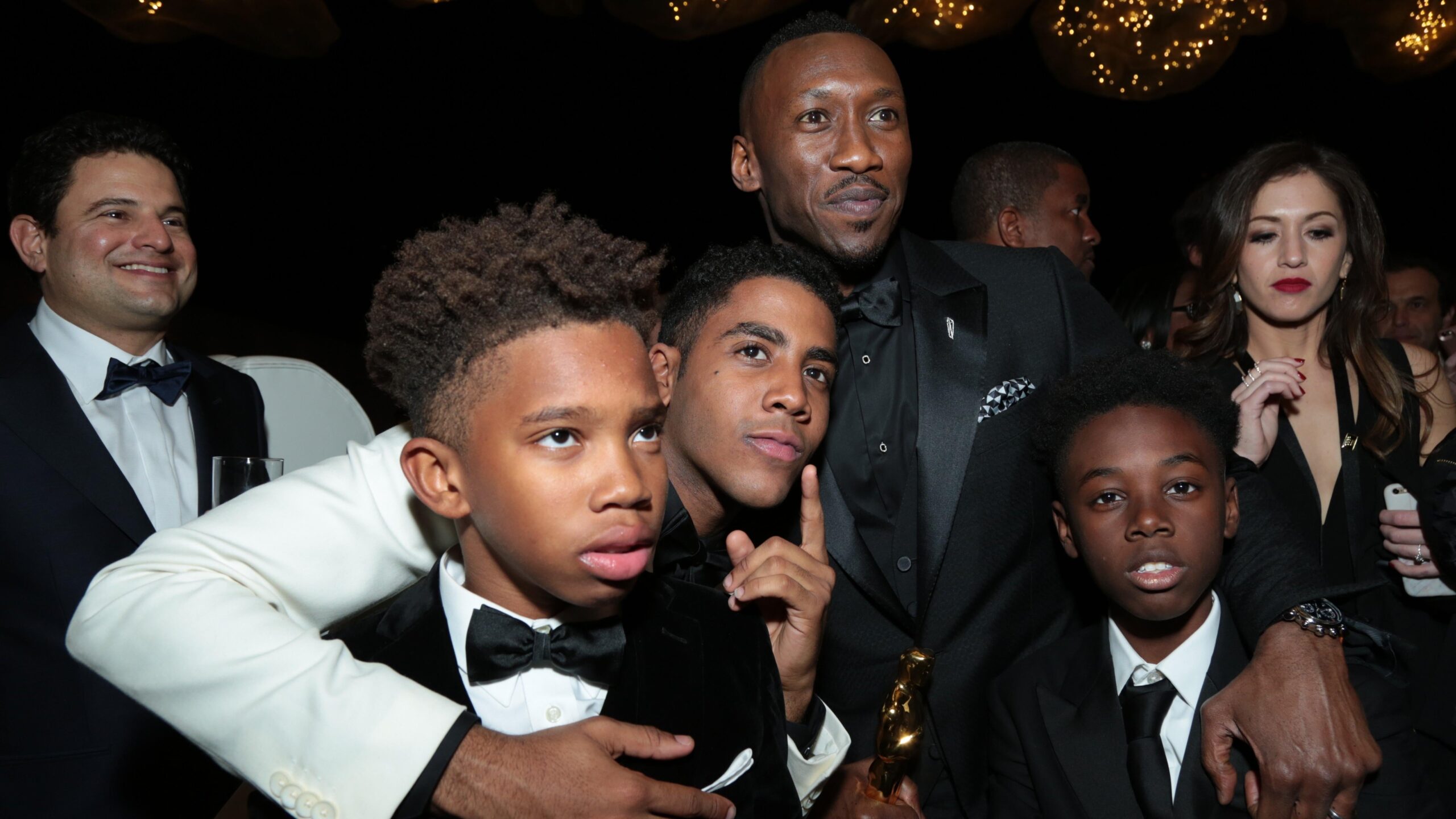
After the accidental announcement of La La Land to be the winner of Best Picture, the cast stepped aside once it was revealed the wrong envelope was opened sending a shockwave across the crowd. The Moonlight cast accepted their award and Mahershala Ali also became the first Muslim to win an Oscar as Best Supporting Actor.
2017: Get Out
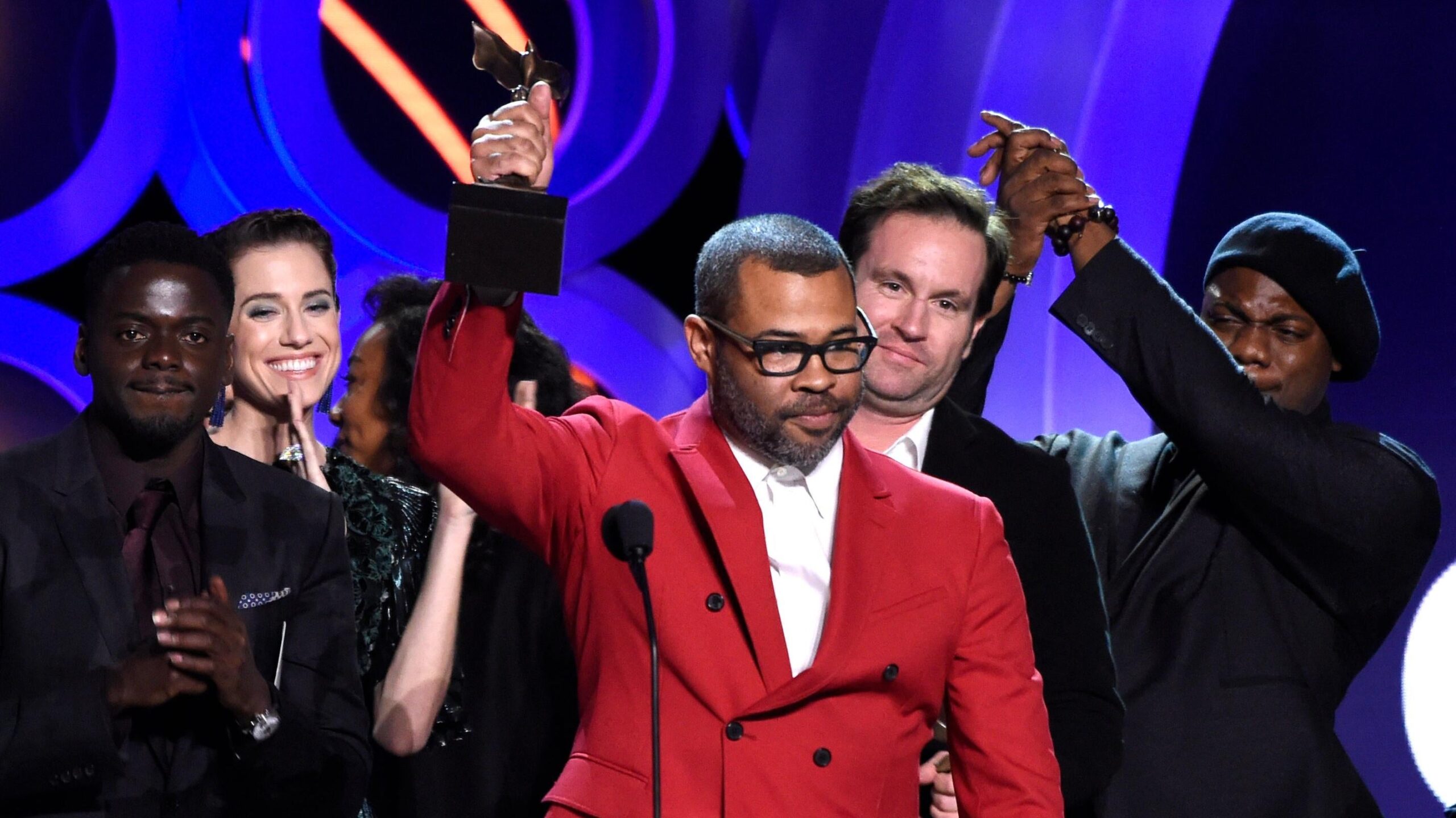
Get Out, a horror film by Jordan Peele, premiered rocketing to No. 1 at the box office, grossing almost $2 million.
2018: Black Panther
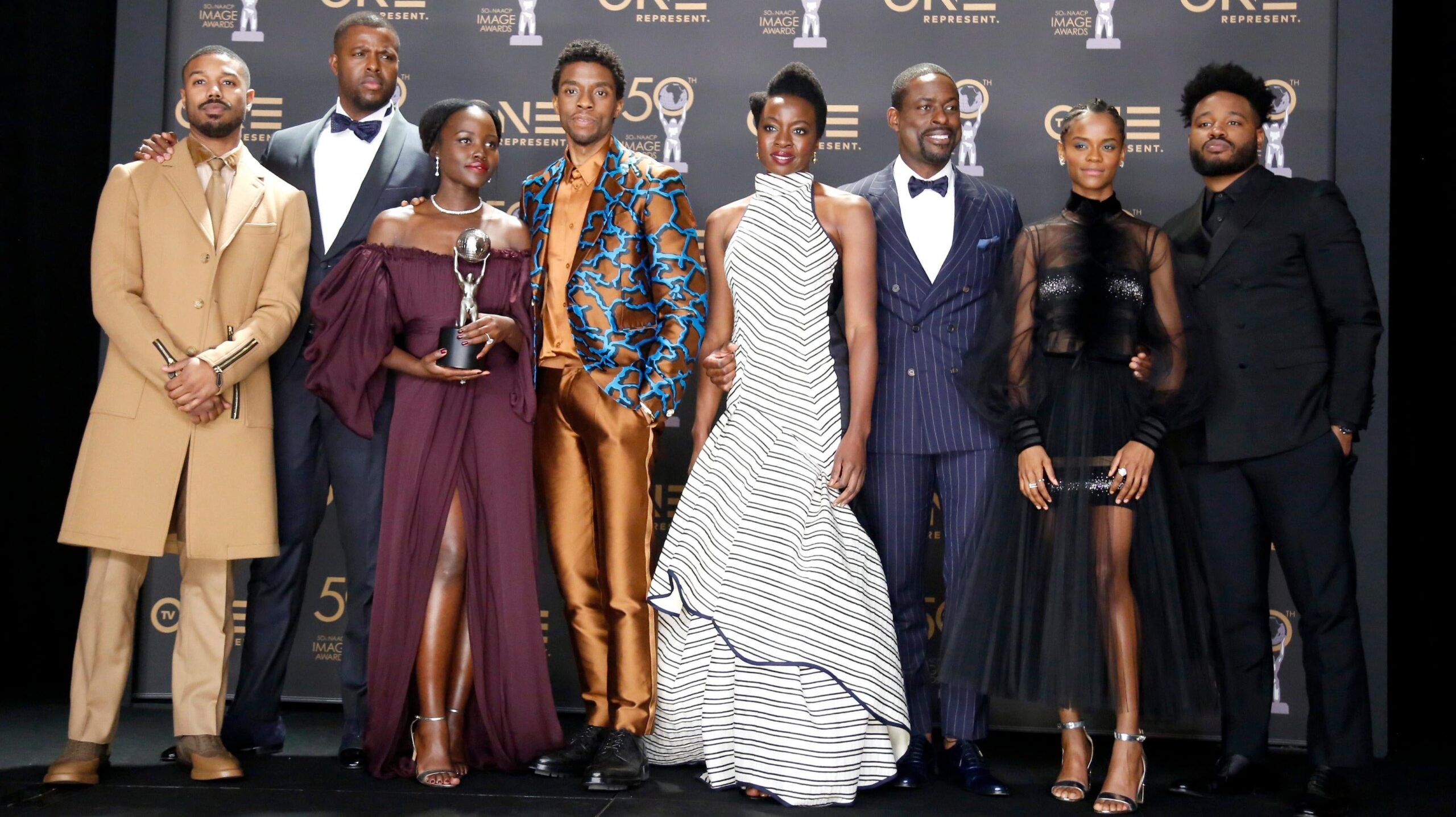
Marvel’s Black Panther set a new record with one of the largest opening weekends, earning nearly $200 million at the U.S. box office during its weekend debut.
2019: The New York Times Magazine publishes Nikole Hannah-Jones’ 1619 Project, reexamining America’s history by placing the ripple effects of slavery at the forefront.
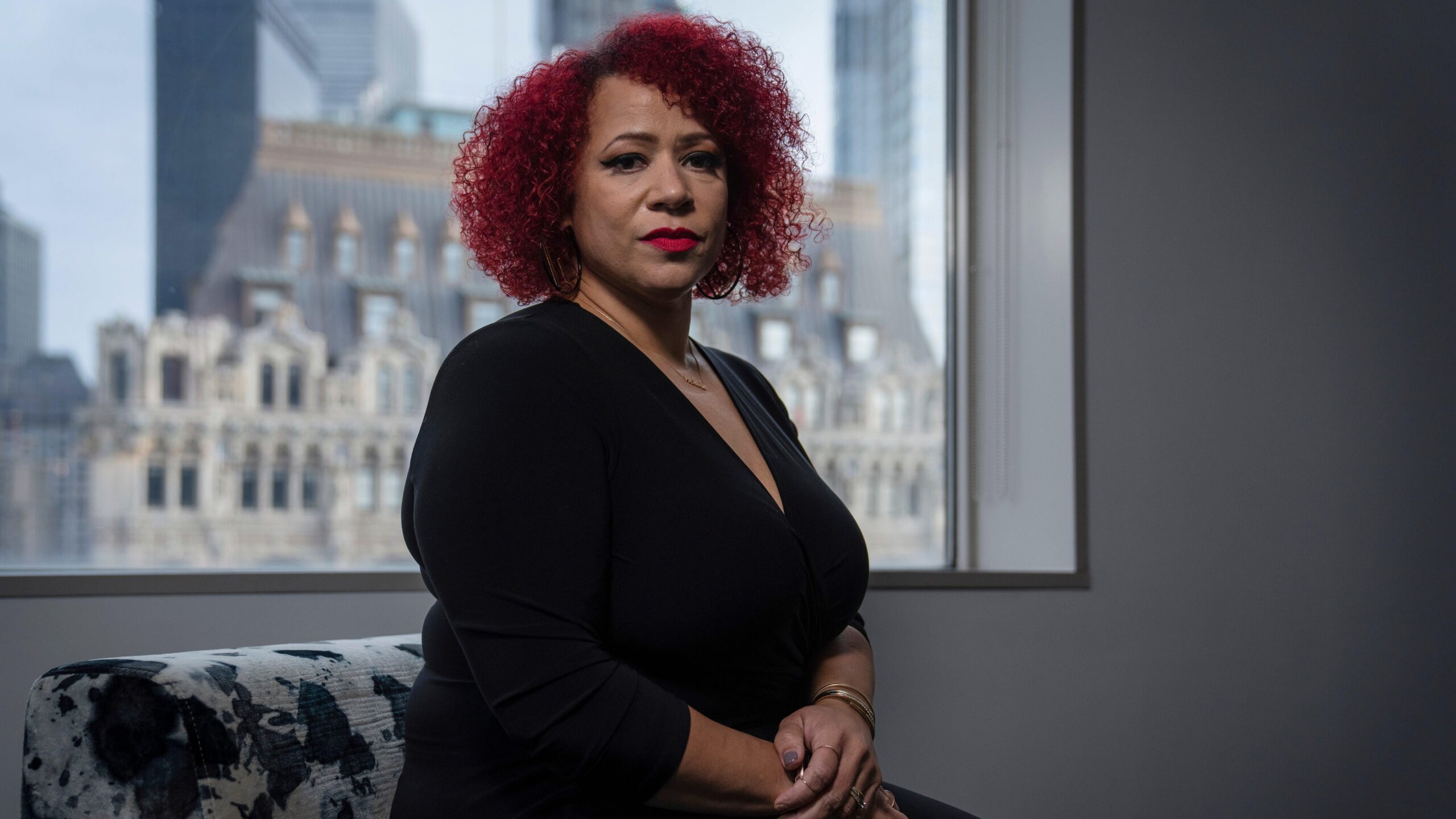
2020: Ahmaud Arbery Lynching
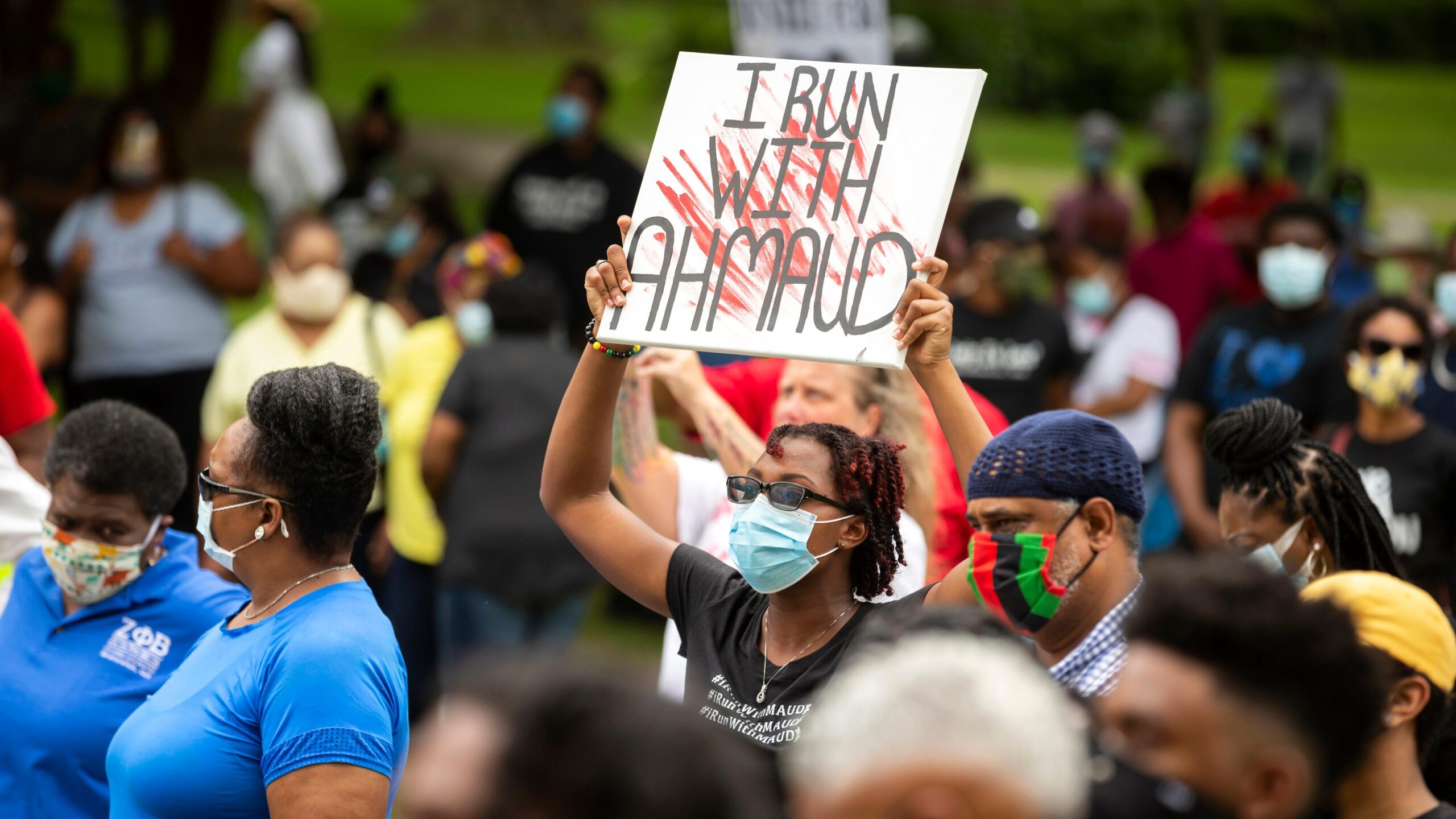
Ahmaud Arbery was targeted by three white men while jogging in a Georgia neighborhood. The men claimed they shot Arbery in self-defense while attempting to make a citizen’s arrest. All three were sentenced to life in prison.
2020: Breonna Taylor & the Call to End No Knock Warrants
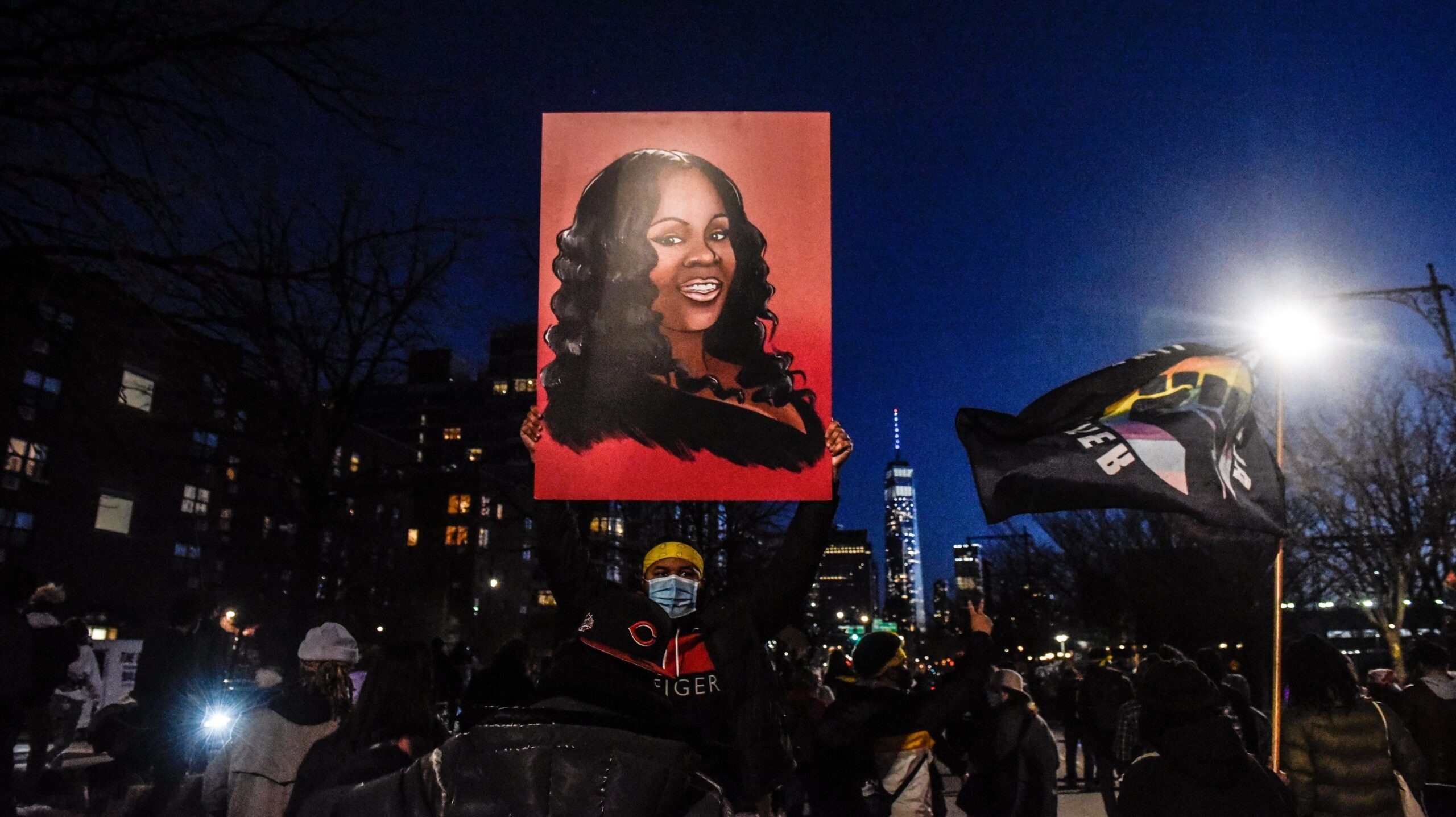
Breonna Taylor and her boyfriend Kenneth Walker were awakened in the middle of the night by a raid of unannounced police officers. Walker, thinking the police were intruders fired a warning shot toward the front door to which officers responded by firing 32 bullets into the apartment, 6 of them hitting Taylor and killing her. The outrage from her murder rekindled protests and the #SayHerName movement.
2020: George Floyd & the Summer of Unrest
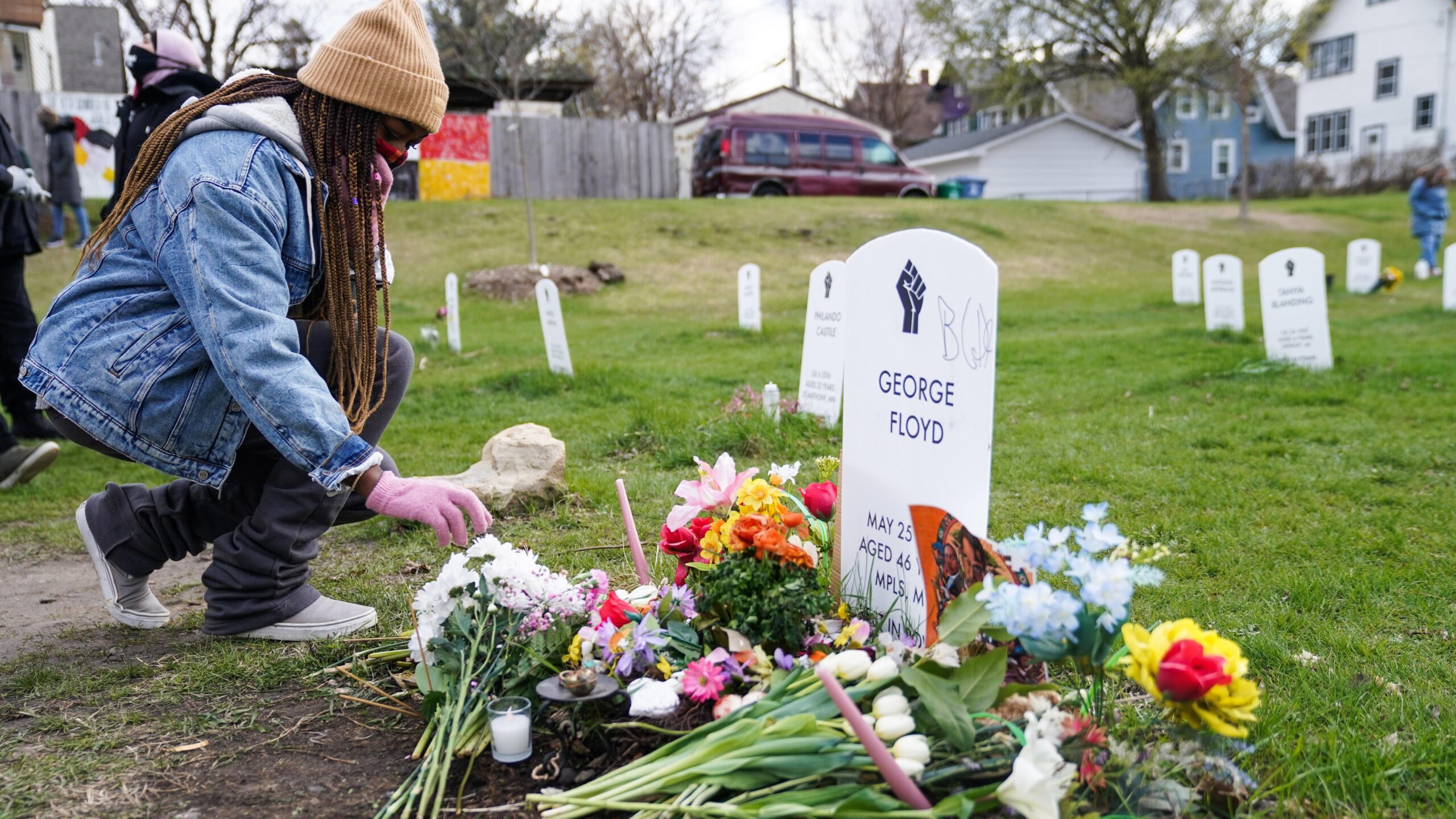
Derek Chauvin stopped George Floyd as he was leaving a convenience store to arrest him for using an alleged counterfeit $20 bill. Chauvin and three other officers pinned Floyd to the ground, with Chauvin kneeling on Floyd’s neck for more than 8 minutes, killing him while bystanders recorded the incident on the sidewalk. The video circulated social media sparking outrage globally as people left their quarantine from the coronavirus to protest against police brutality.
2020: Jacob Blake & the Kenosha Riots
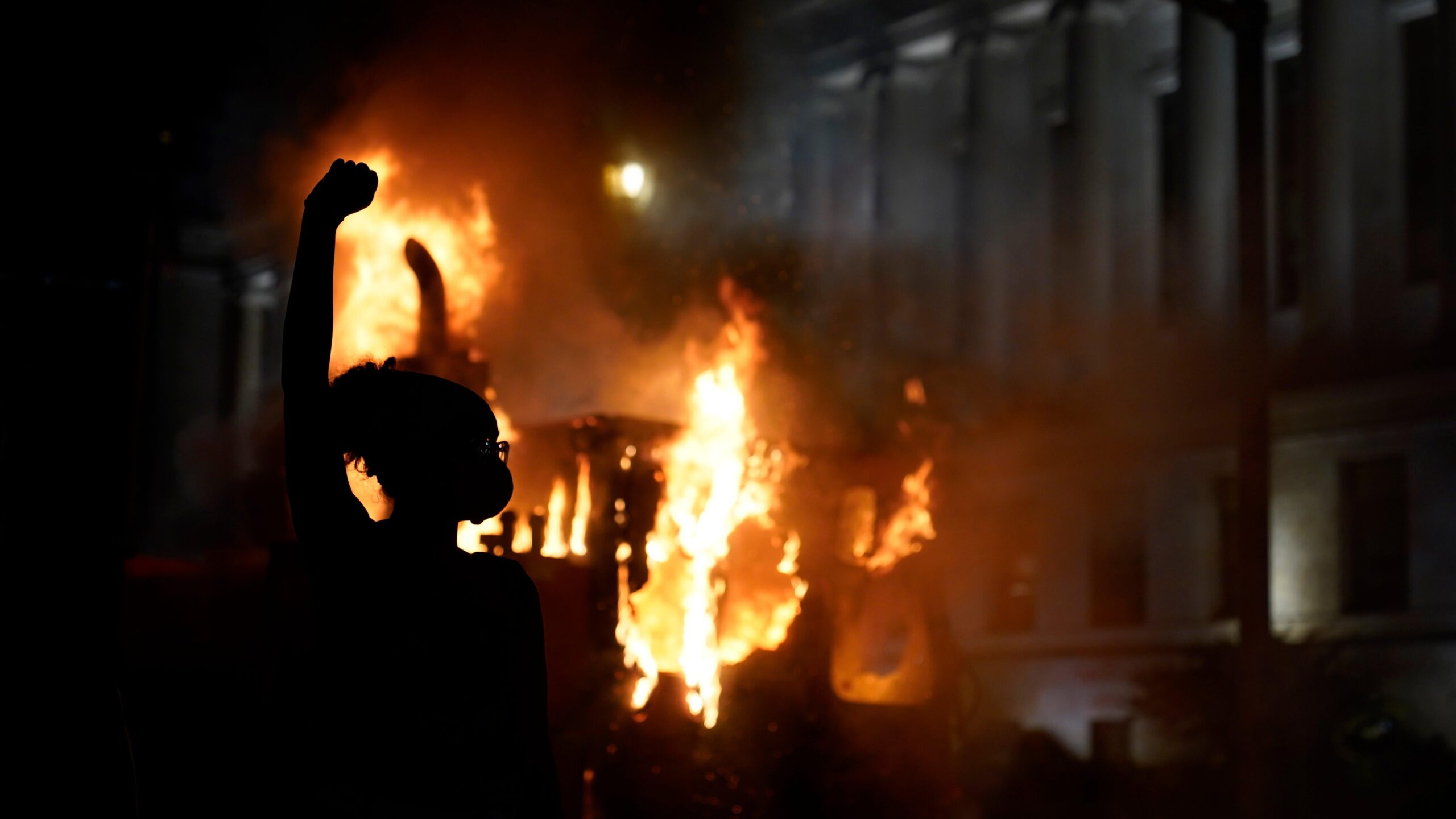
Kenosha County officers pulled over Jacob Blake with a warrant for his arrest. During the interaction, Blake was shot several times in the back. During protests following the shooting, two people were killed and one was injured by teenager Kyle Rittenhouse who crossed county lines to counter-protest while armed with an assault rifle.
2021: Juneteenth becomes federal holiday under U.S. President Joe Biden.
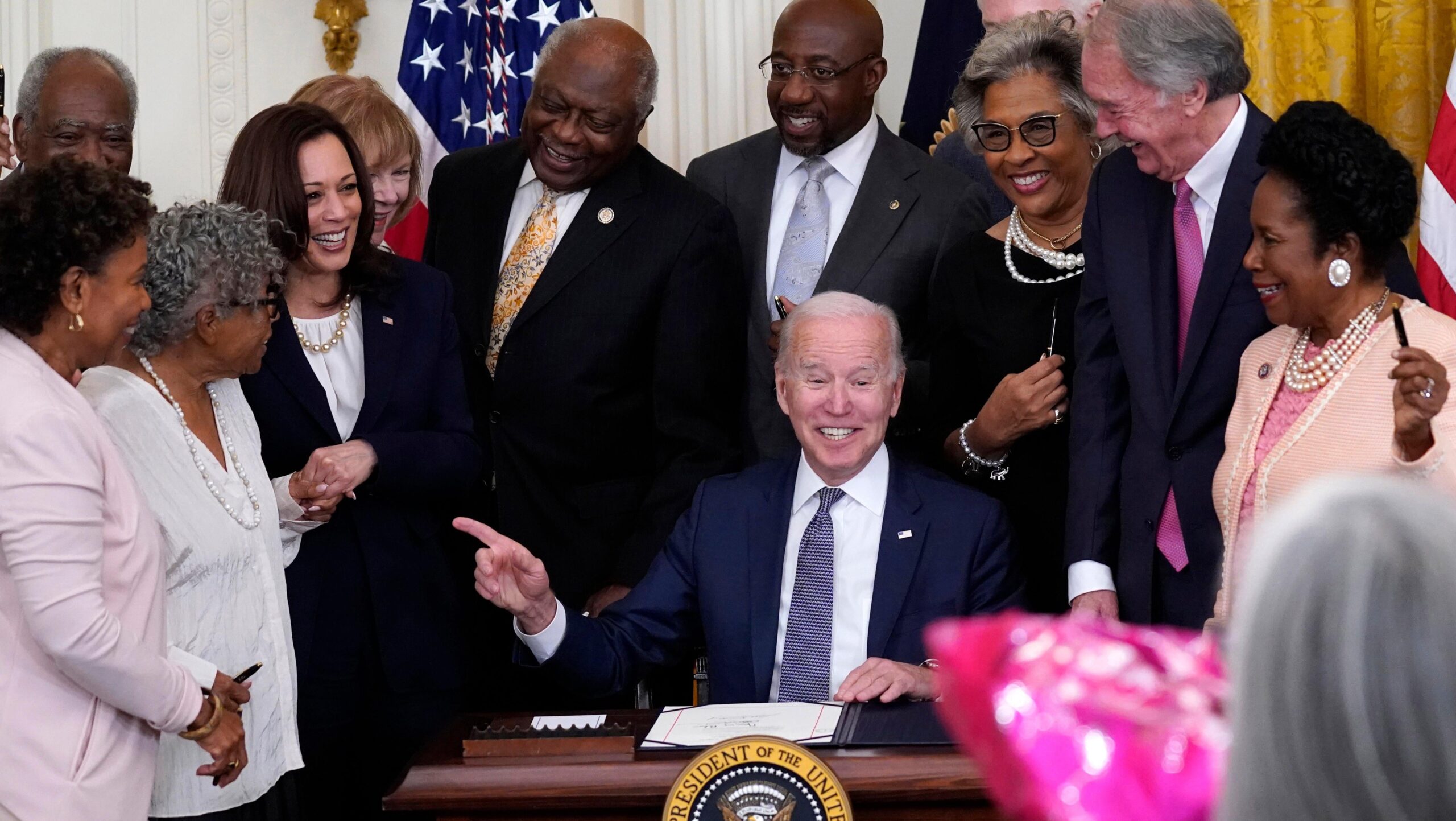
2021: <a href=”https://www.theroot.com/its-joe-biden-vp-kamala-harris-fires-back-at-notion-1848246311″>Kamala Harris Becomes the First Woman and First Black US Vice President</a>
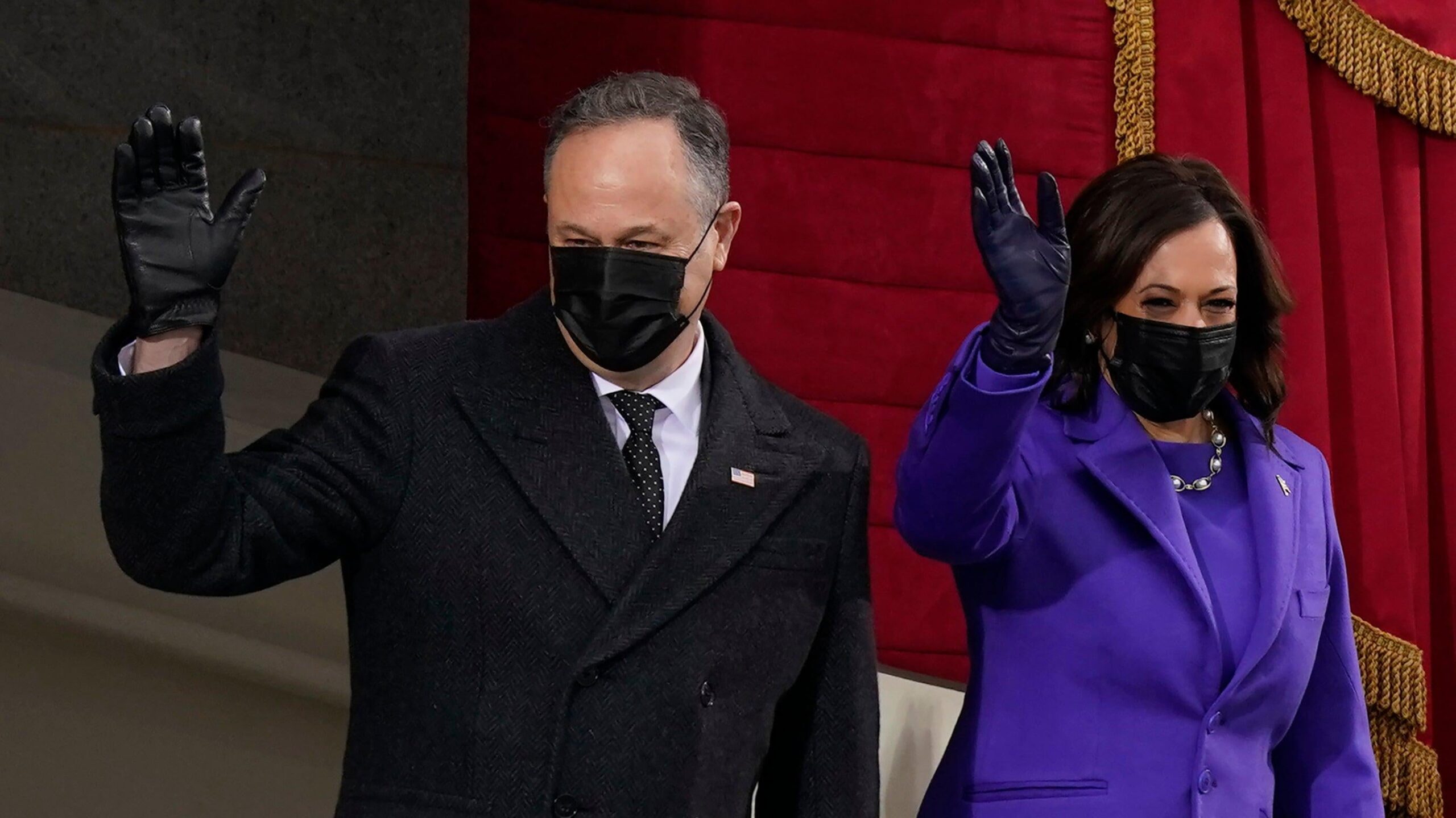
2021: Daunte Wright Protests
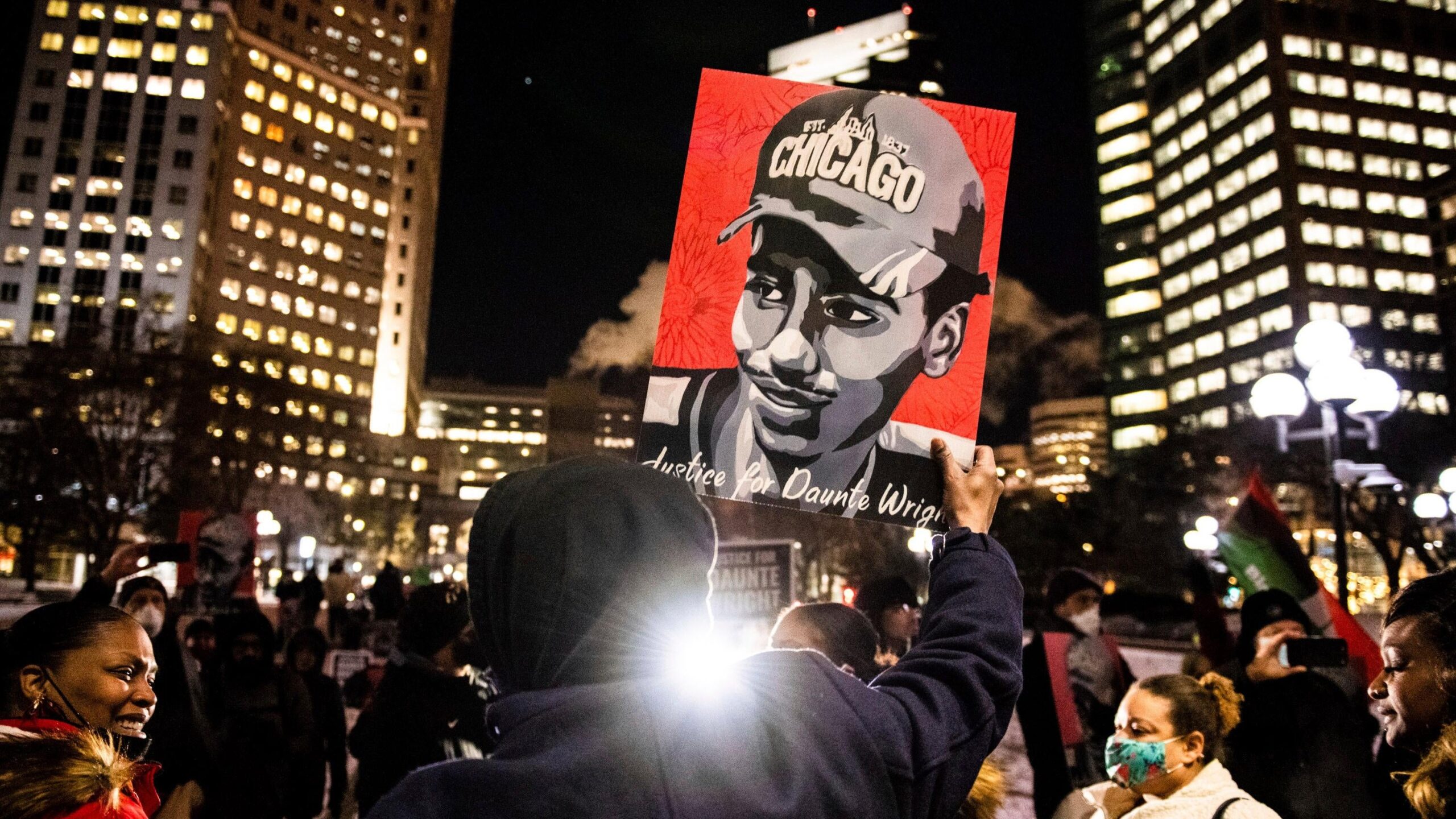
Minnesota police officer Kimberly Potter mistook her gun for a taser during a traffic stop, fatally shooting Daunte Wright in his car. Potter was charged and convicted of first and second-degree manslaughter.
2022: Brittney Griner imprisoned in Russia and released
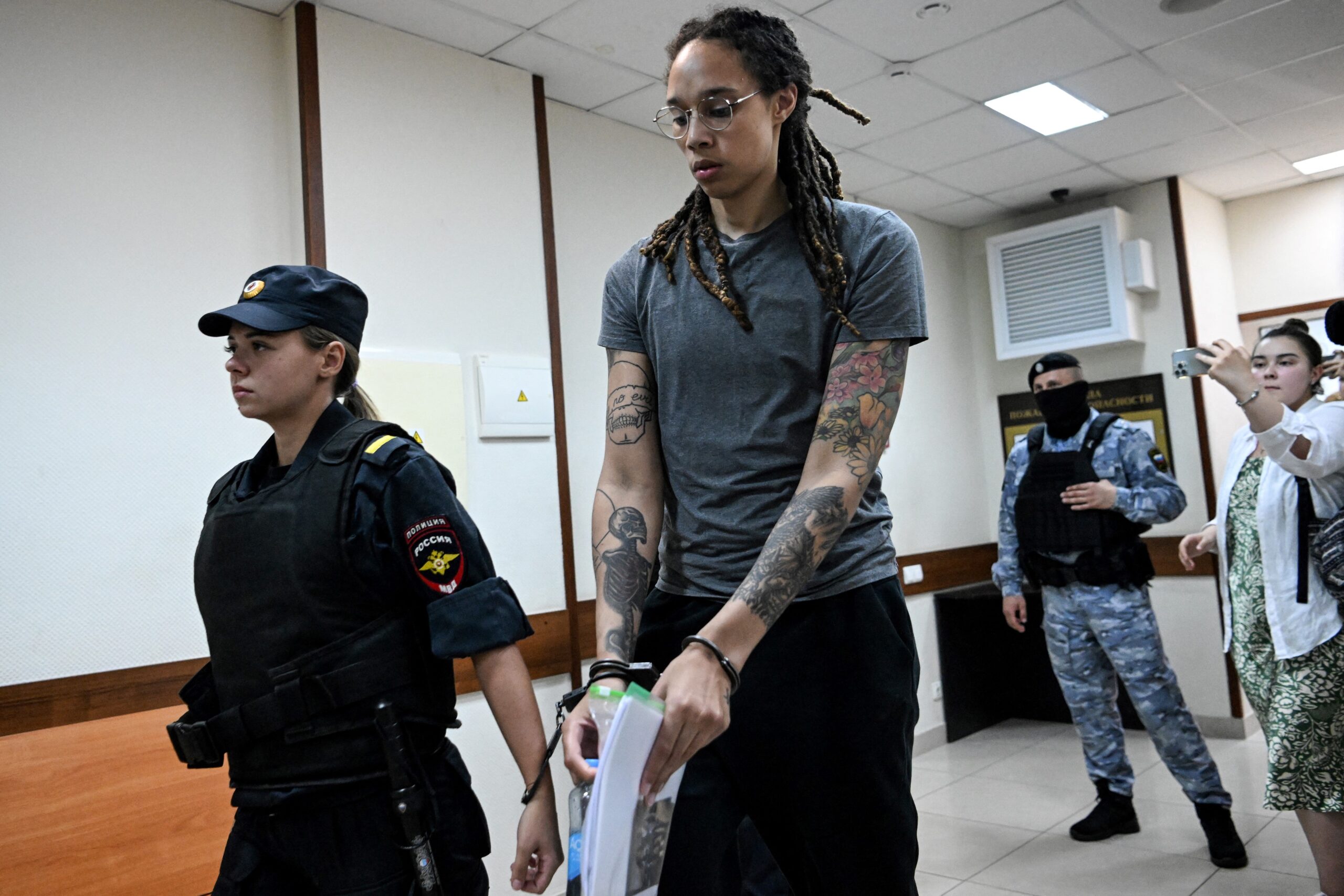
WNBA star Brittney Griner was wrongfully detained in Russia in February on smuggling charges. She was kept in the country for nearly one year but was released via prisoner swap in December 2022.
2022: Roe v. Wade Overturned

The Supreme Court officially overturned Roe v. Wade in June 2022, allowing states to ban abortions.
2022: Ketanji Brown Jackson sworn in
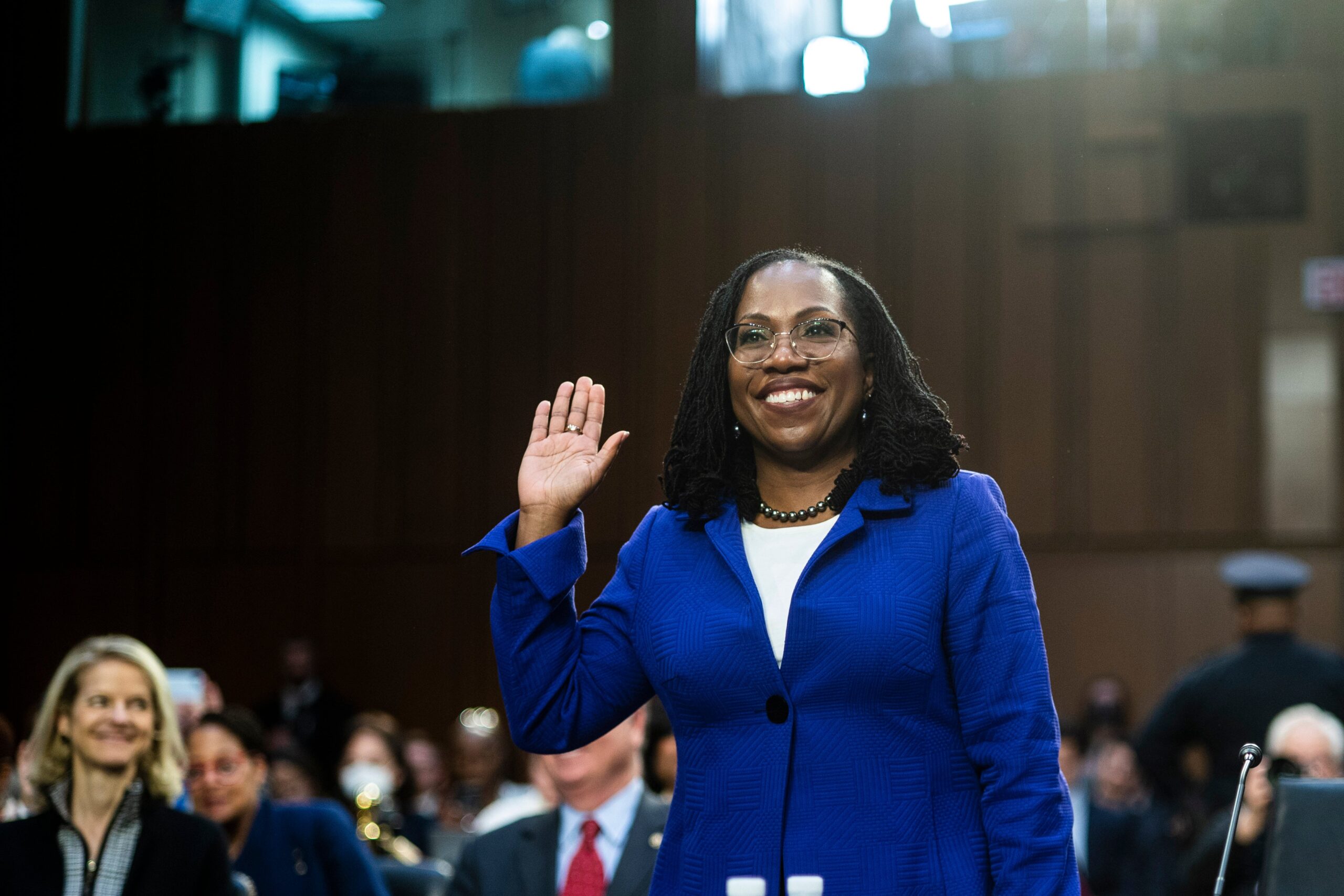
Ketanji Brown Jackson sworn in as the first Black woman to serve as a Supreme Court Justice.
2023: 50th Anniversary of Hip Hop
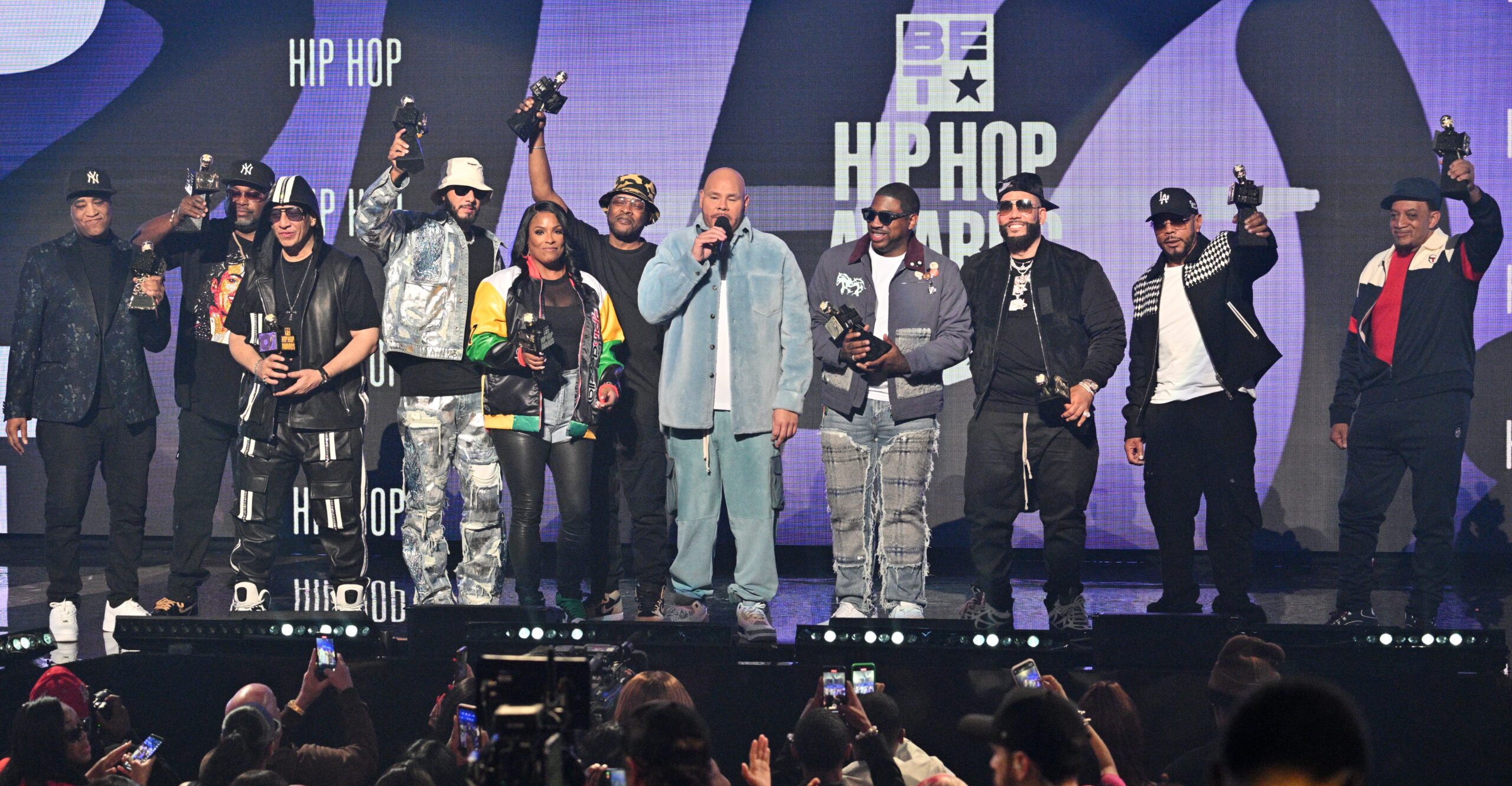
2023: Beyoncé makes history with most Grammy Awards
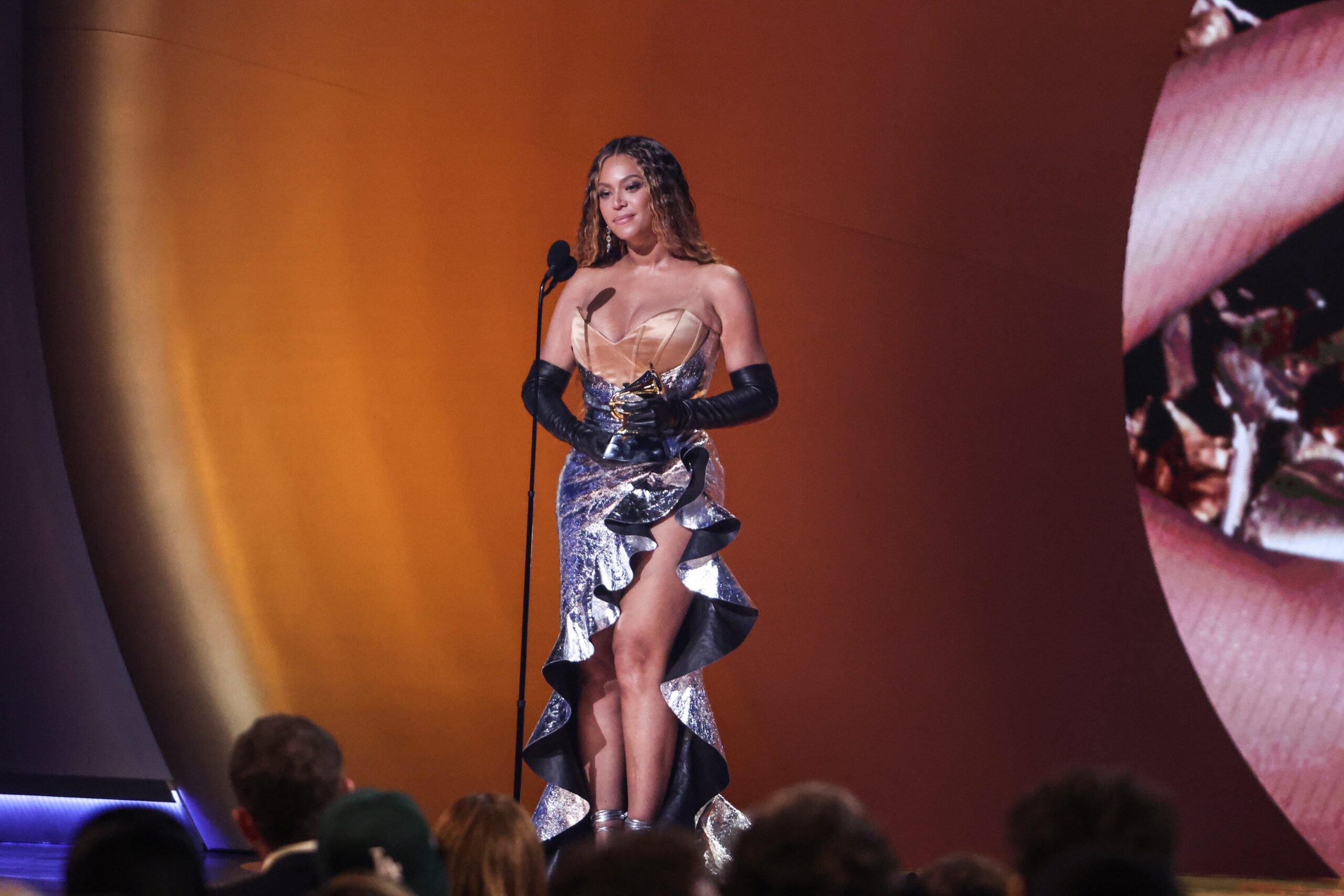
Beyoncé’s “Renaissance” album helped her to beat the record of the most Grammy trophies in history, with 32 overall. She also became the first Black woman to win an award for the Best Dance/Electronic Album.
2023: 16-year-old Ralph Yarl shot
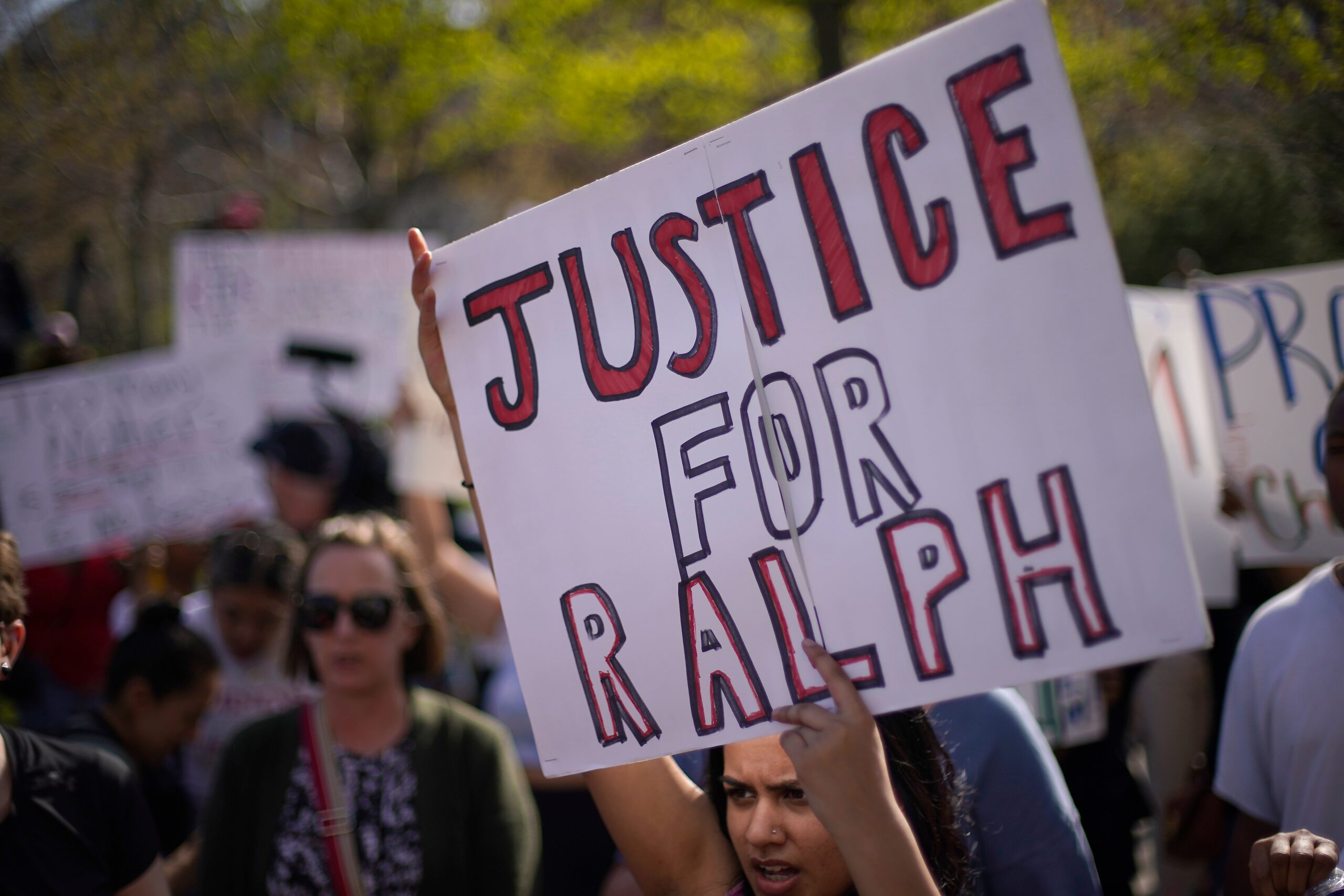
Ralph Yarl, 16, was shot twice by an 84-year-old white man after arriving at the wrong house to pick up his little siblings.
2024: Dr. Claudine Gay resigns from Harvard

Harvard University President Claudine Gay, the first Black woman to hold the position, resigned in January after being accused of plagiarism and a controversial antisemitism hearing.
Straight From 
Sign up for our free daily newsletter.




